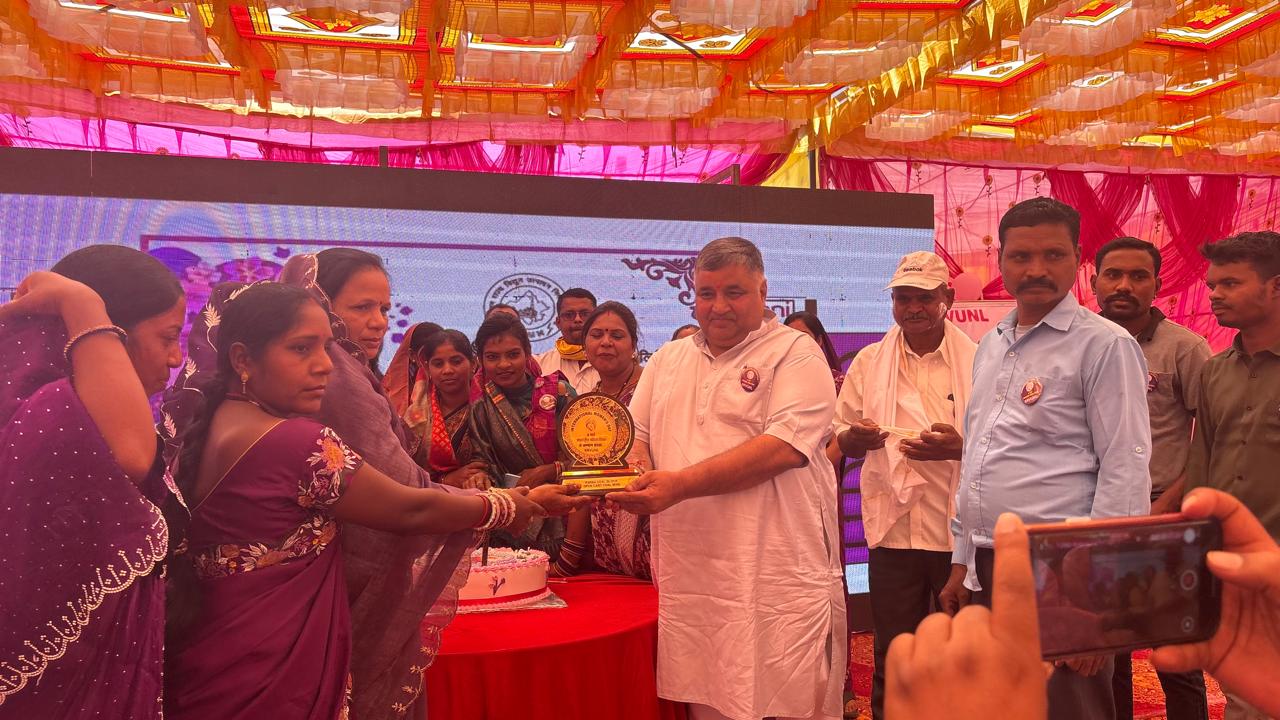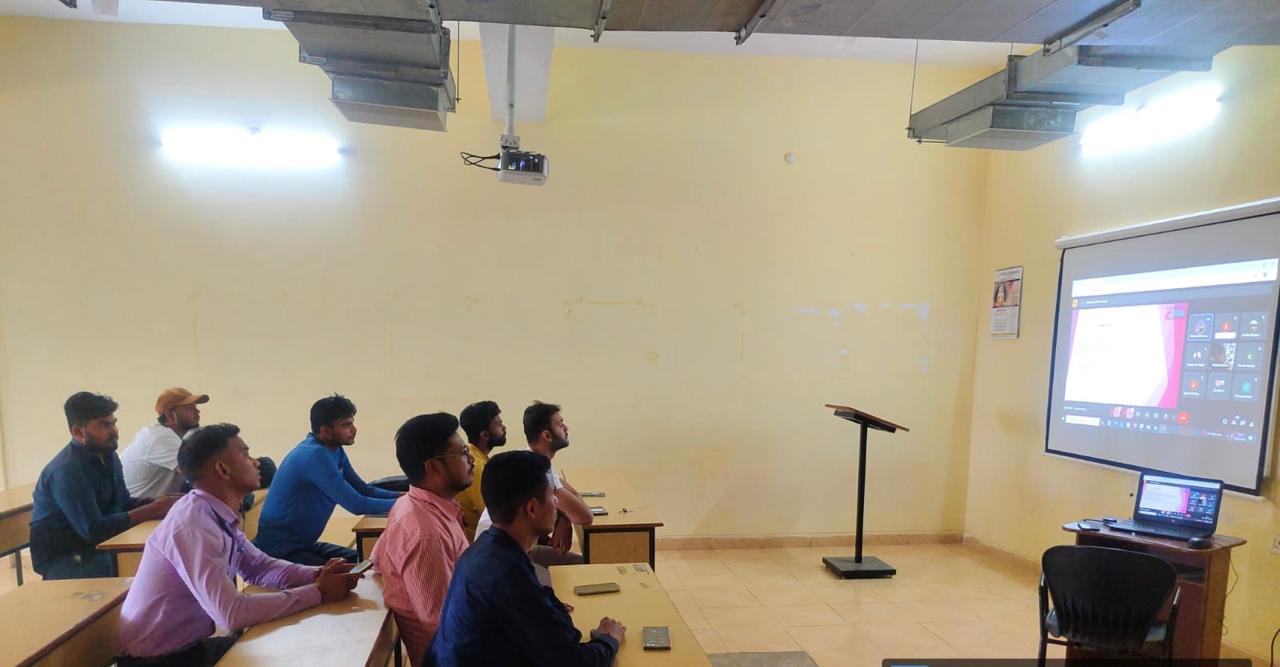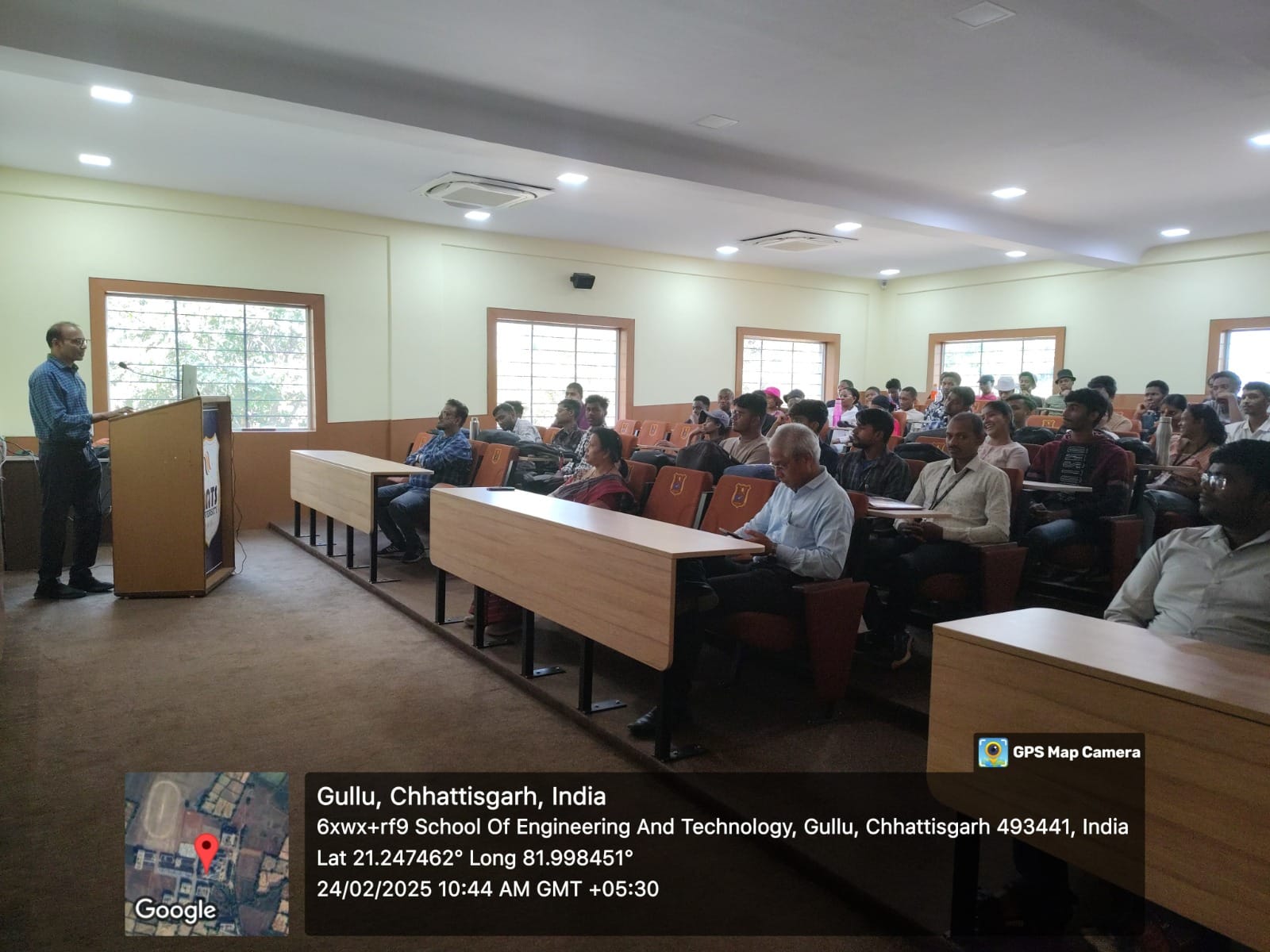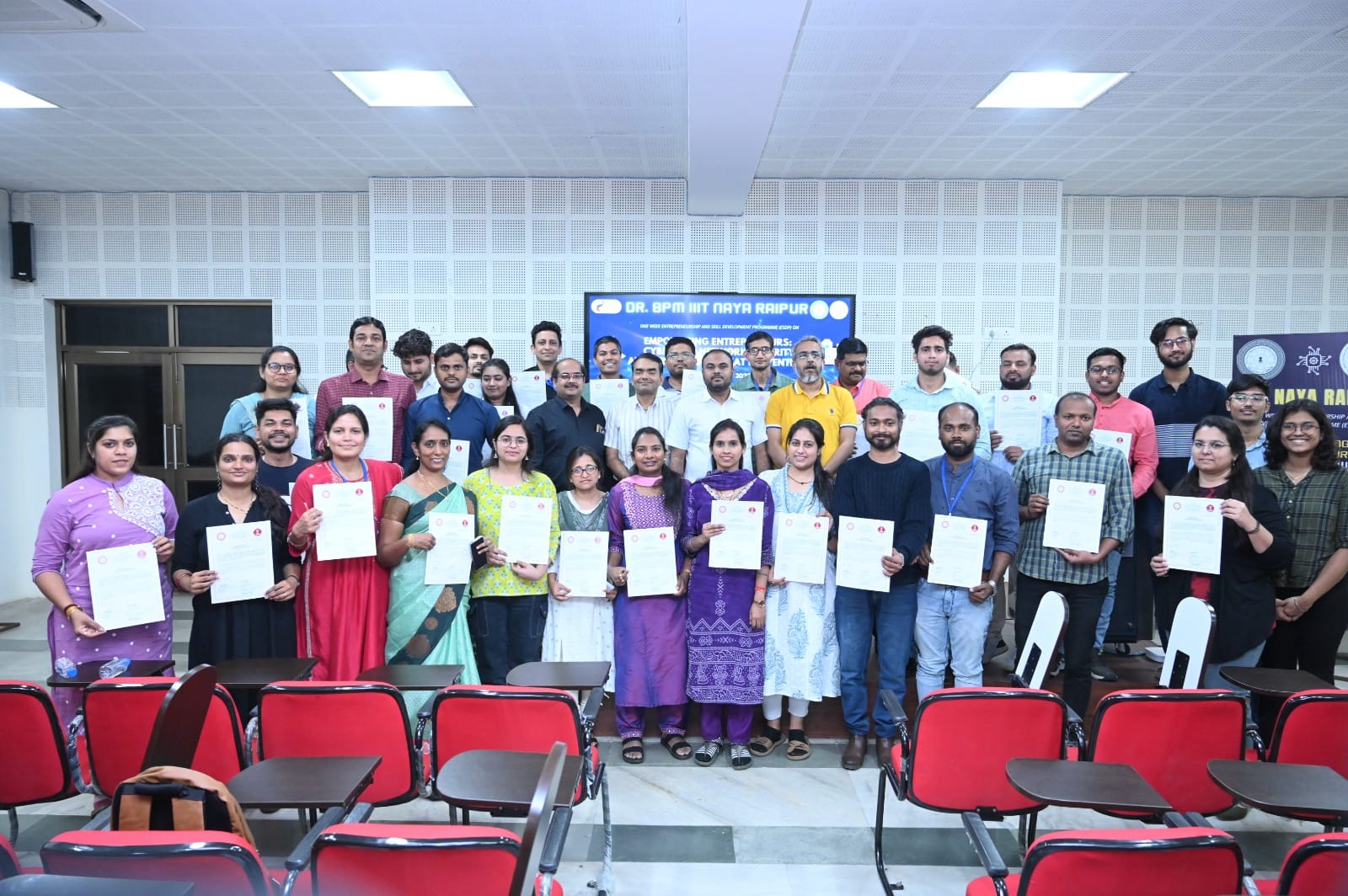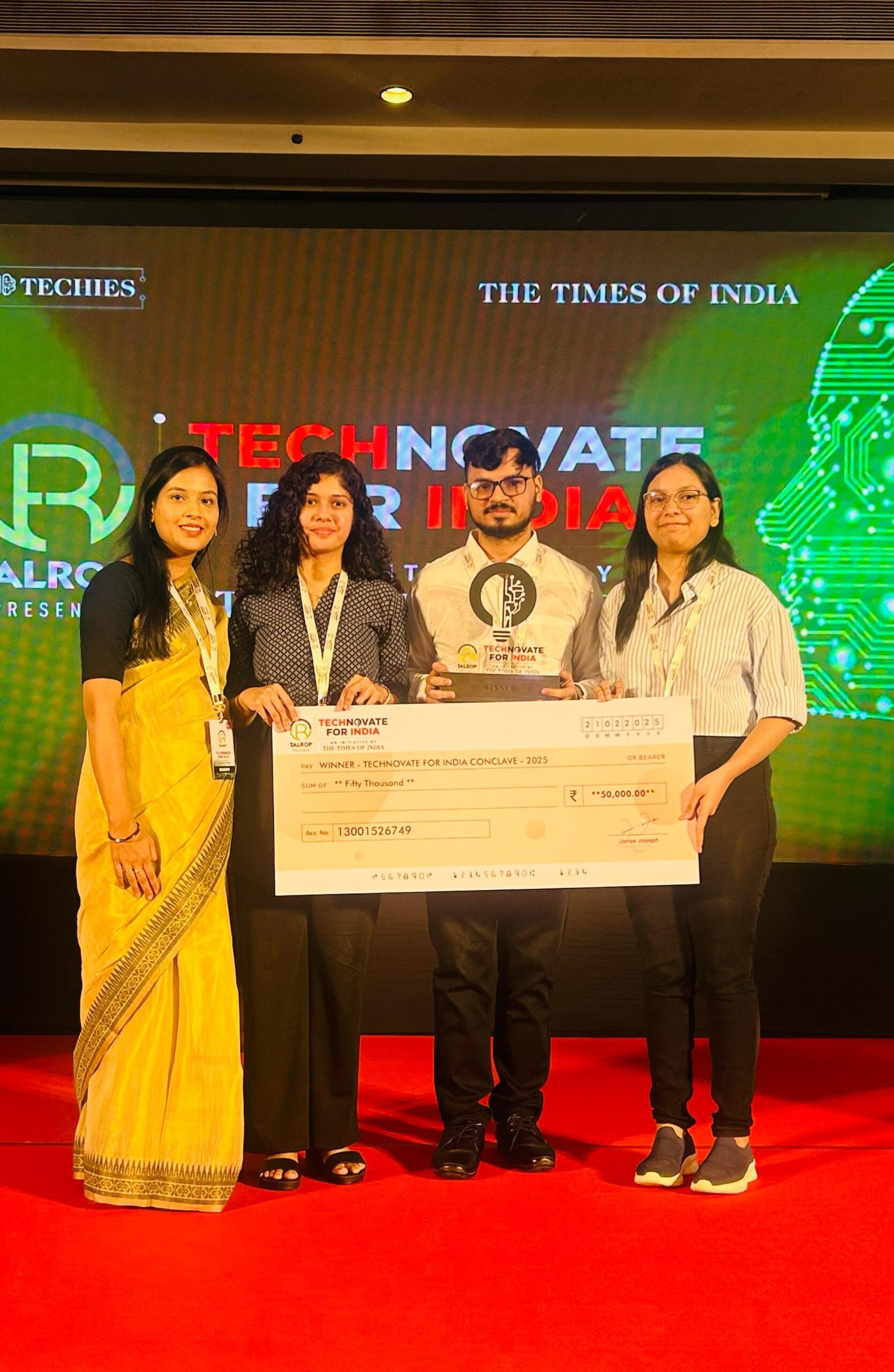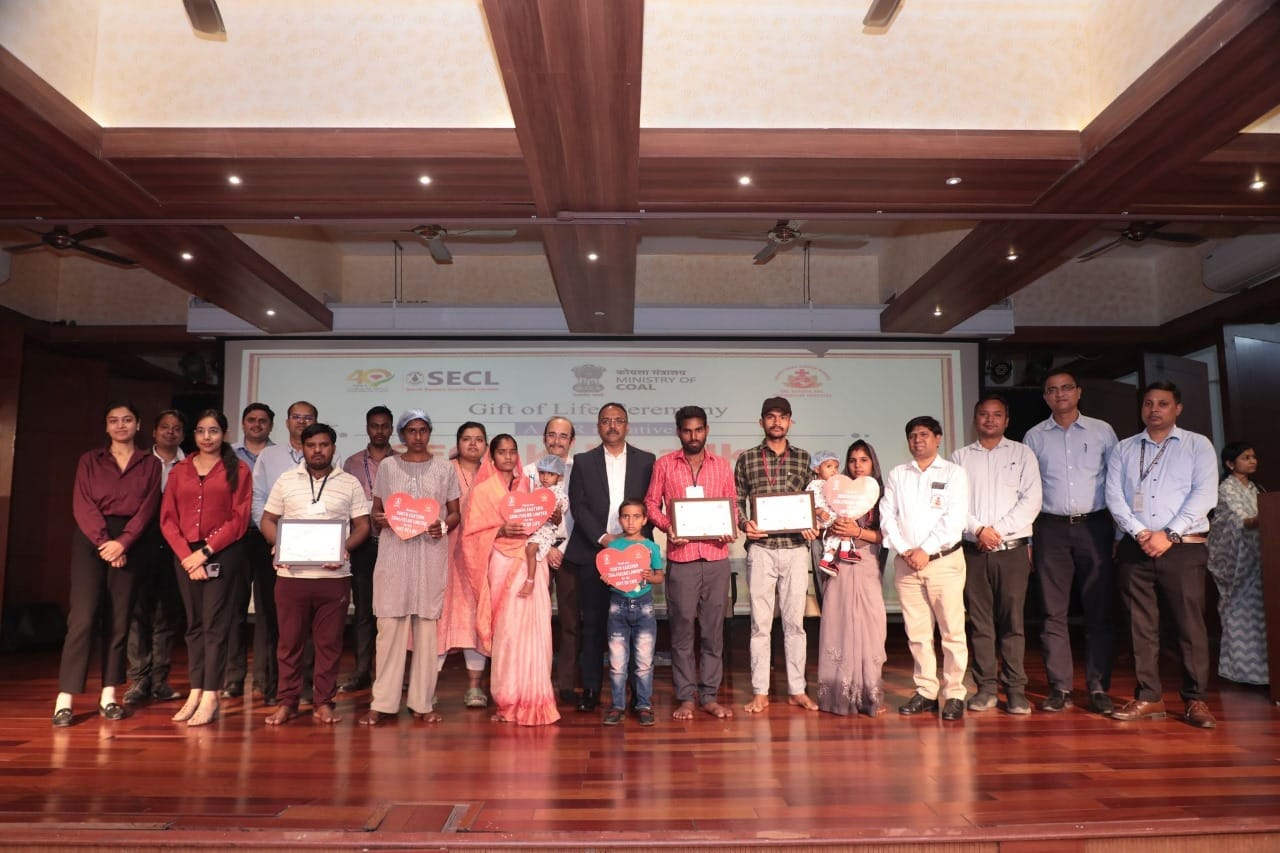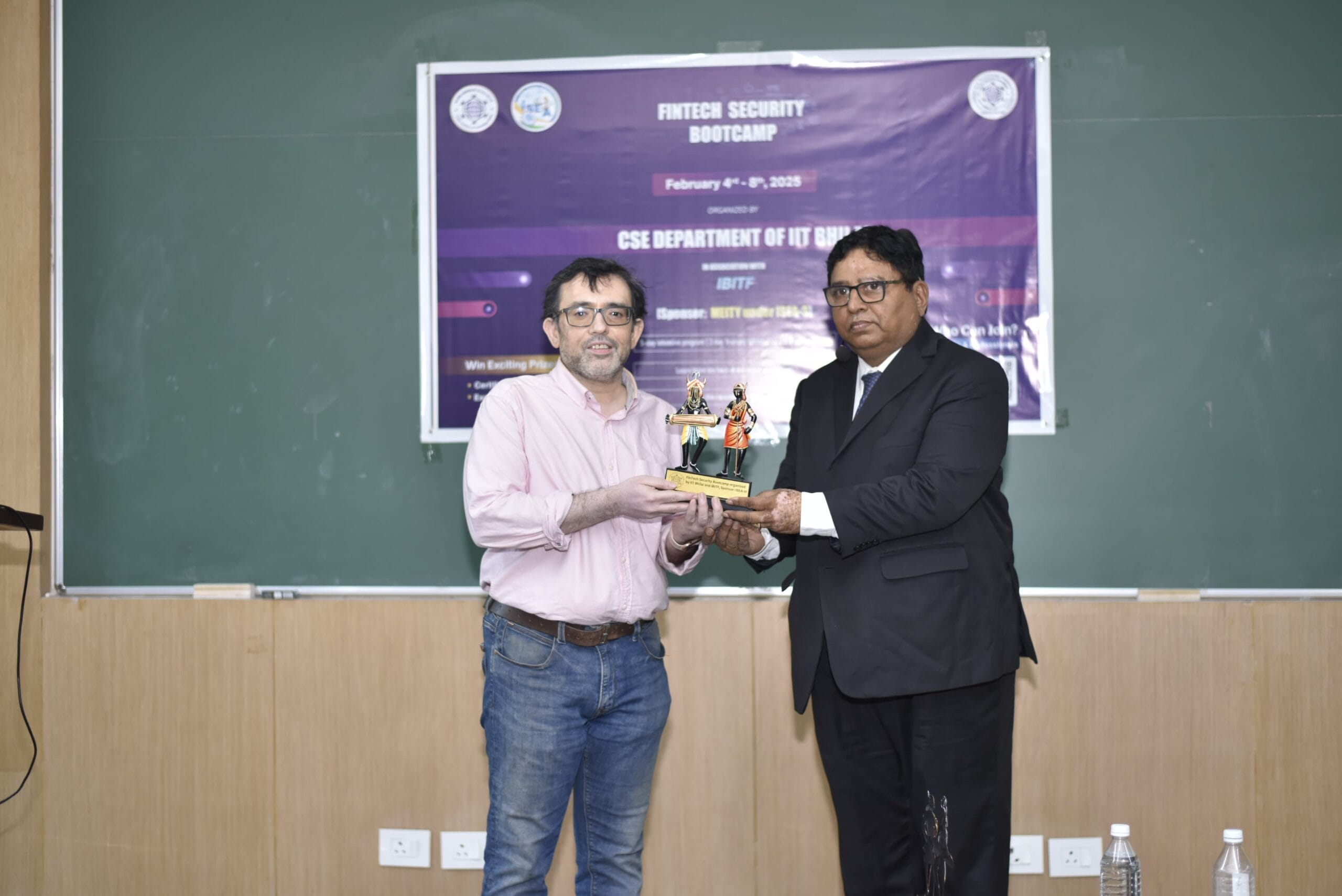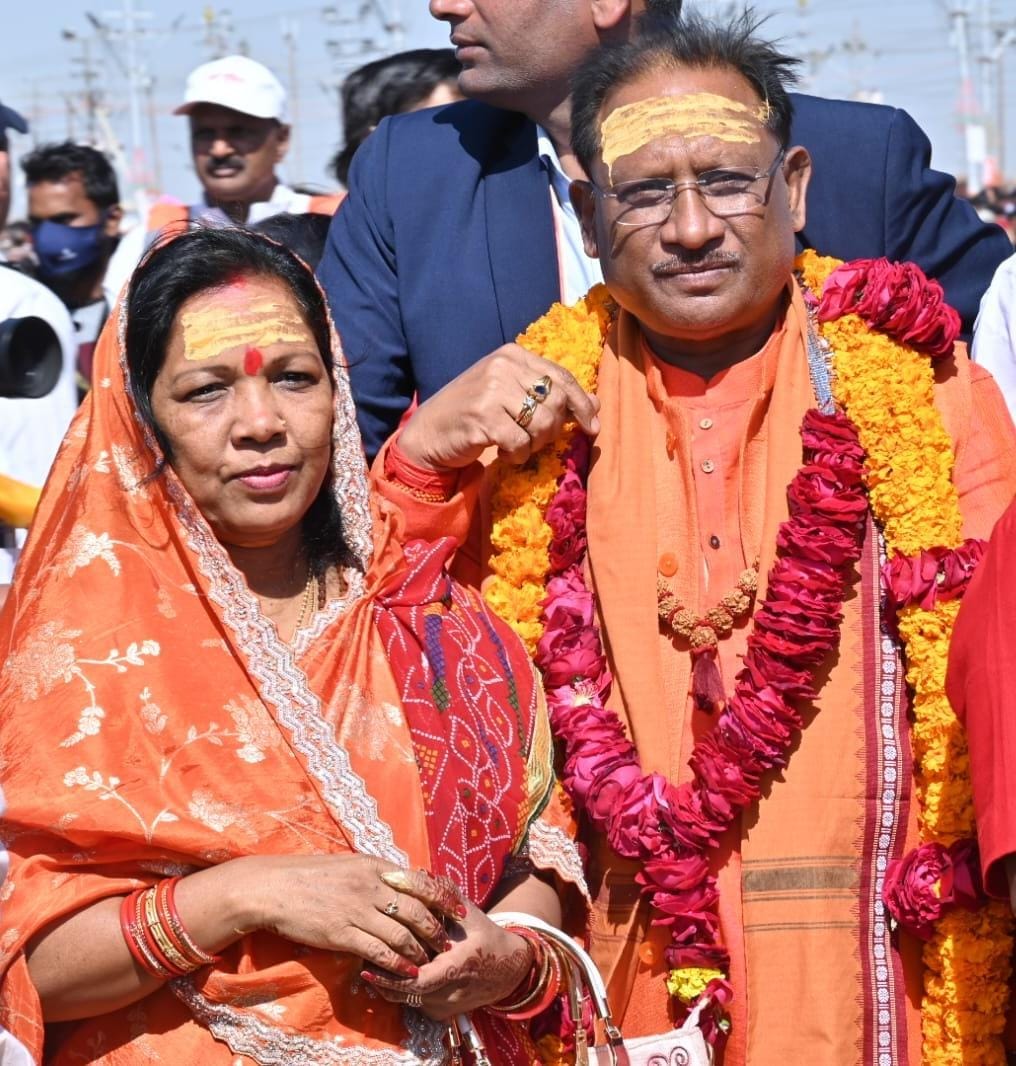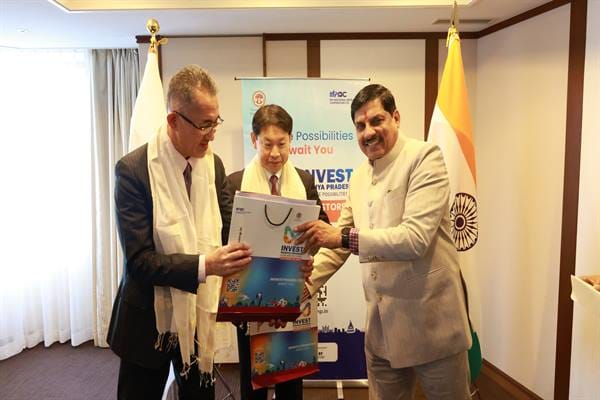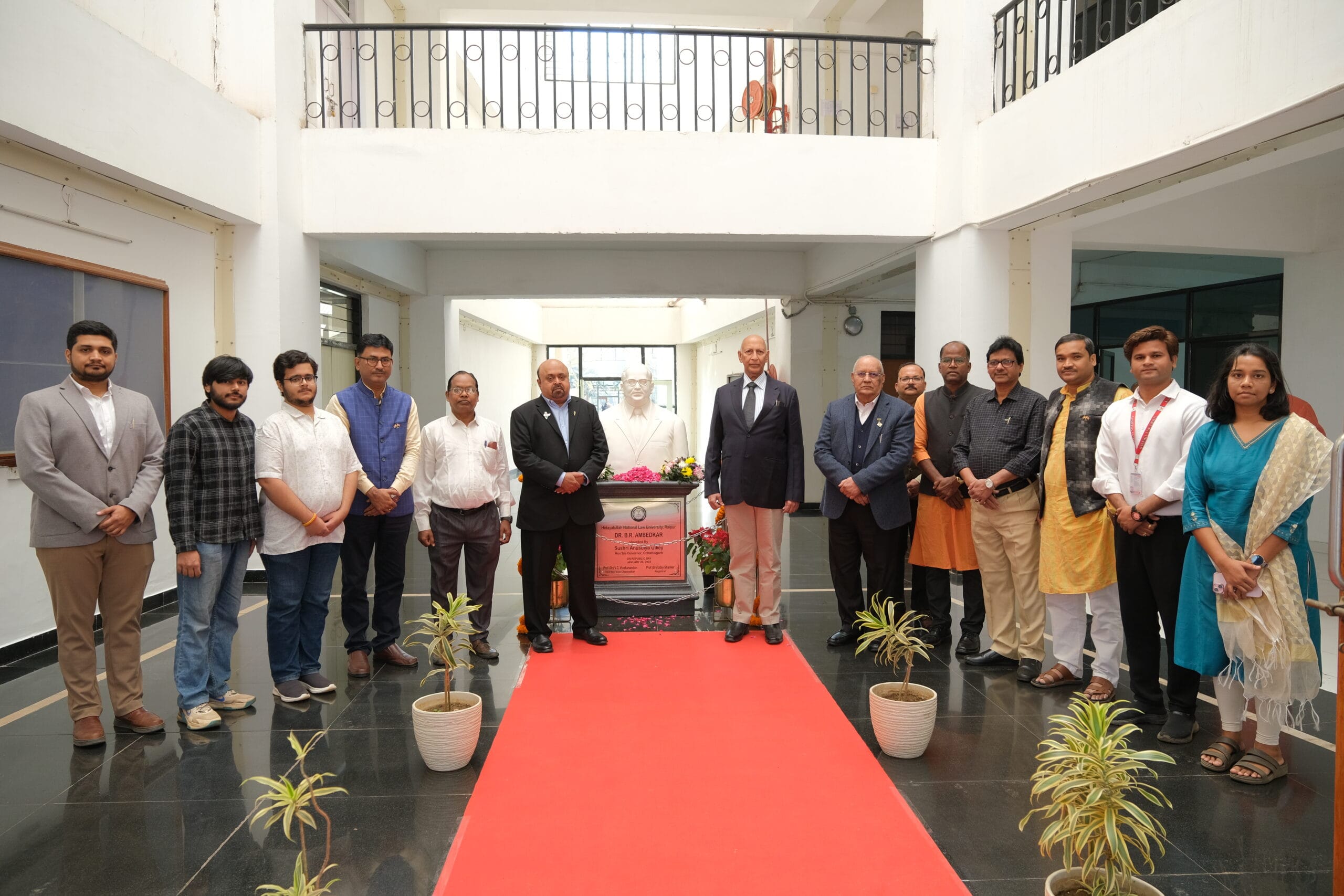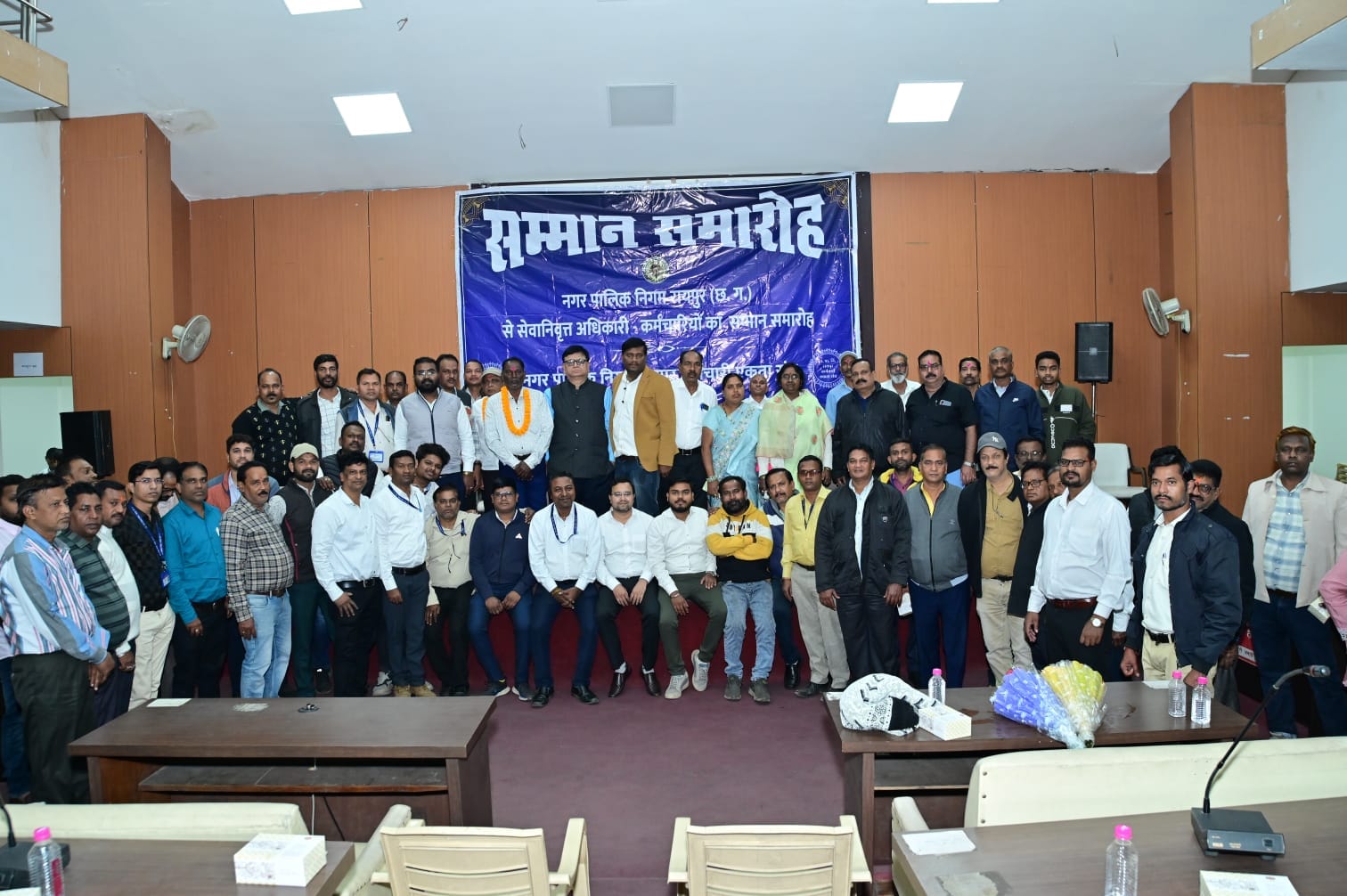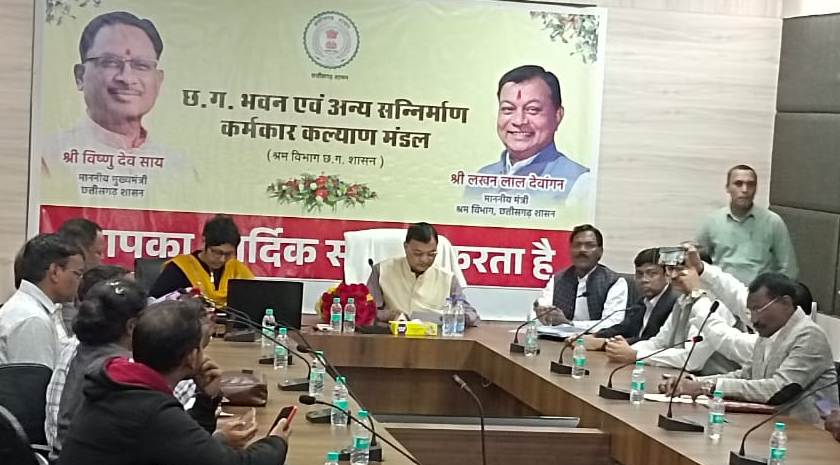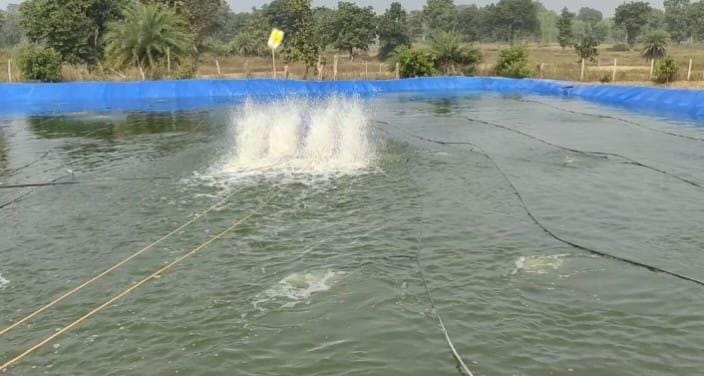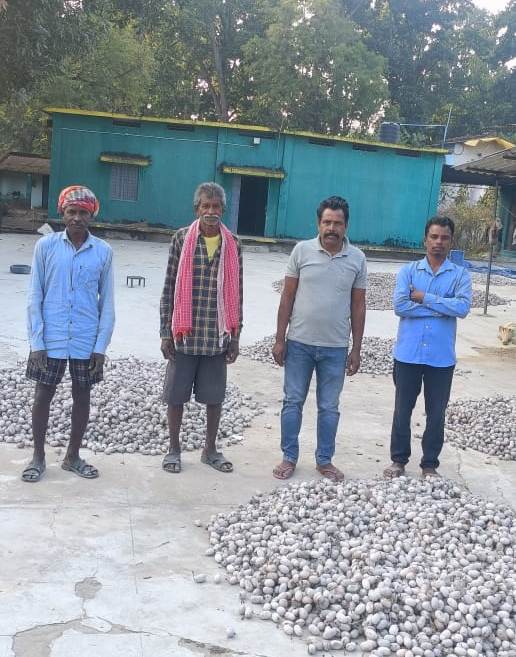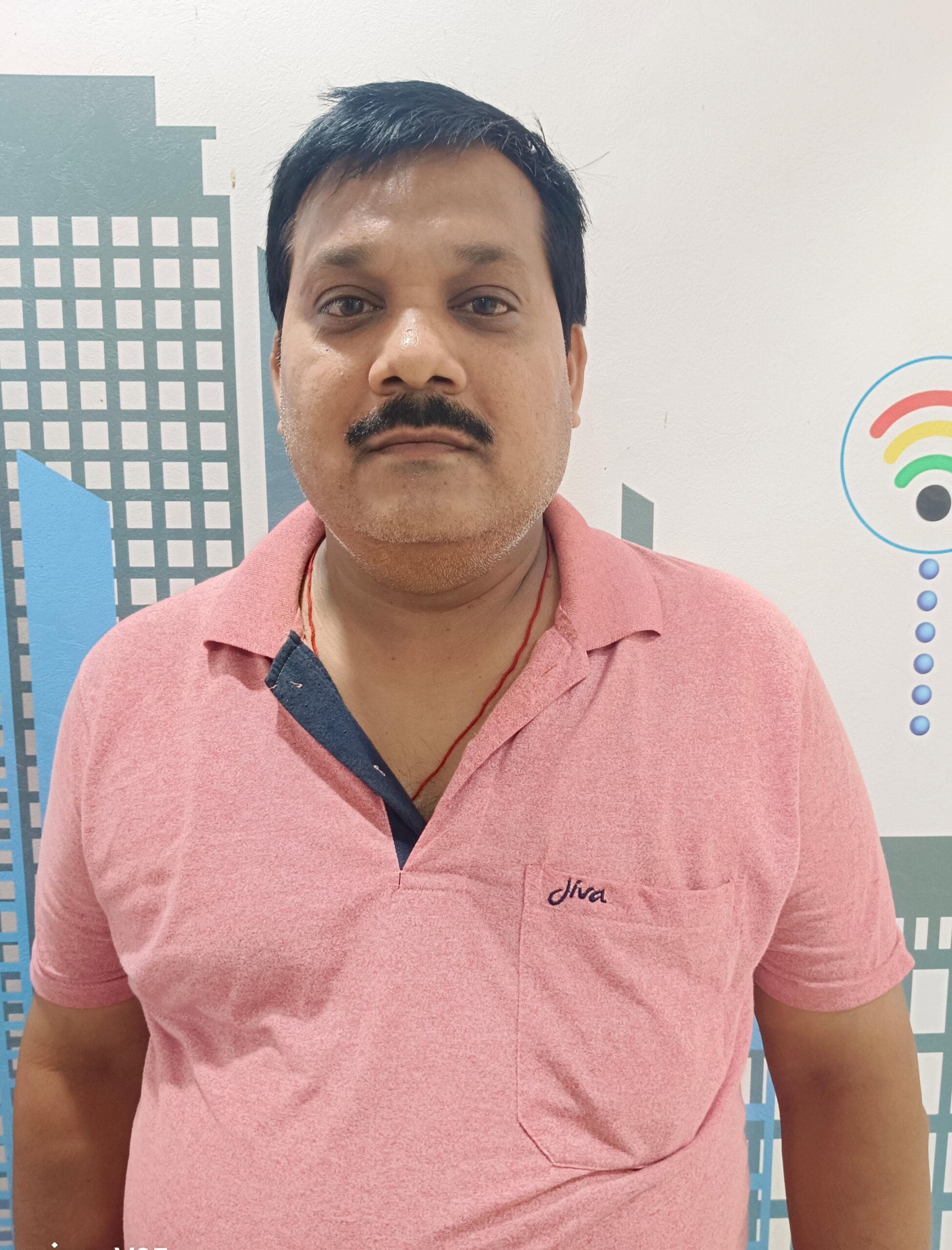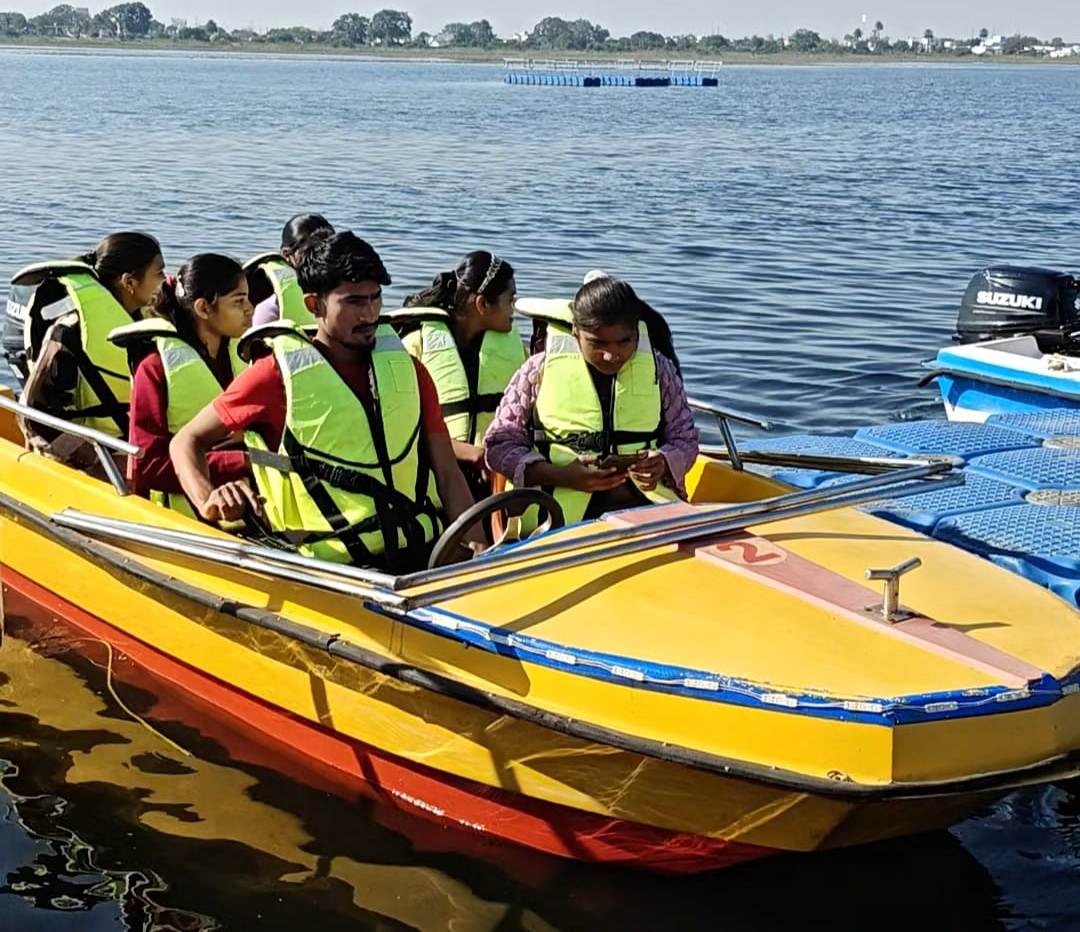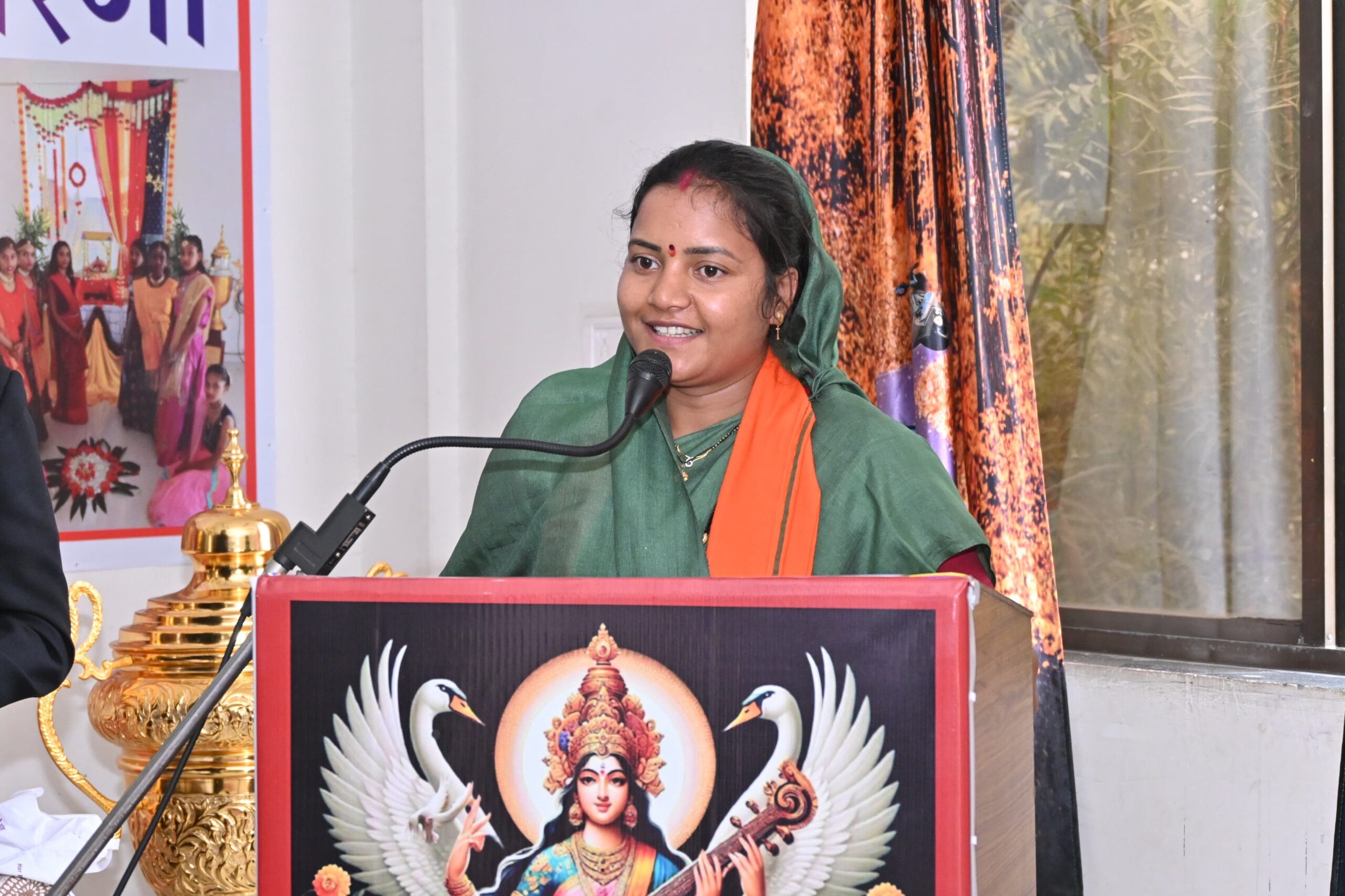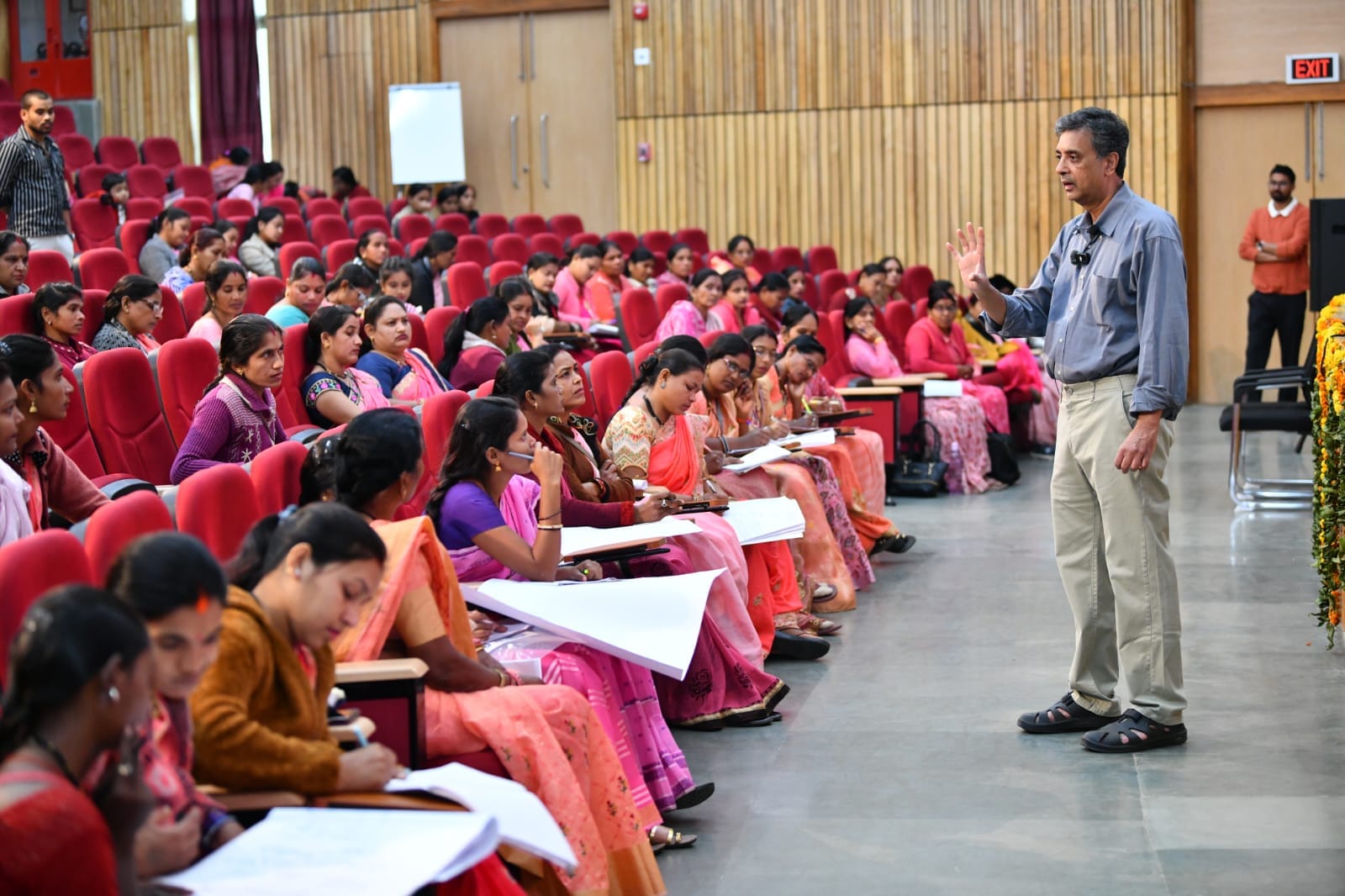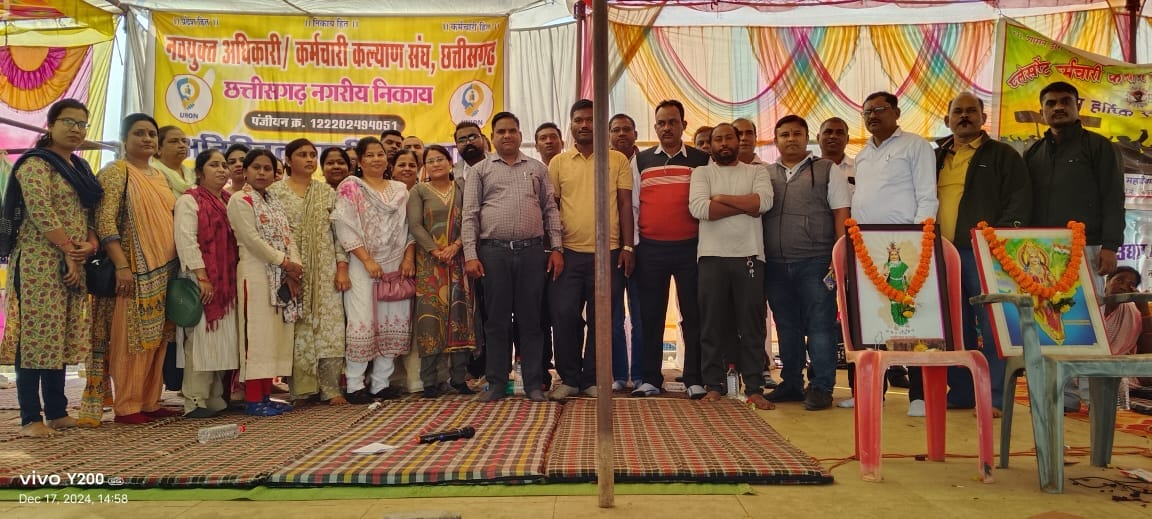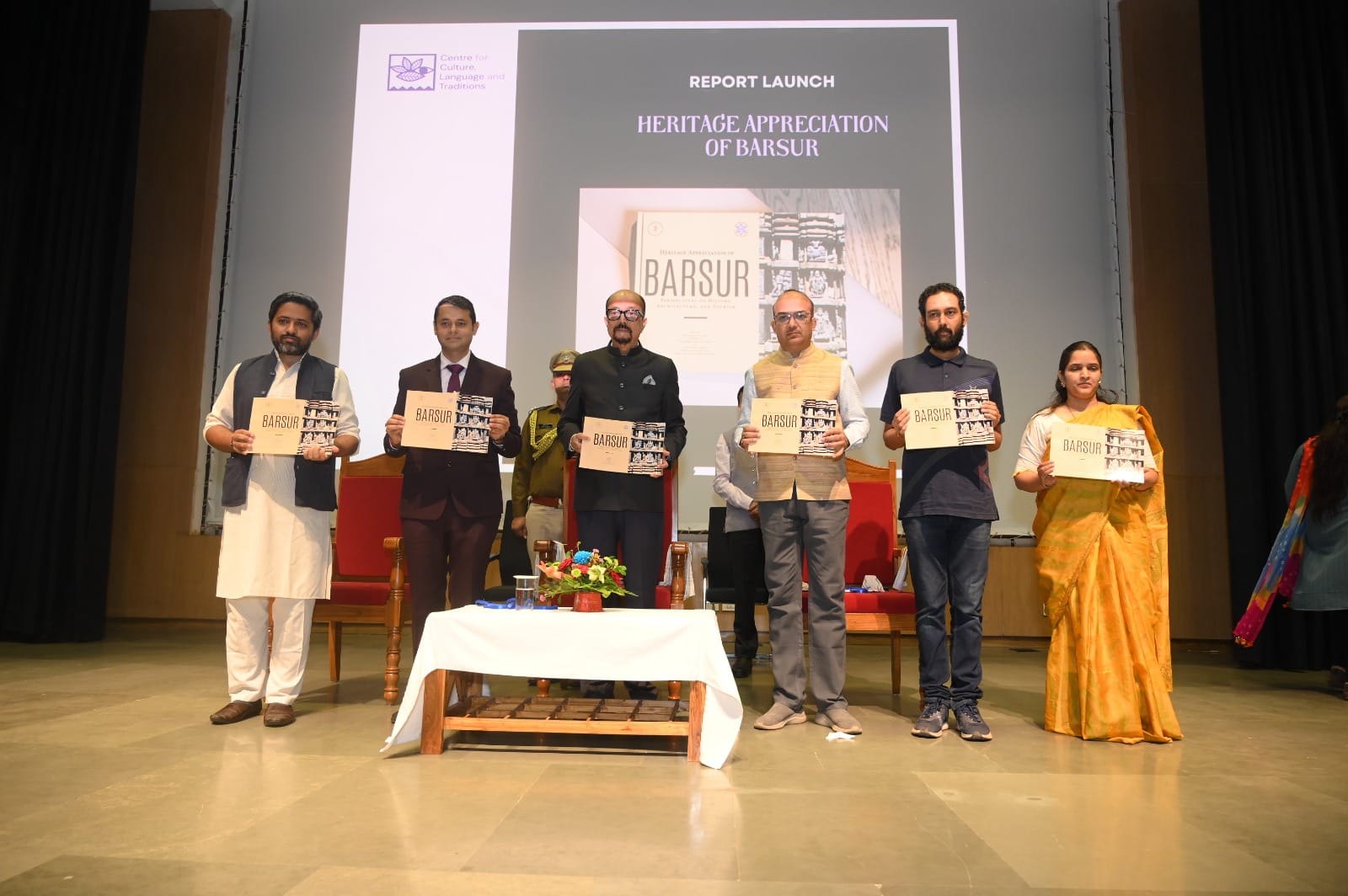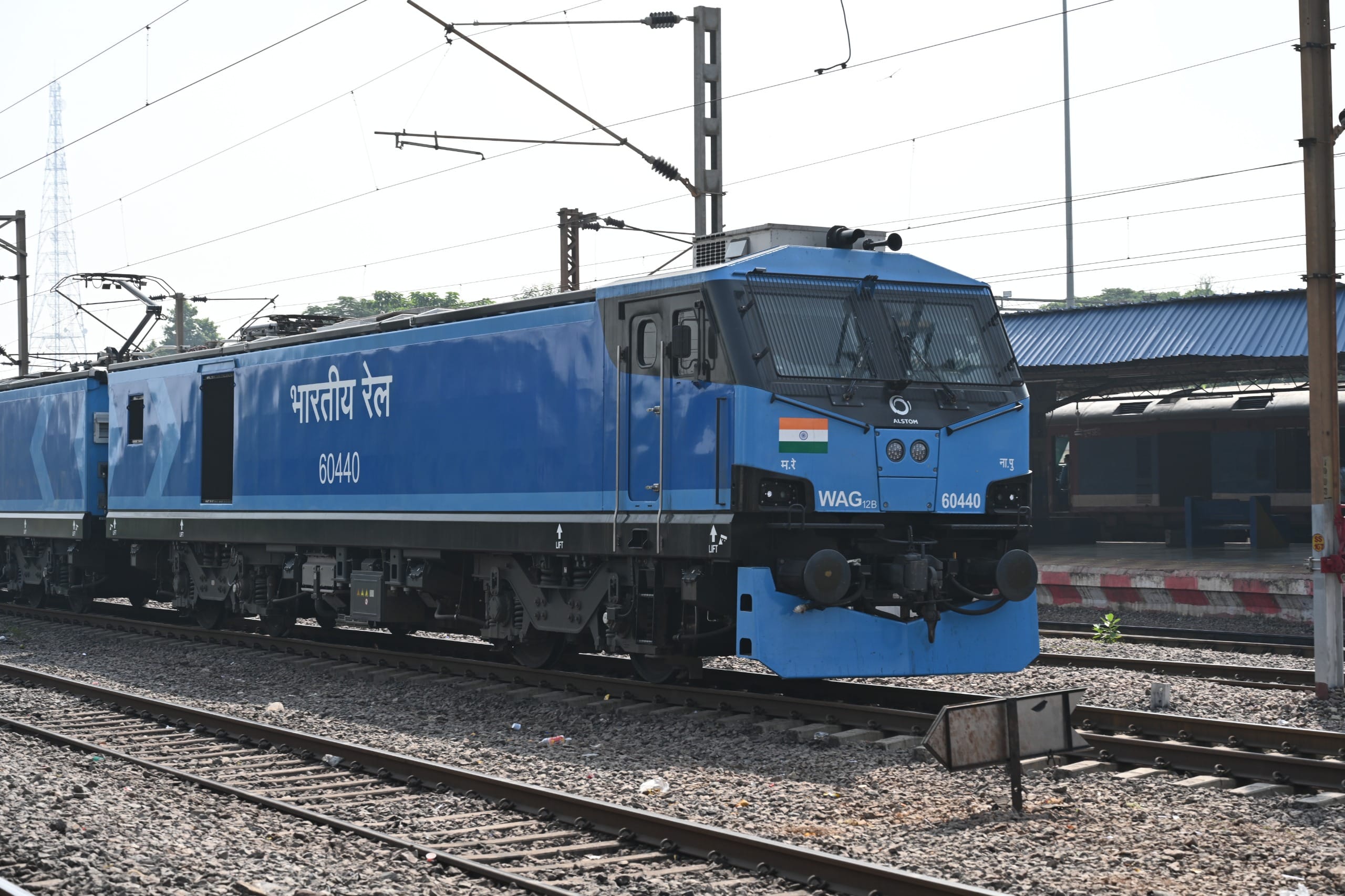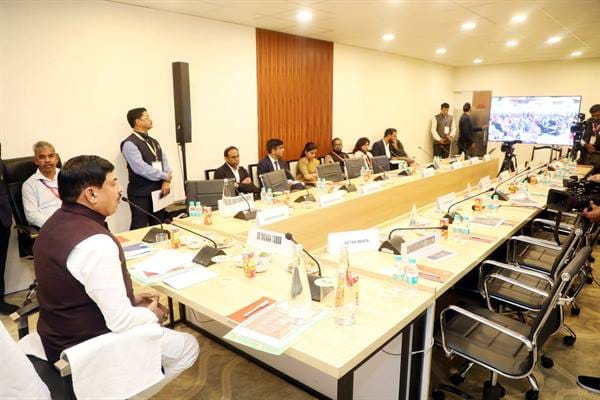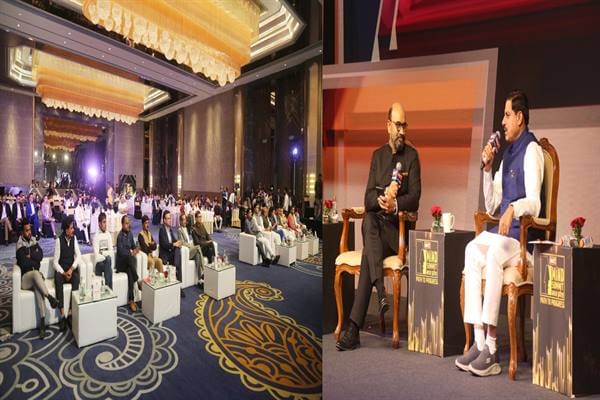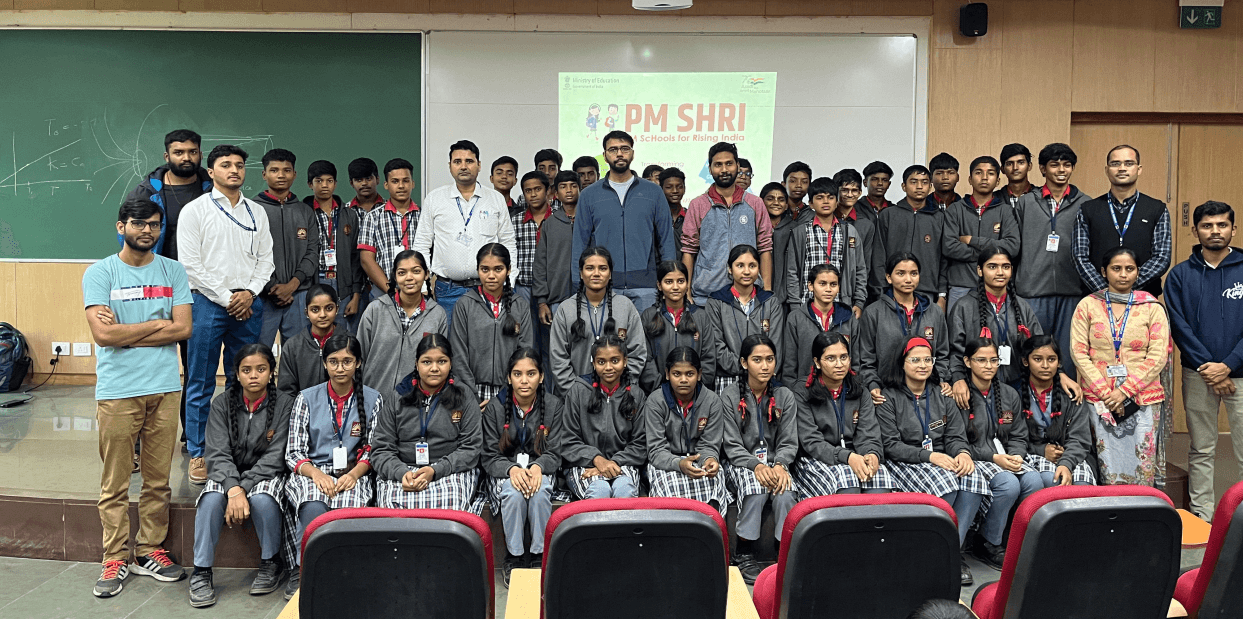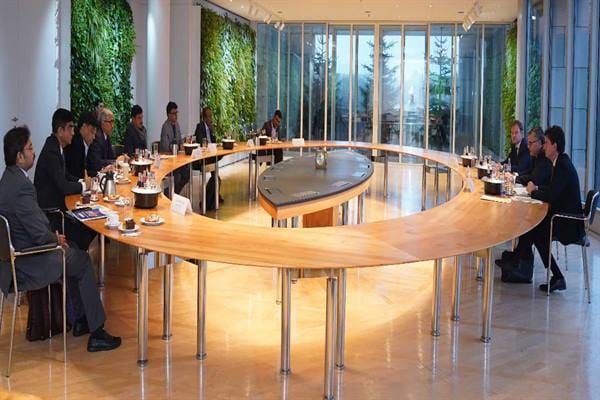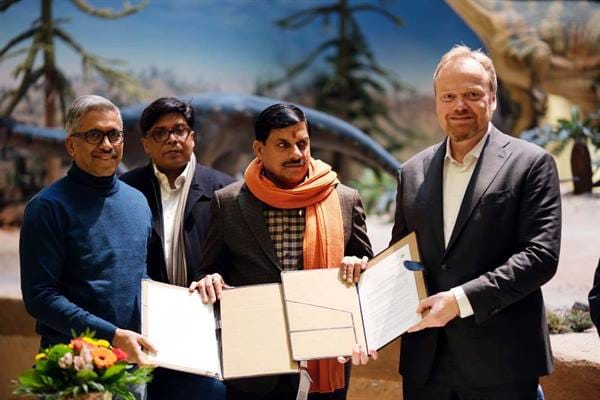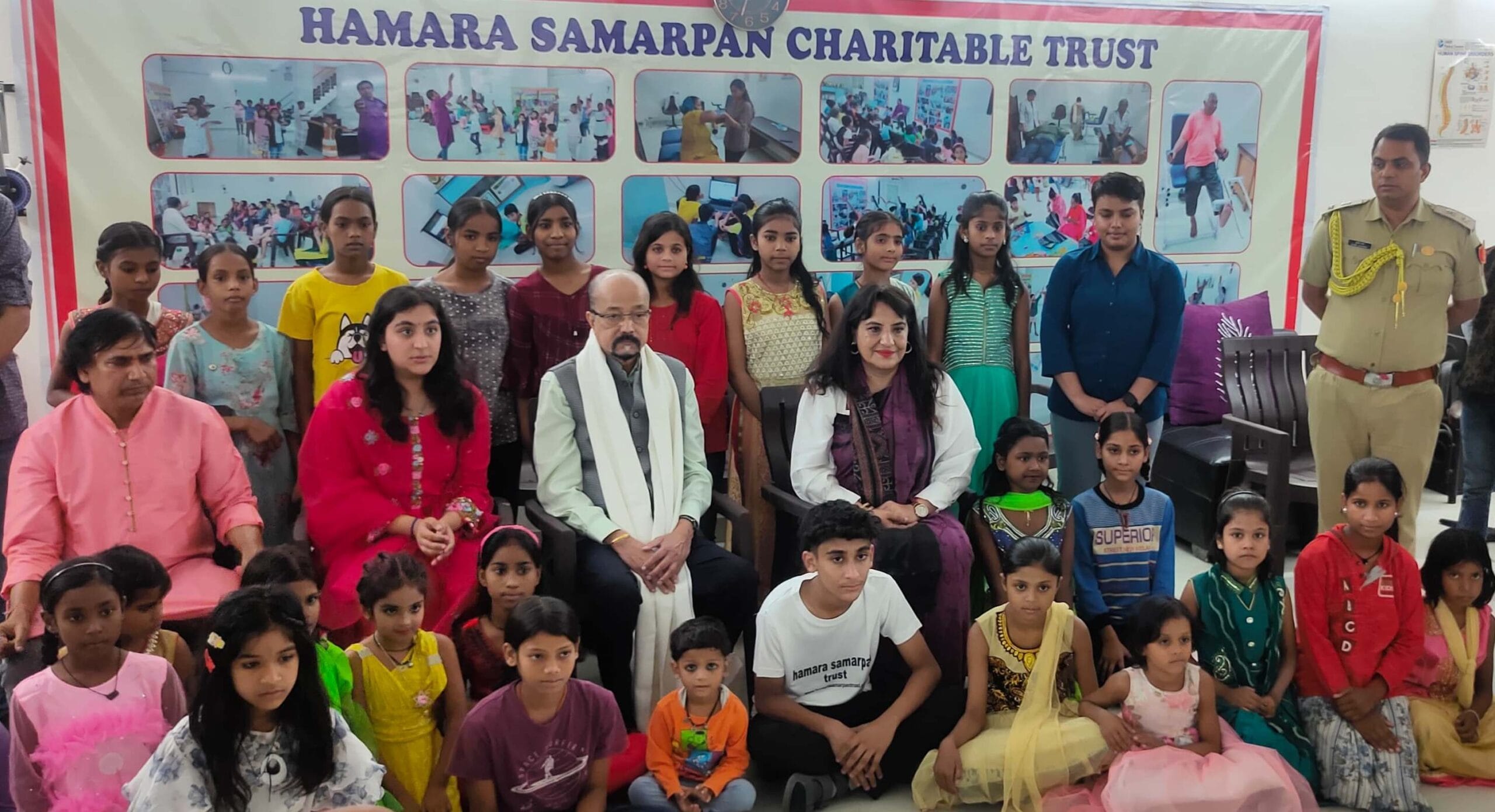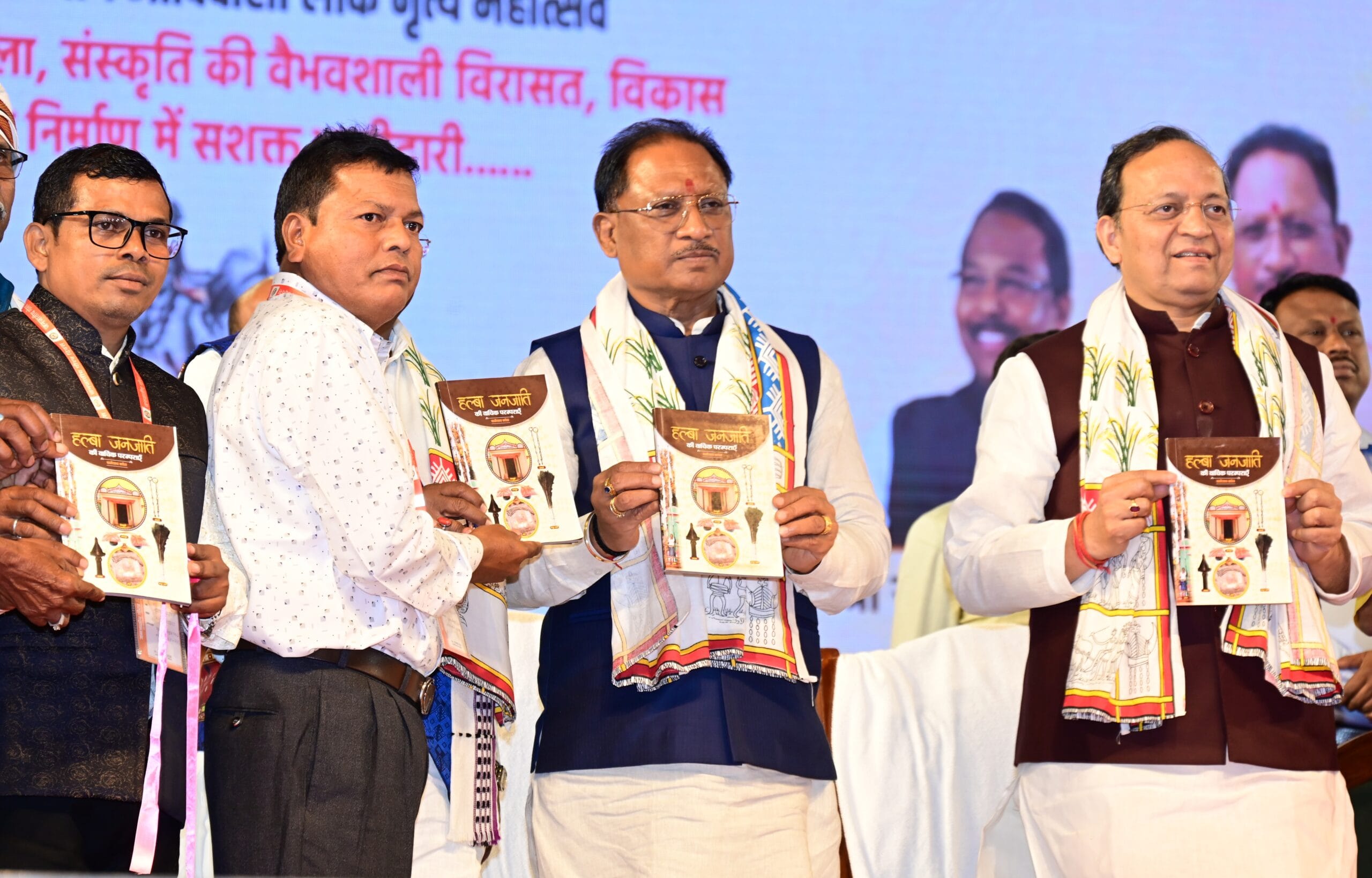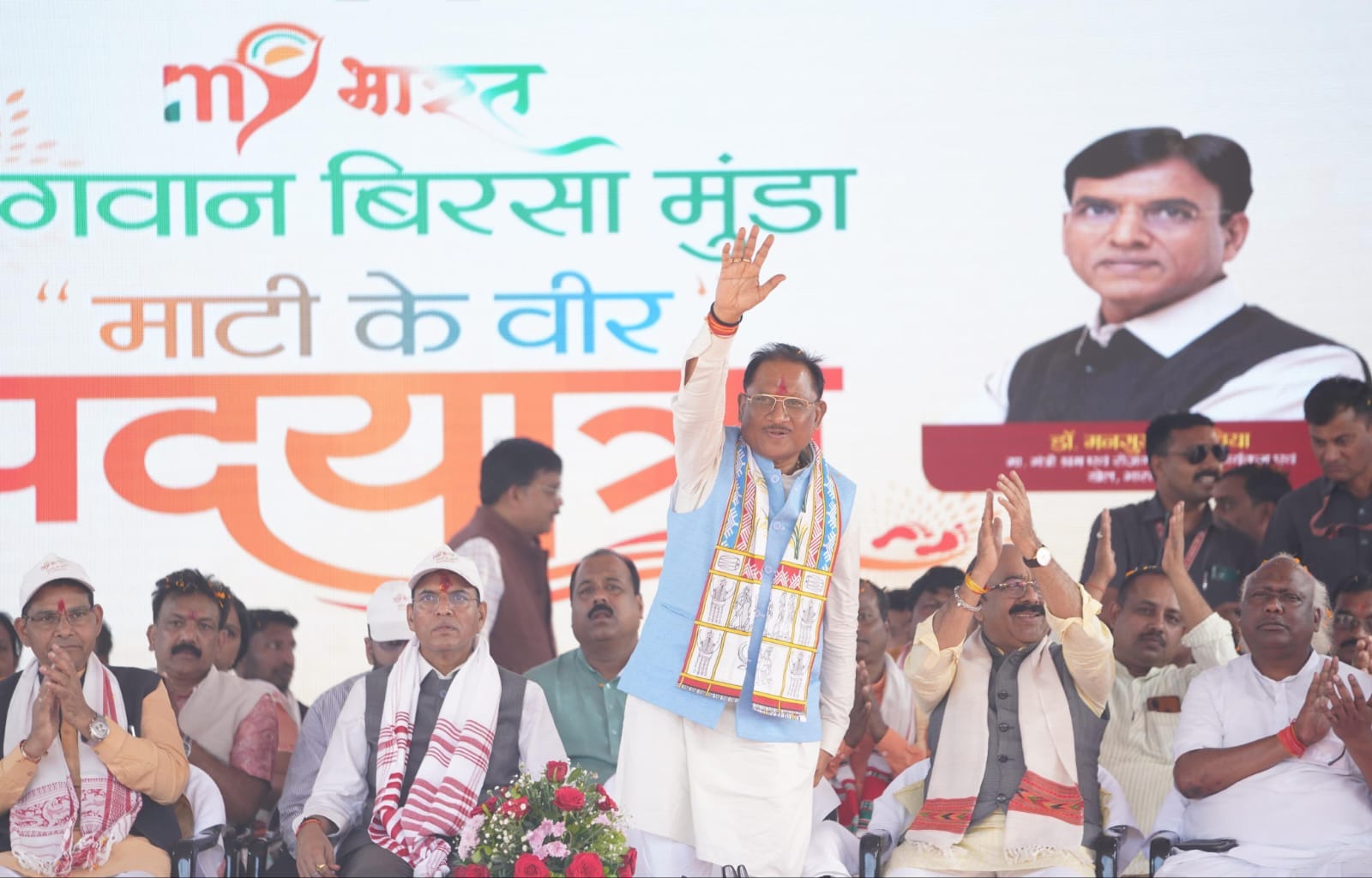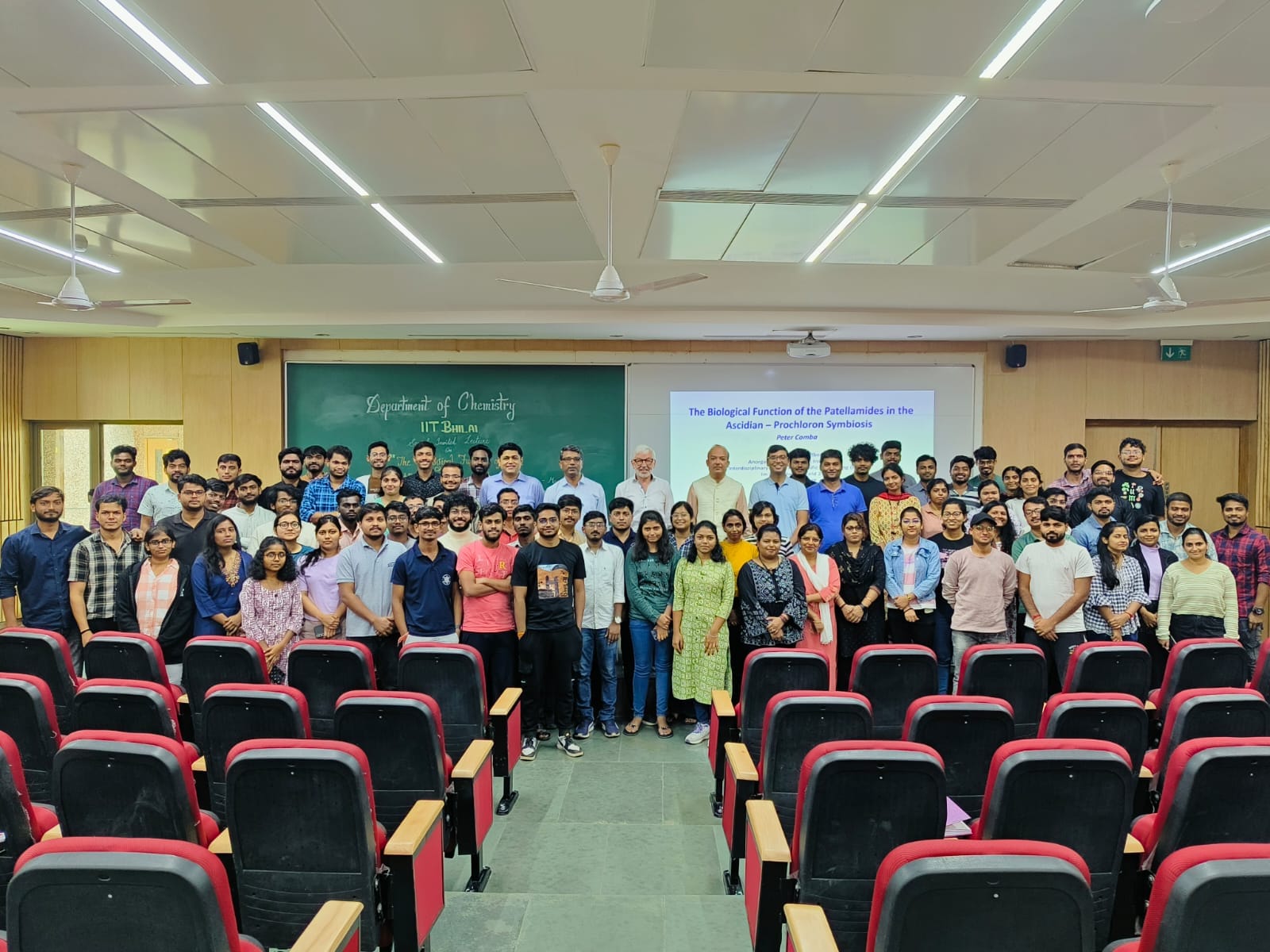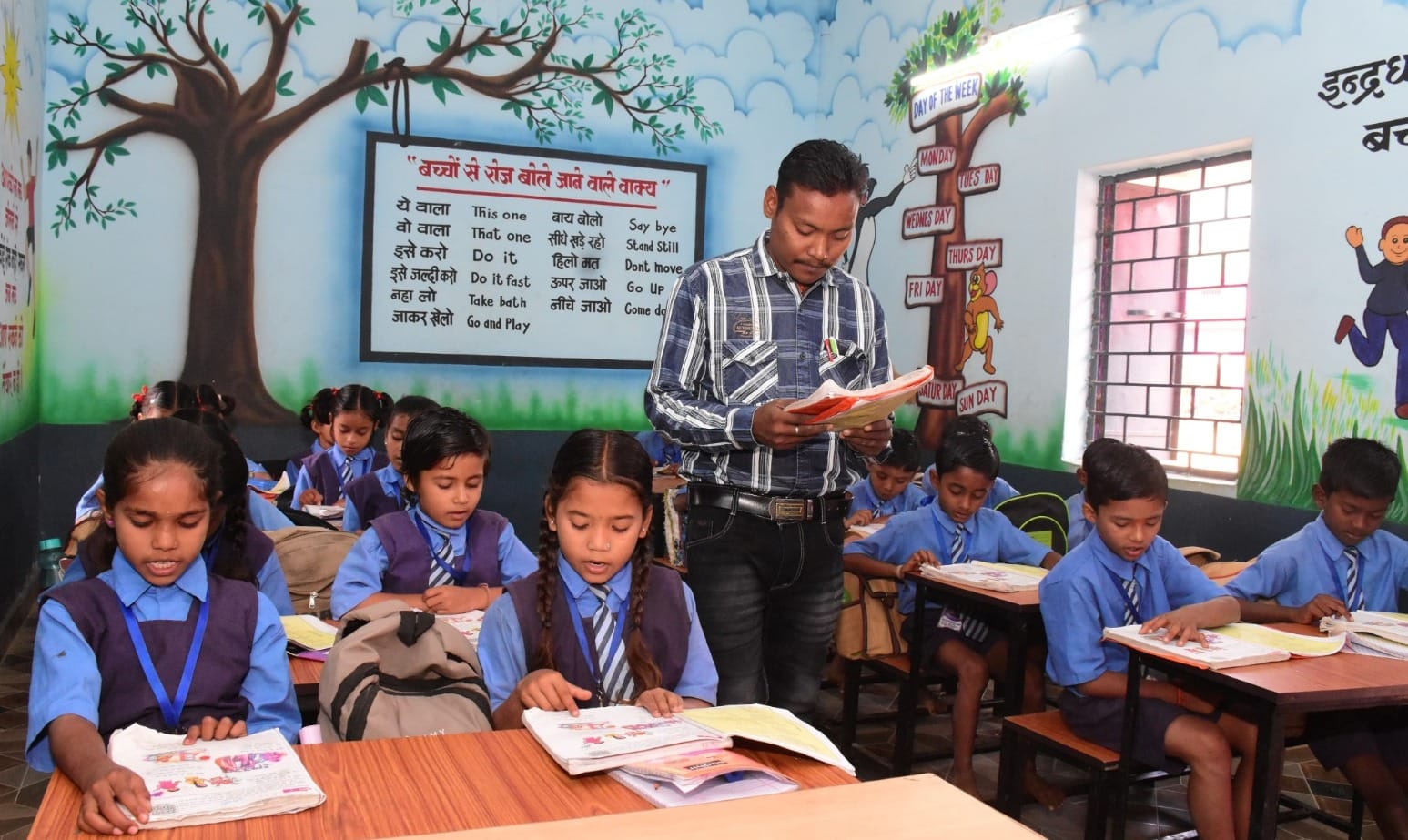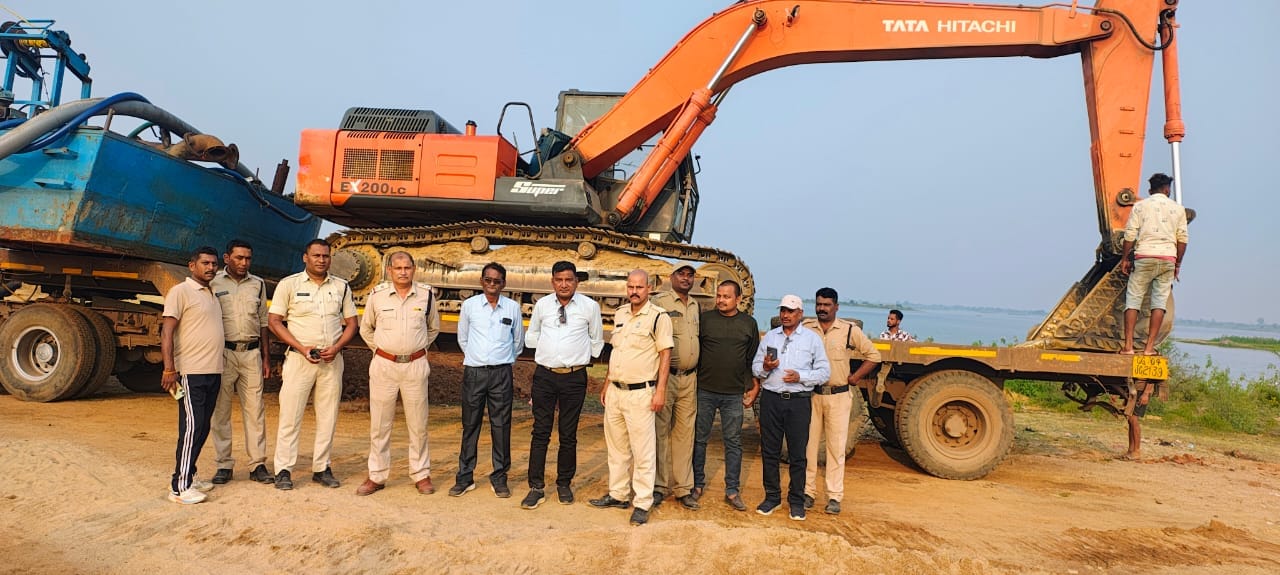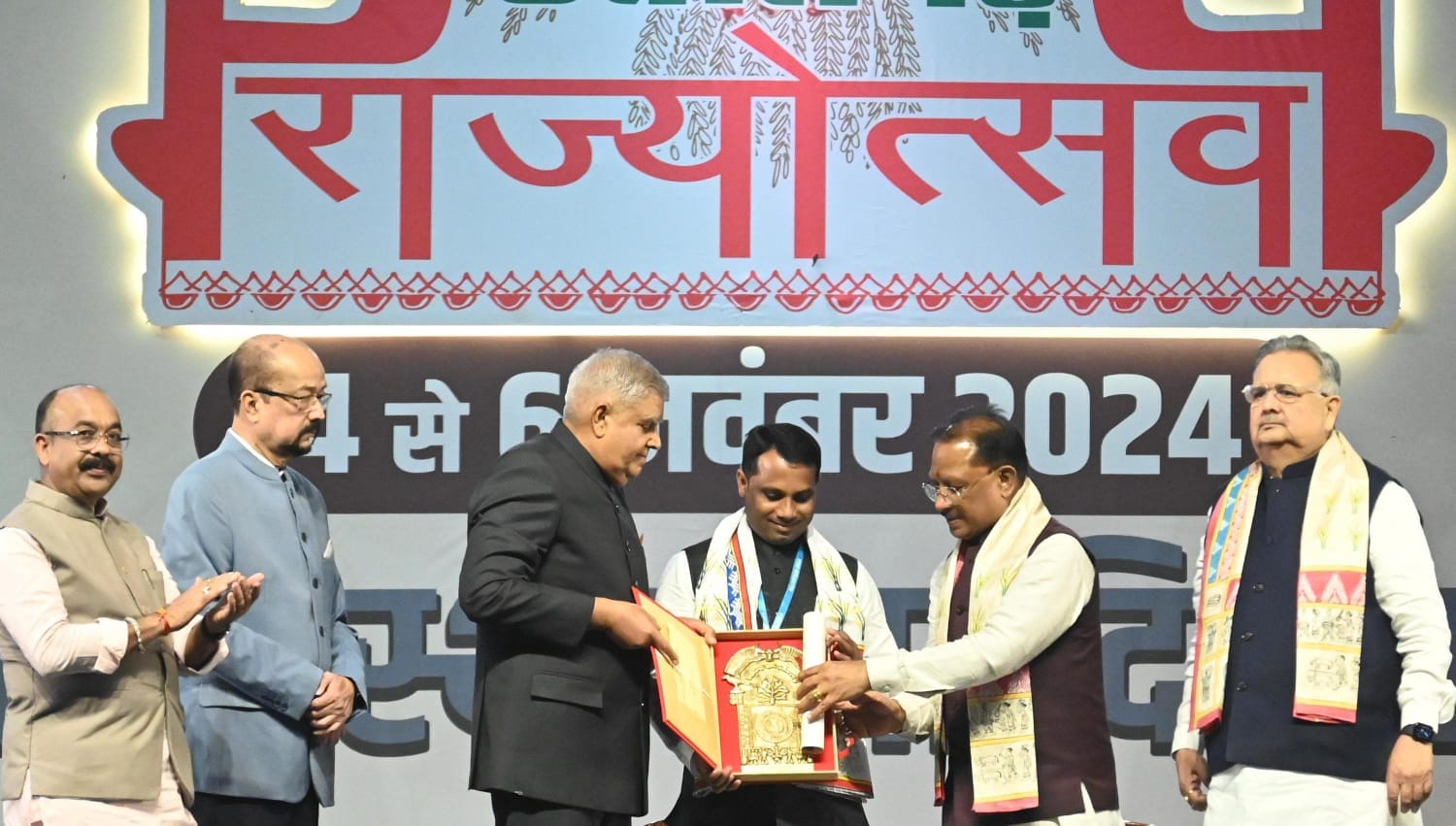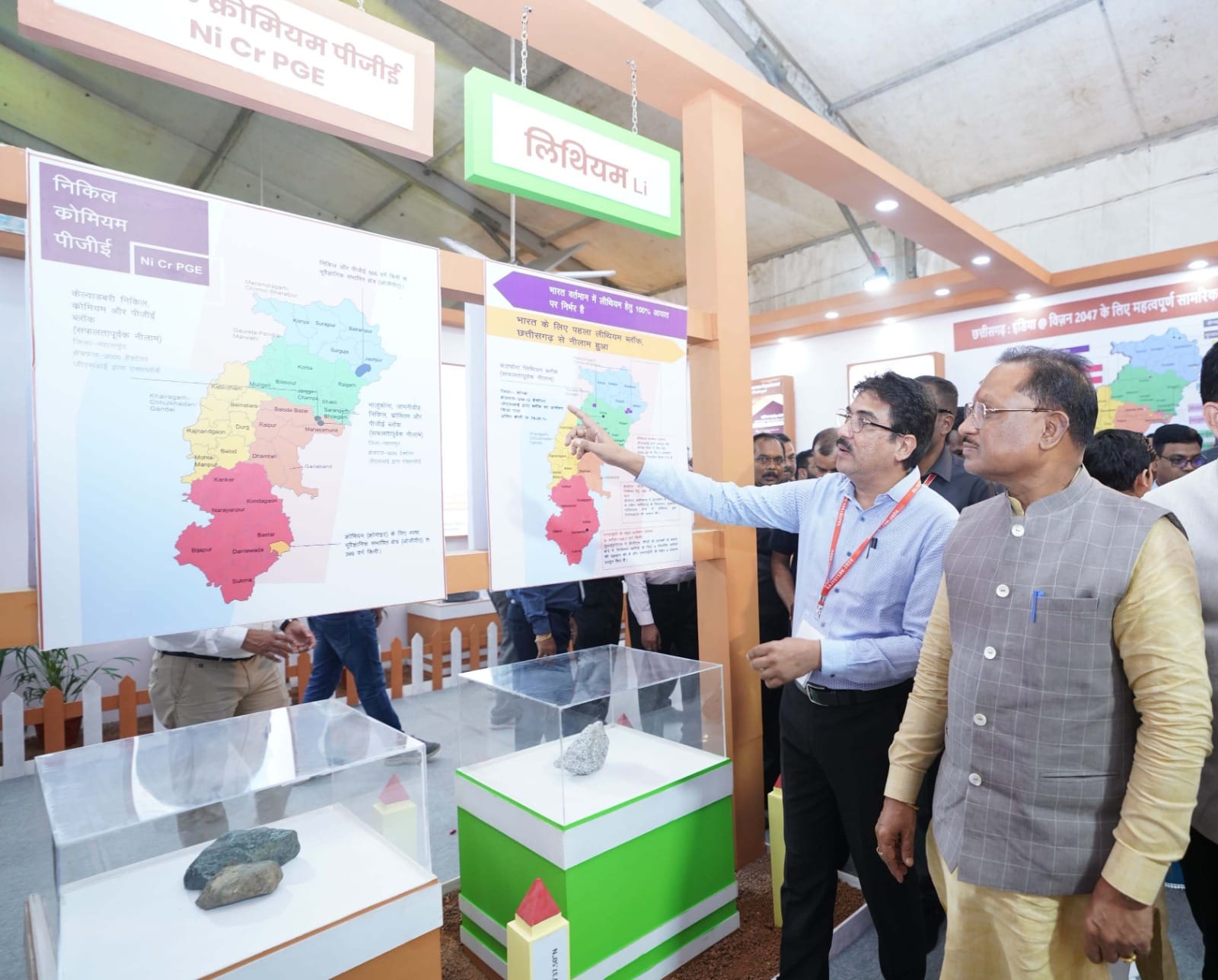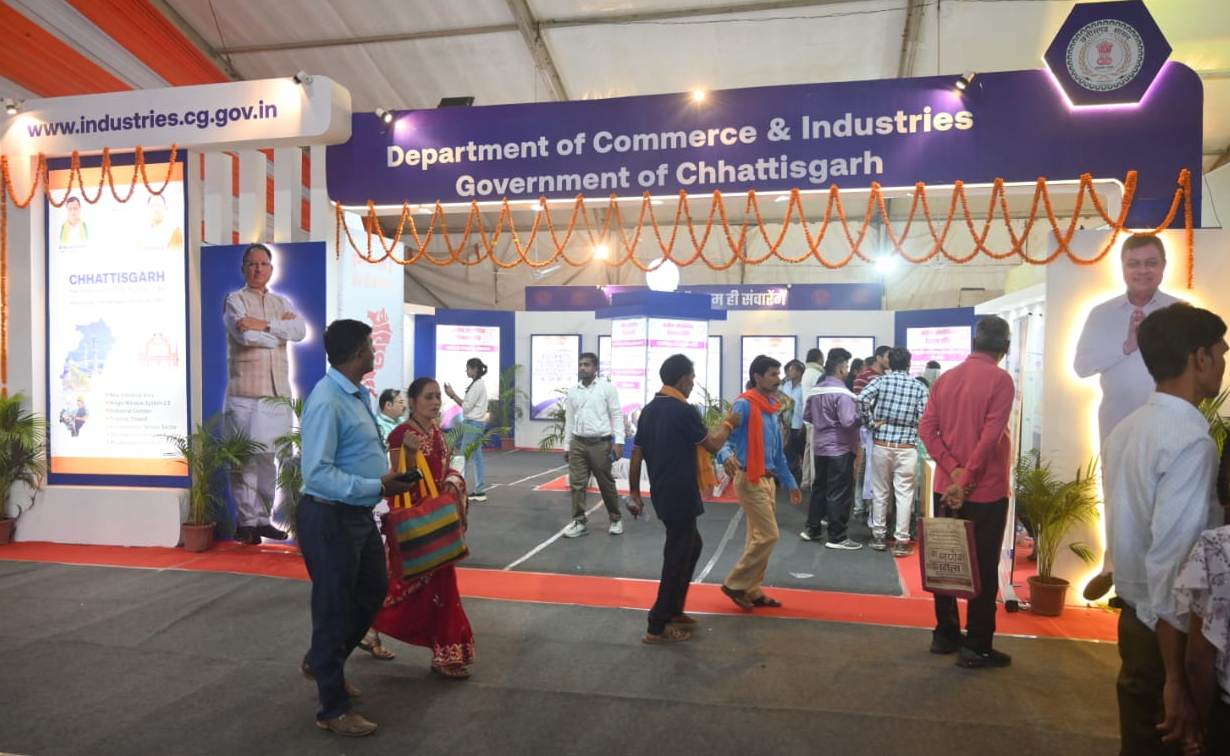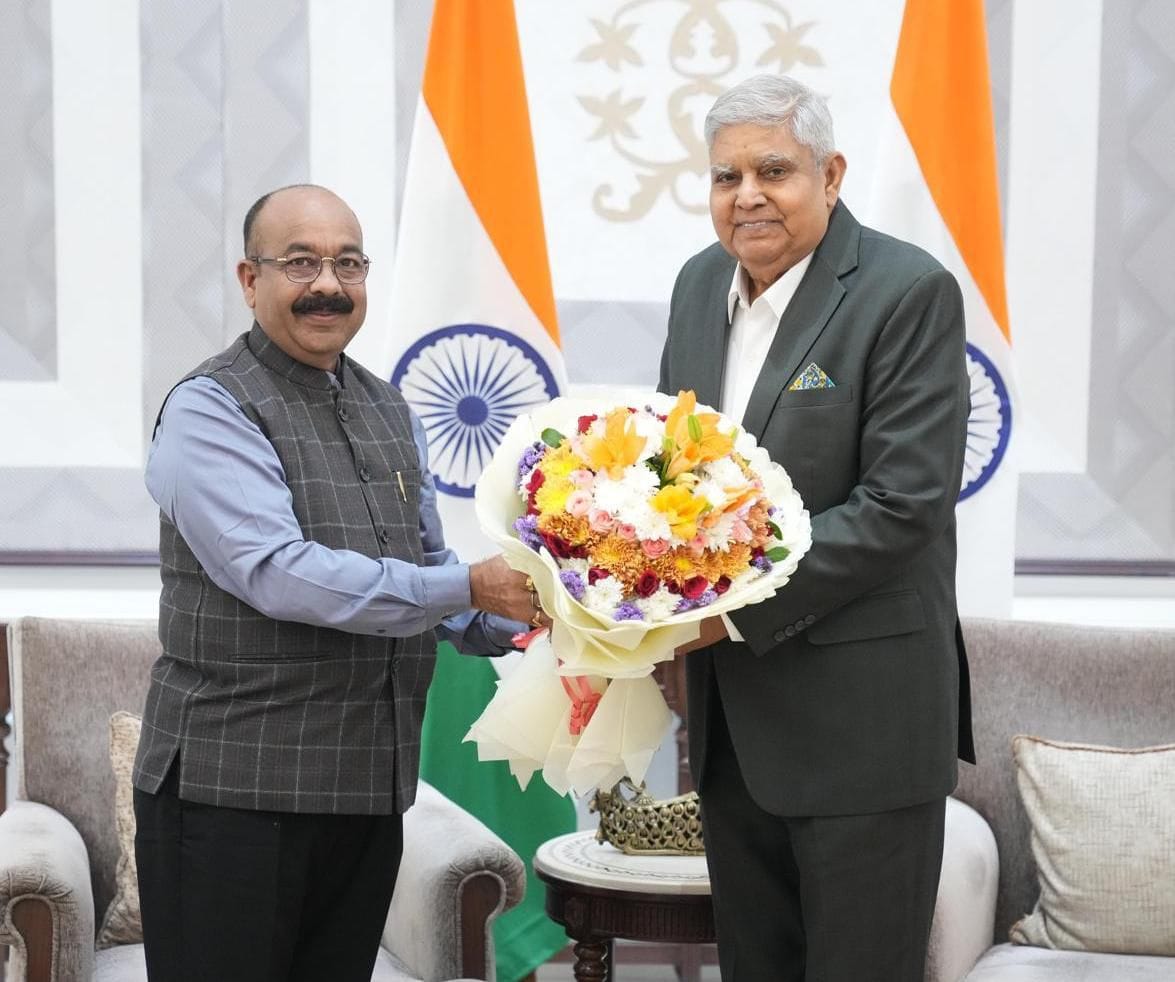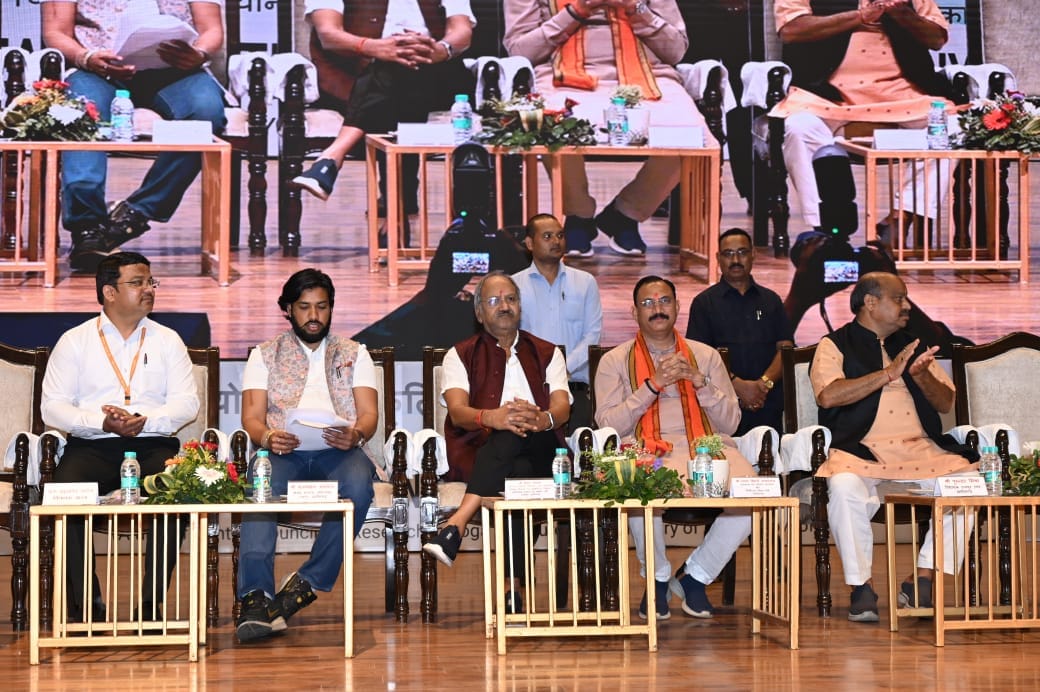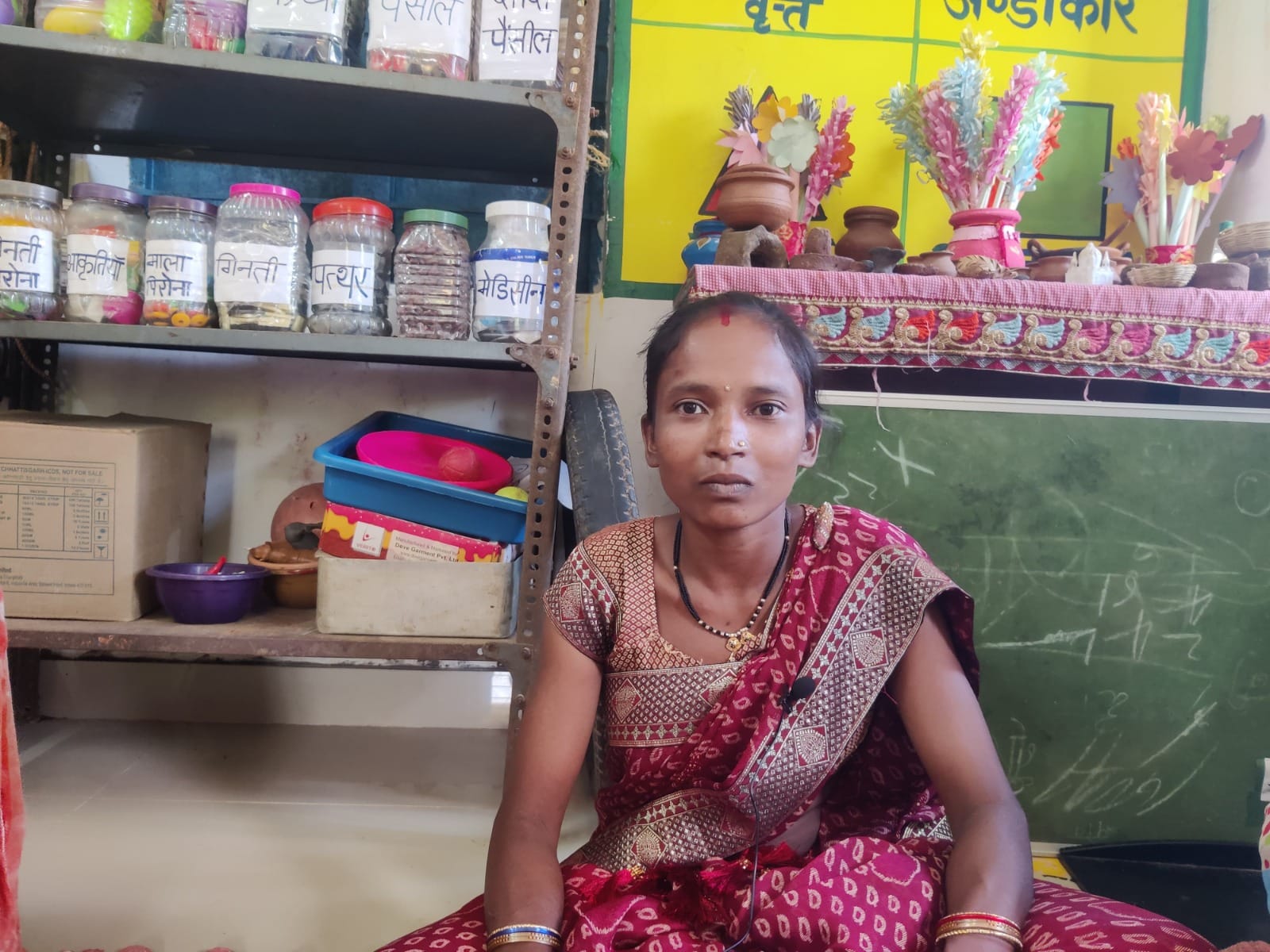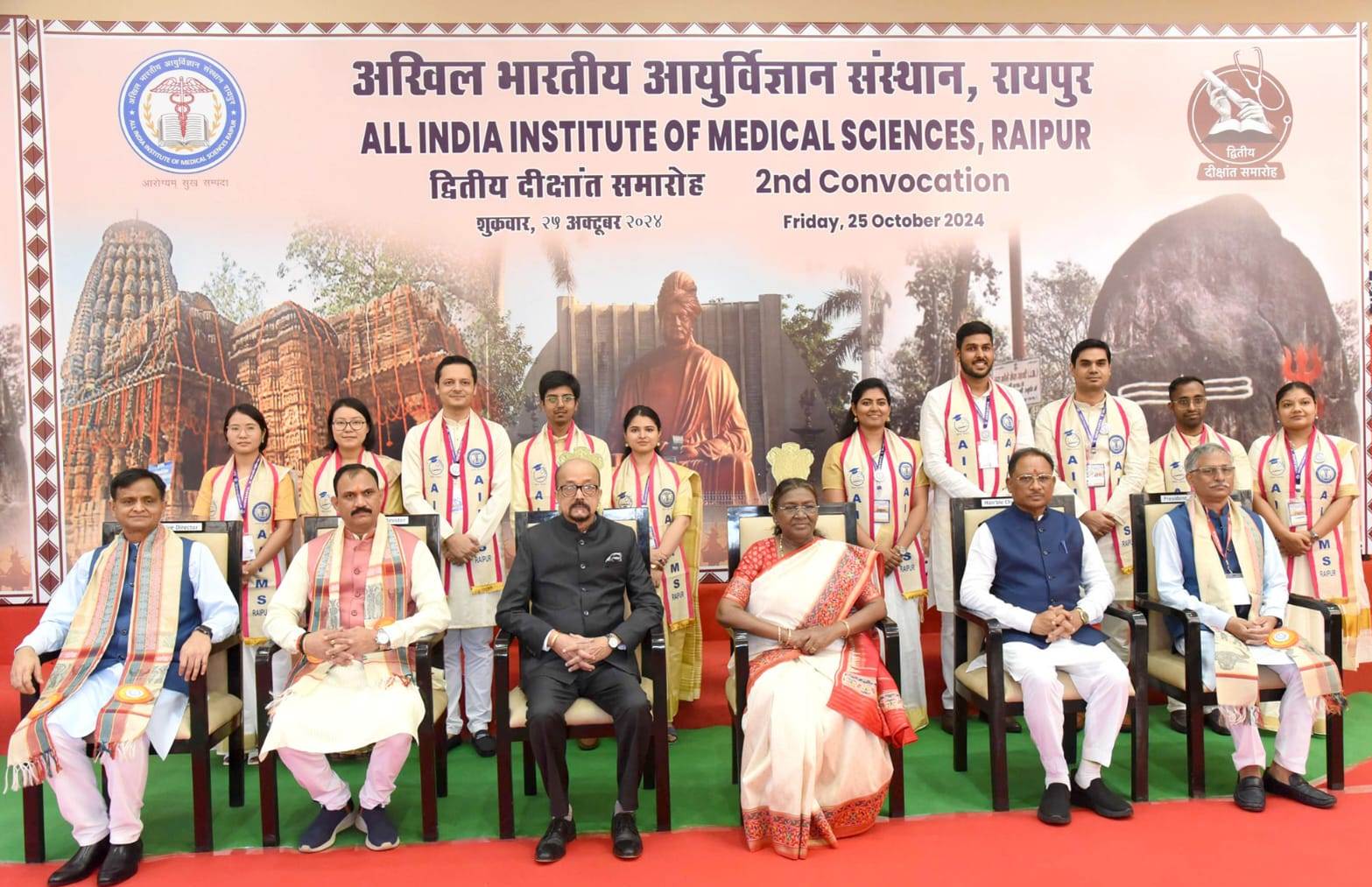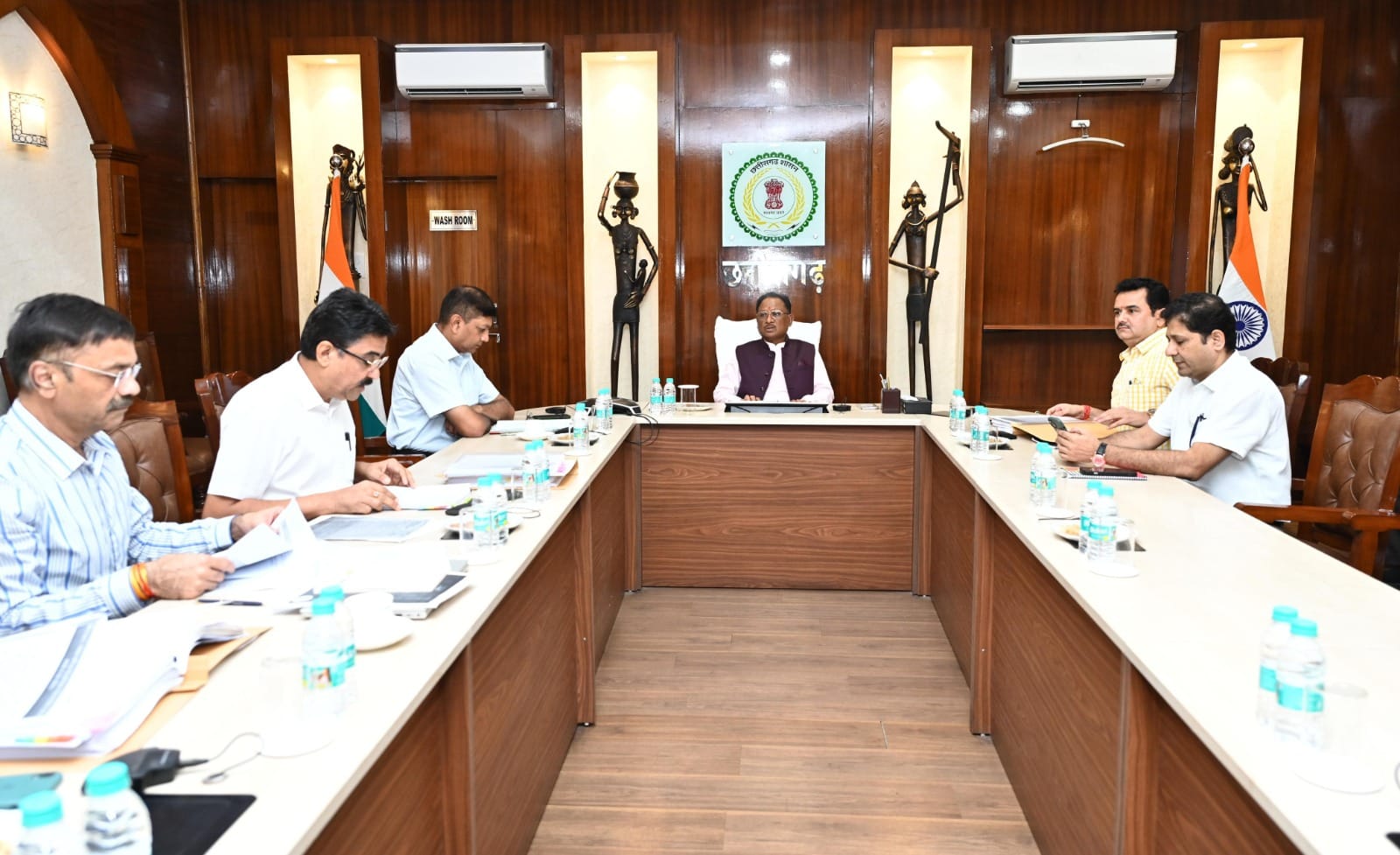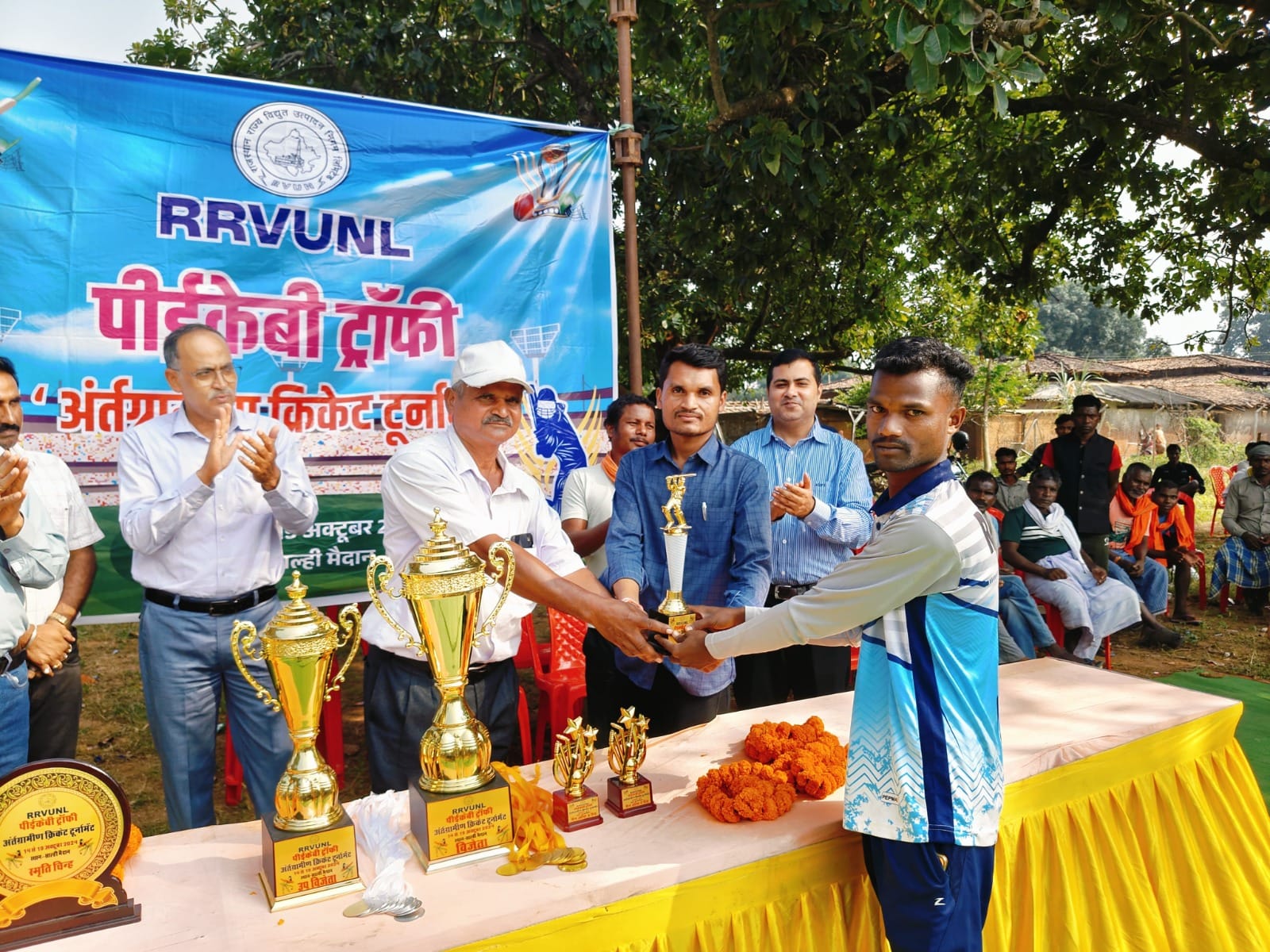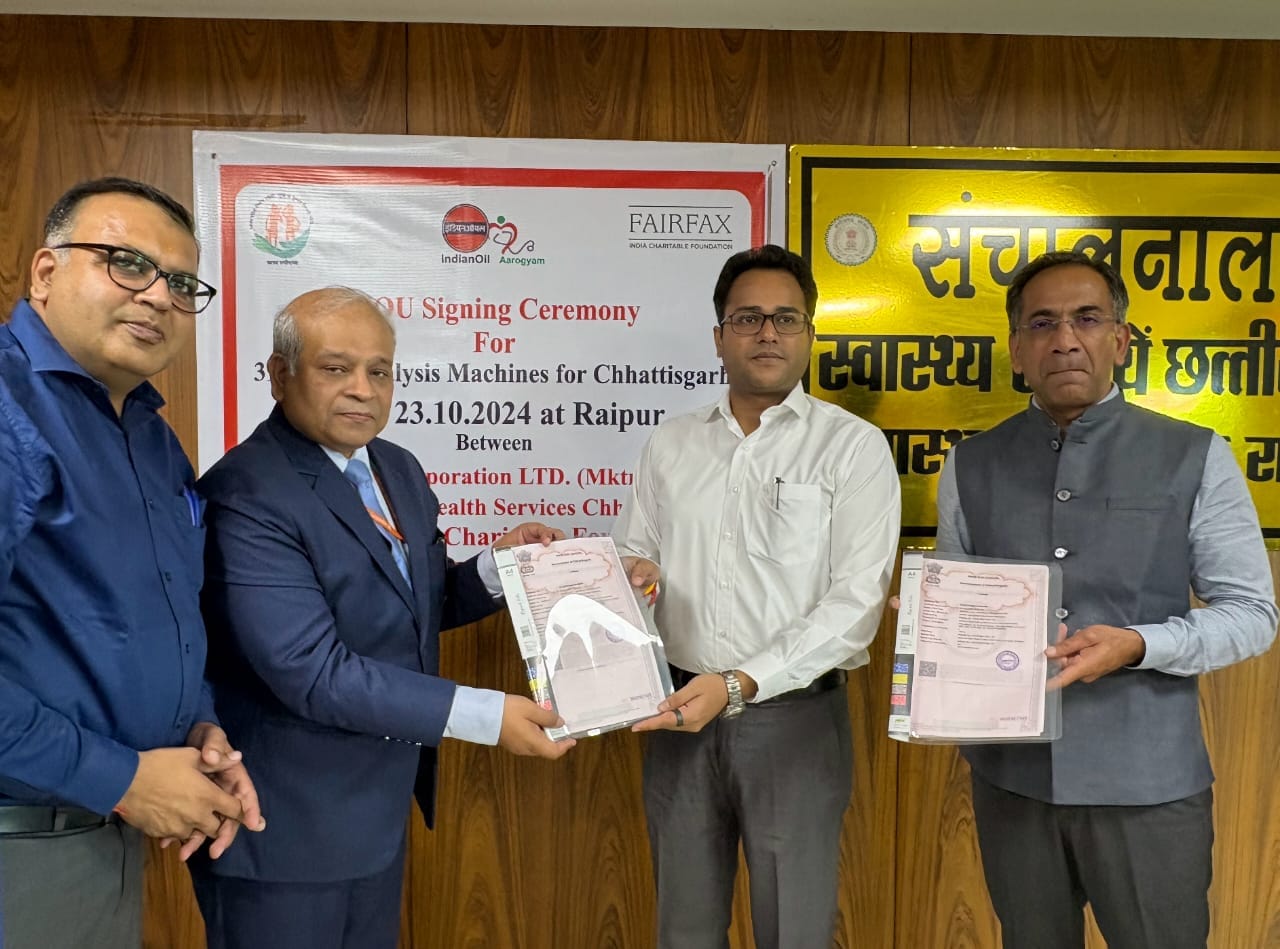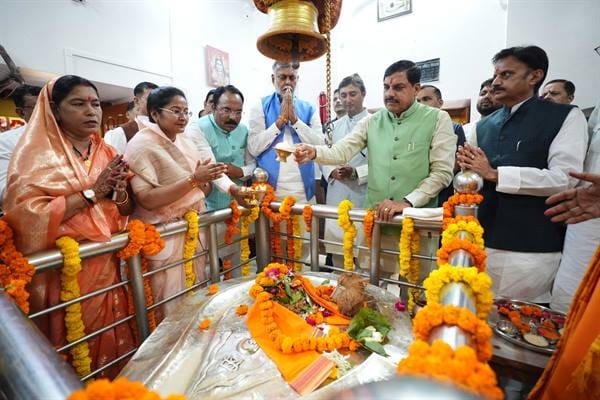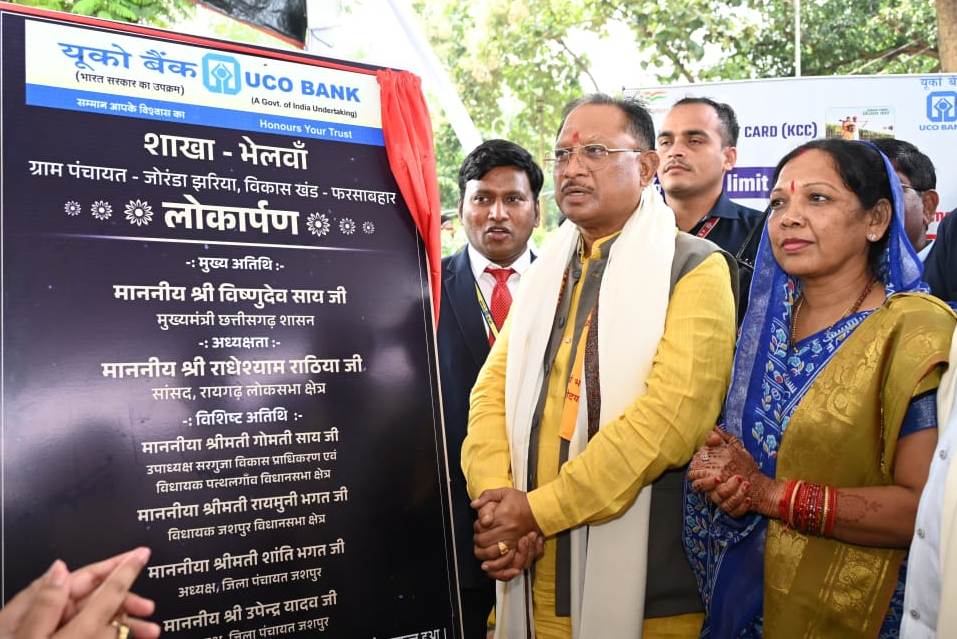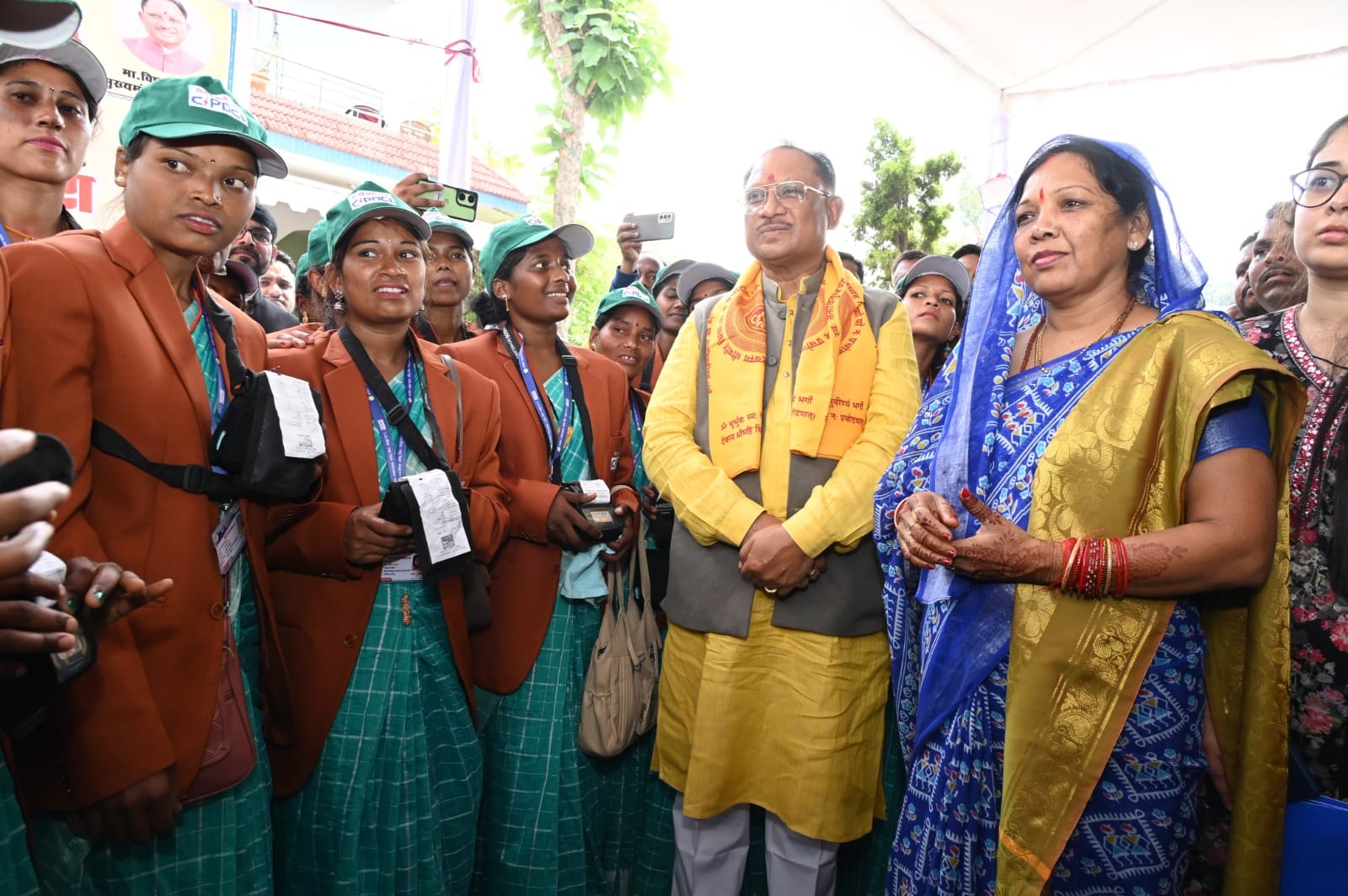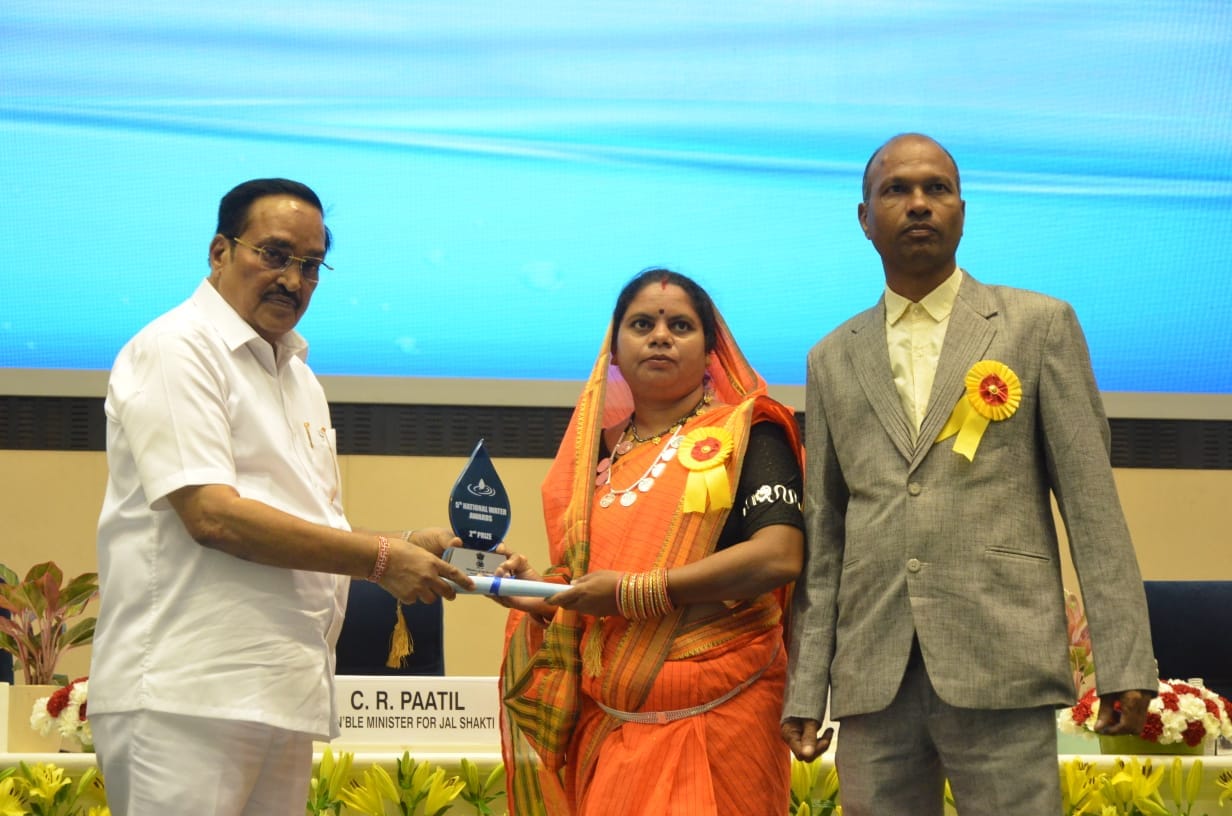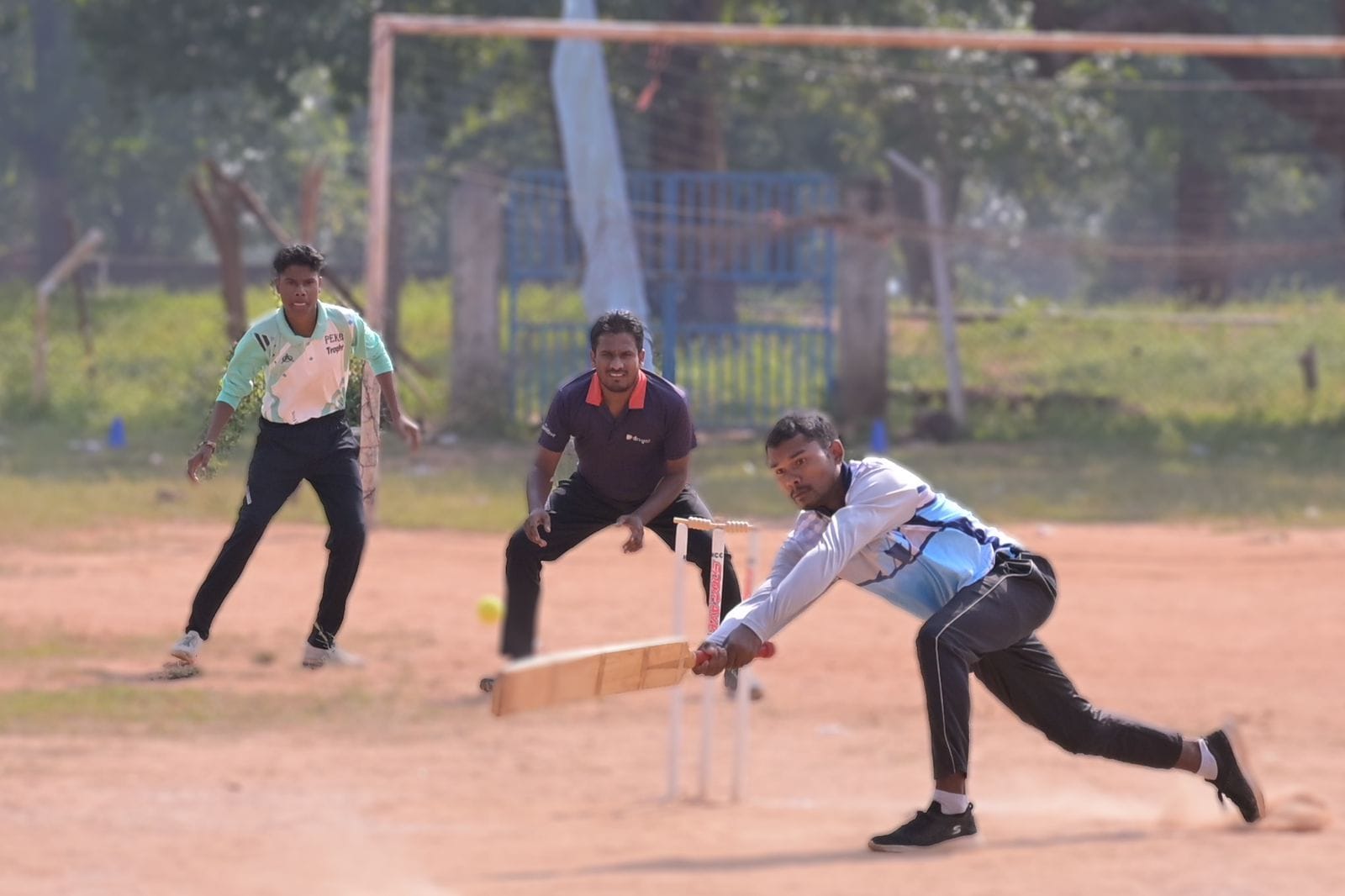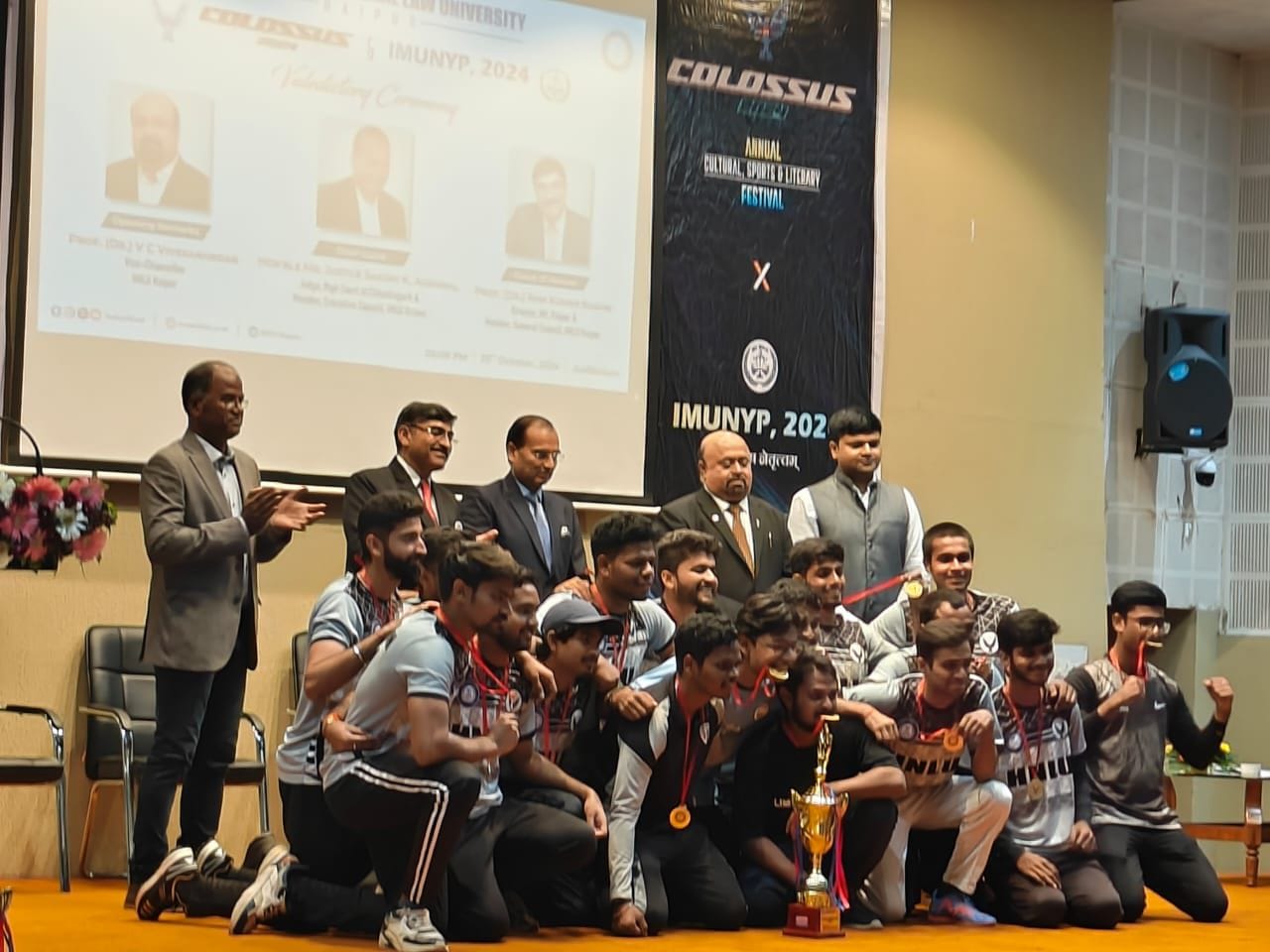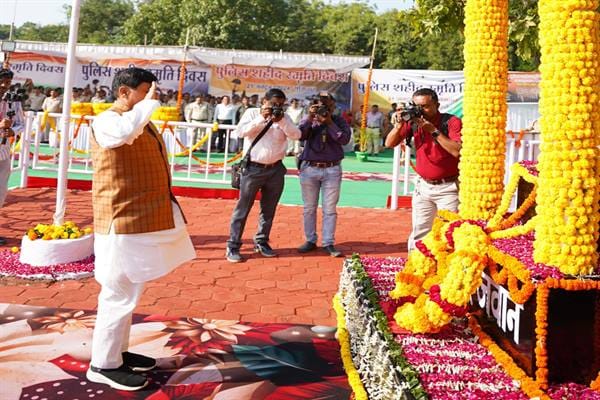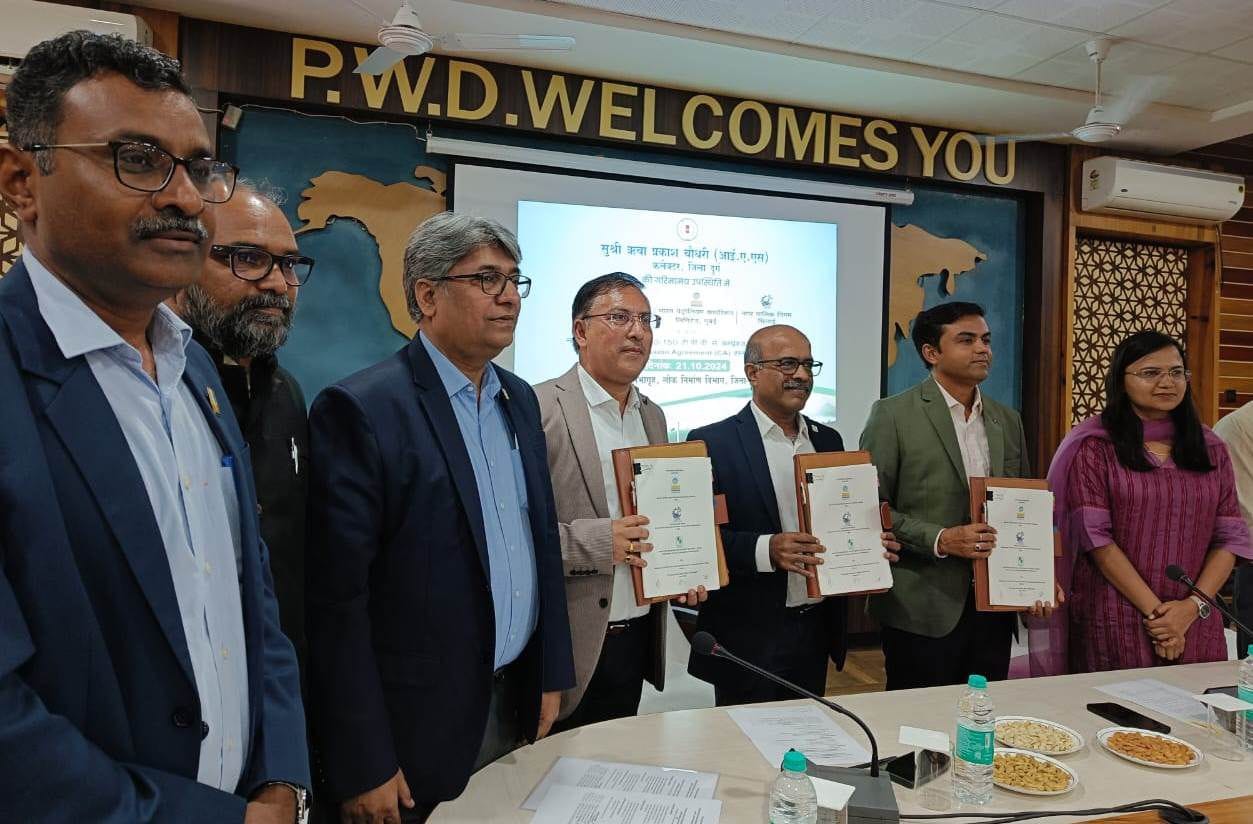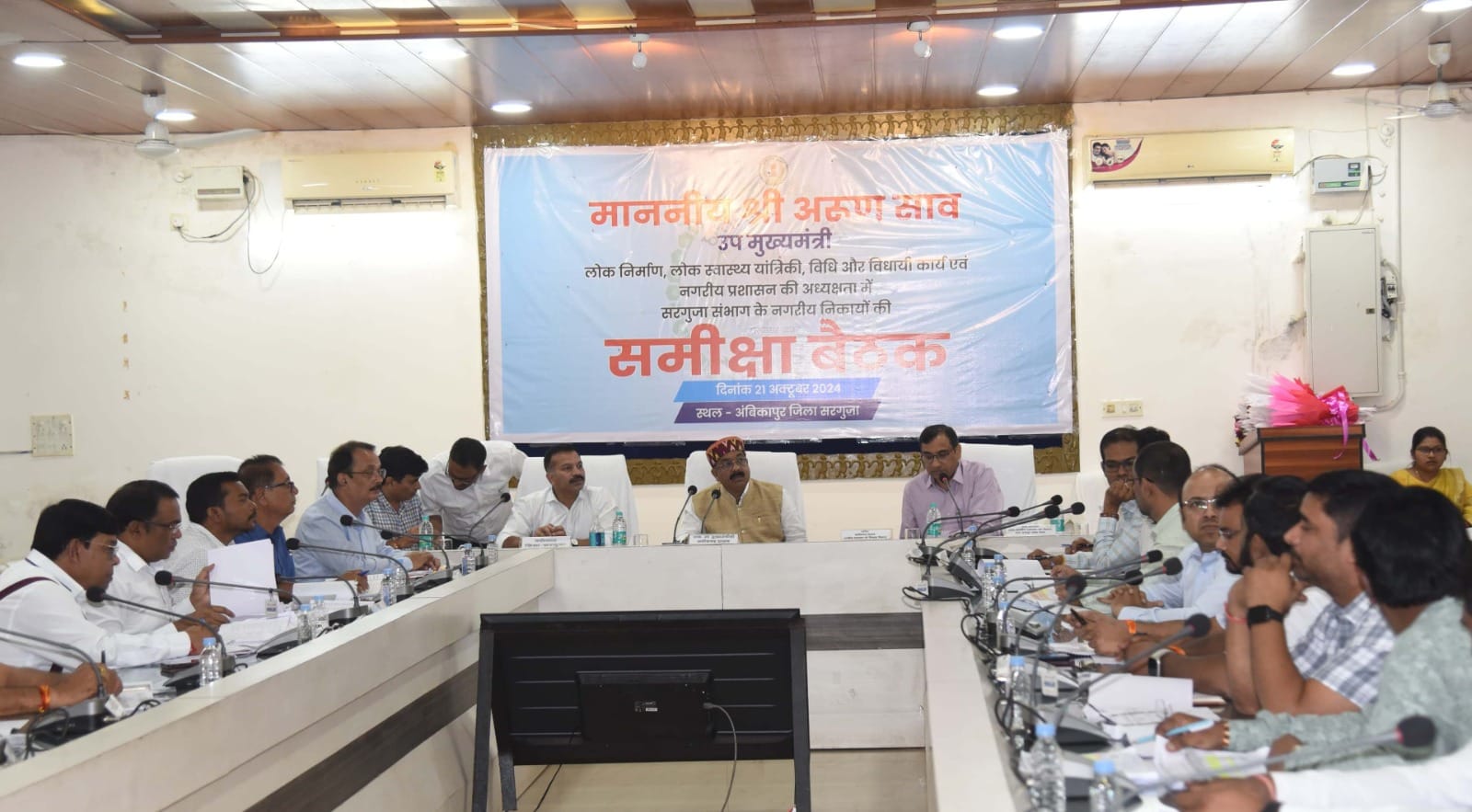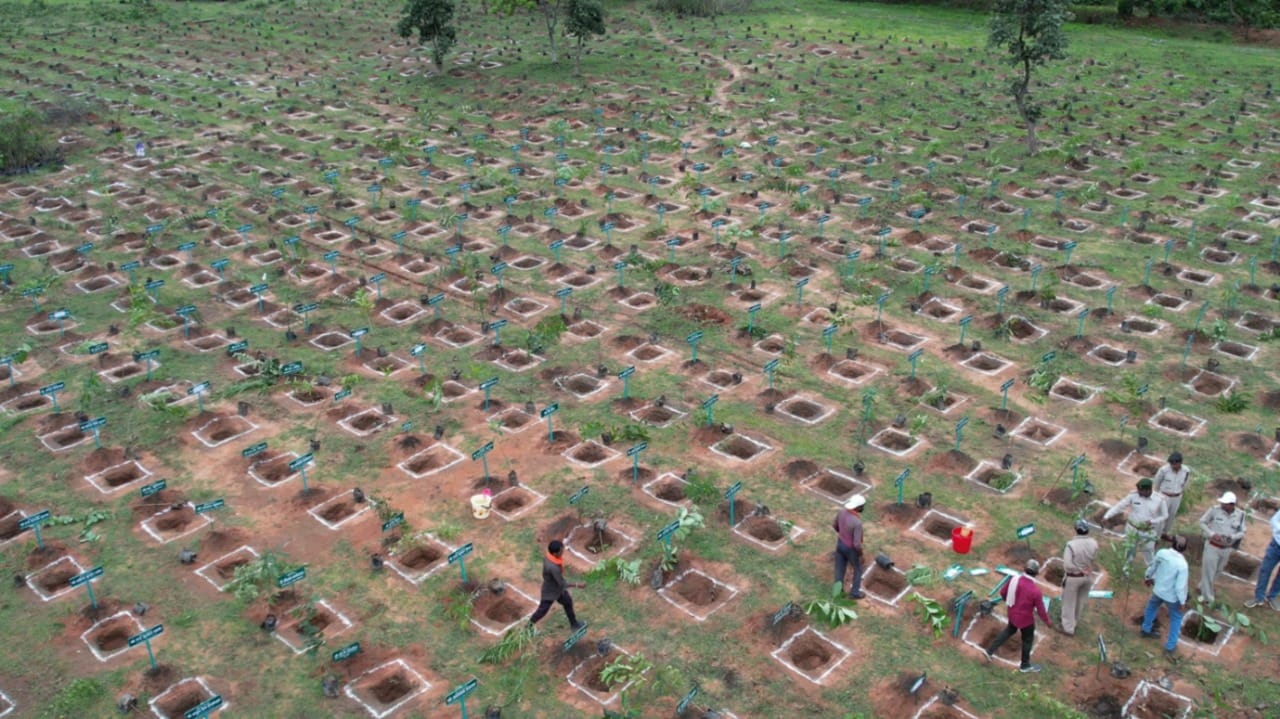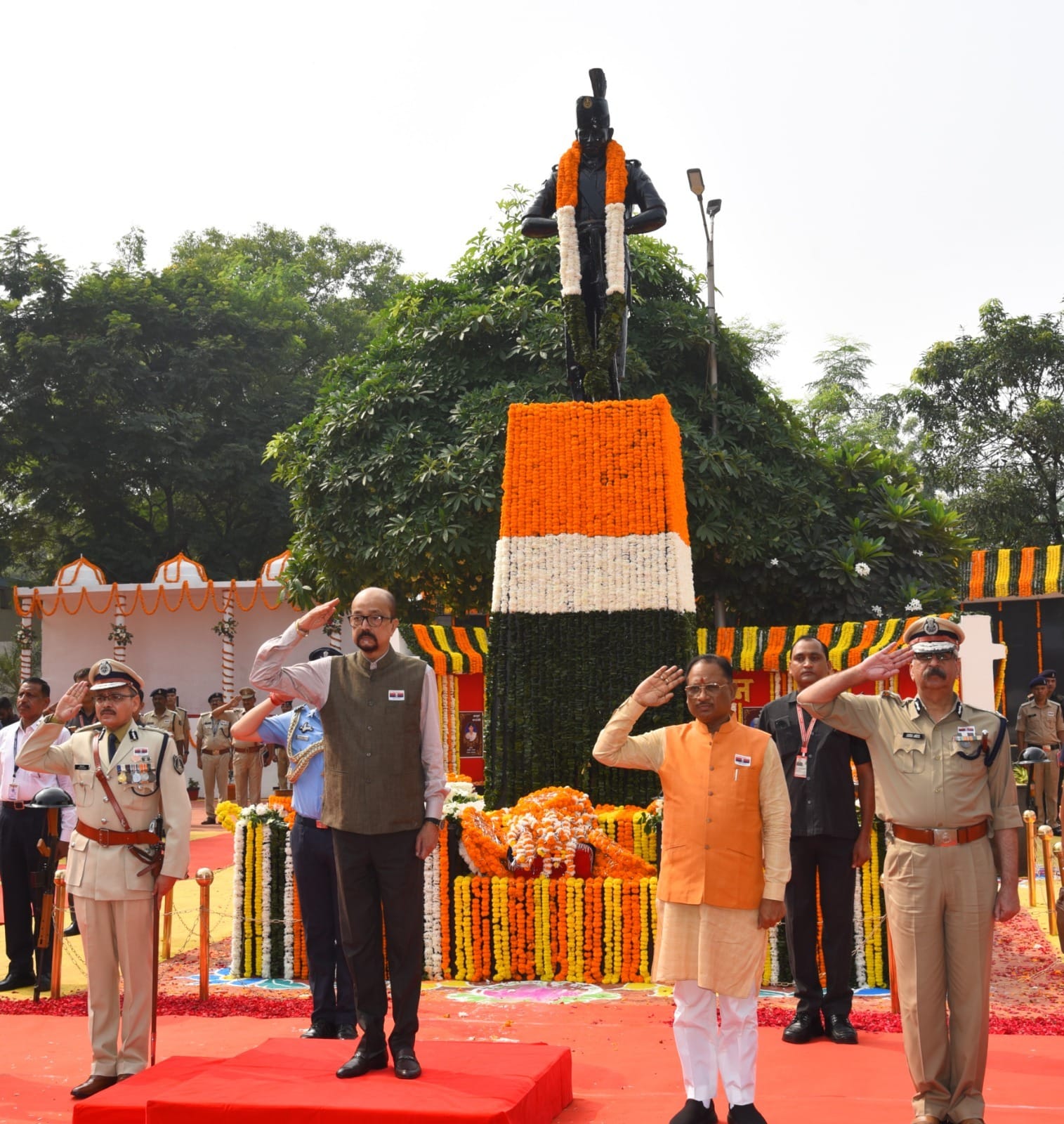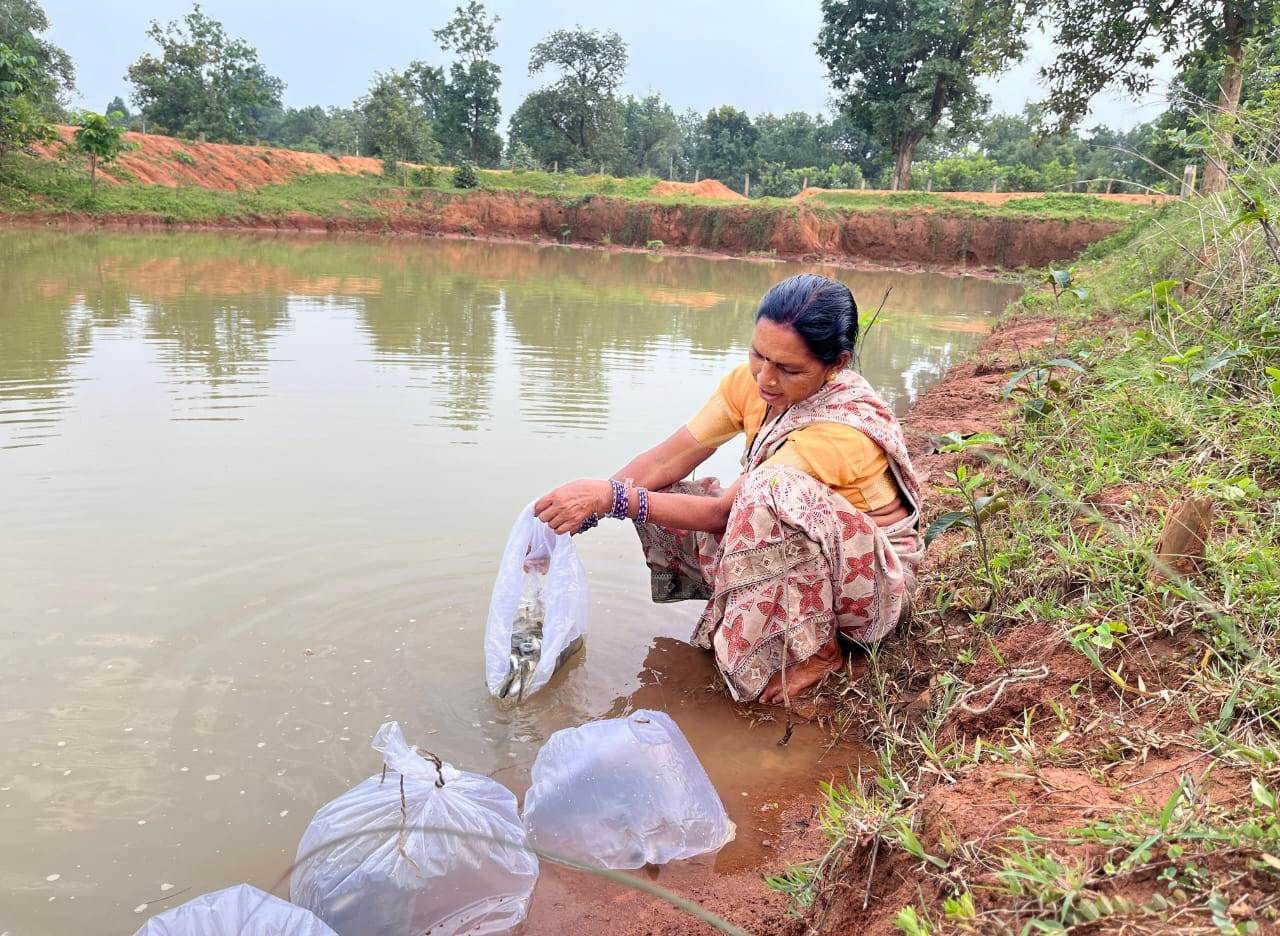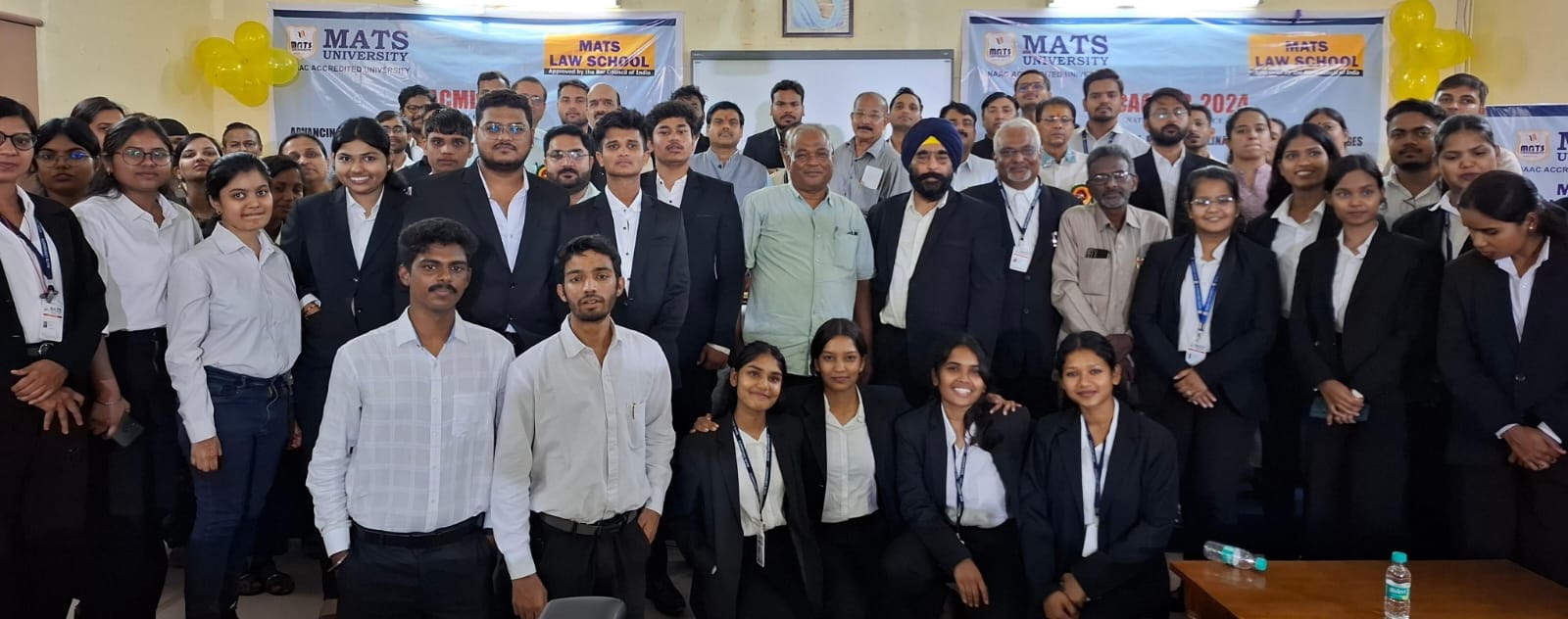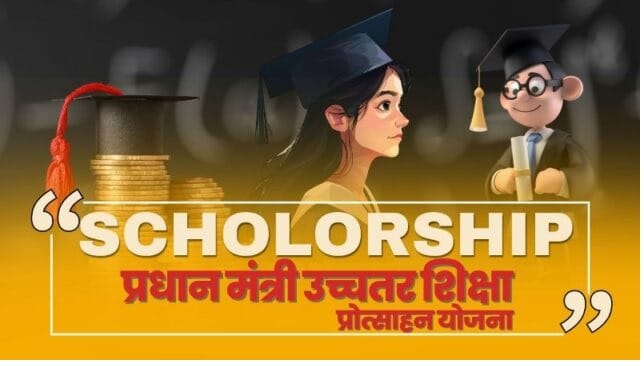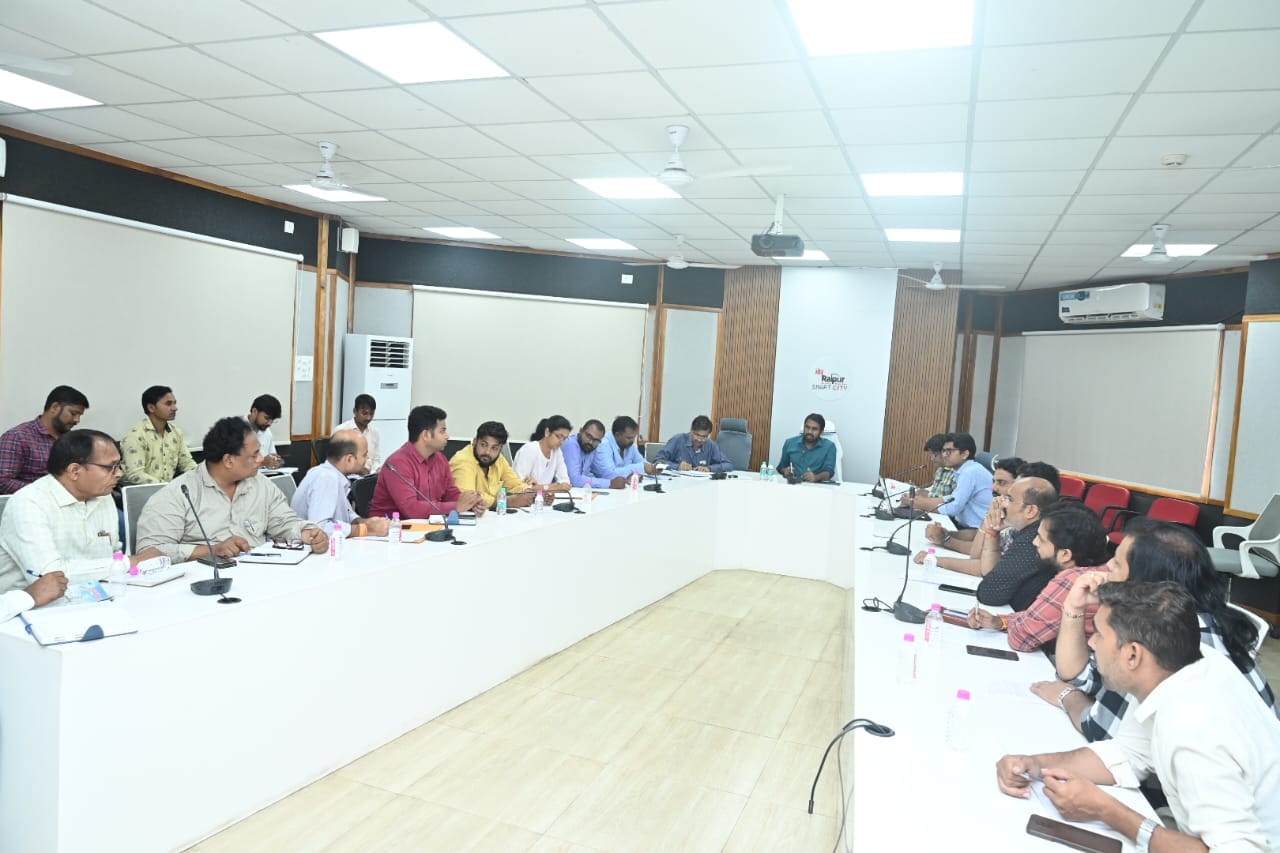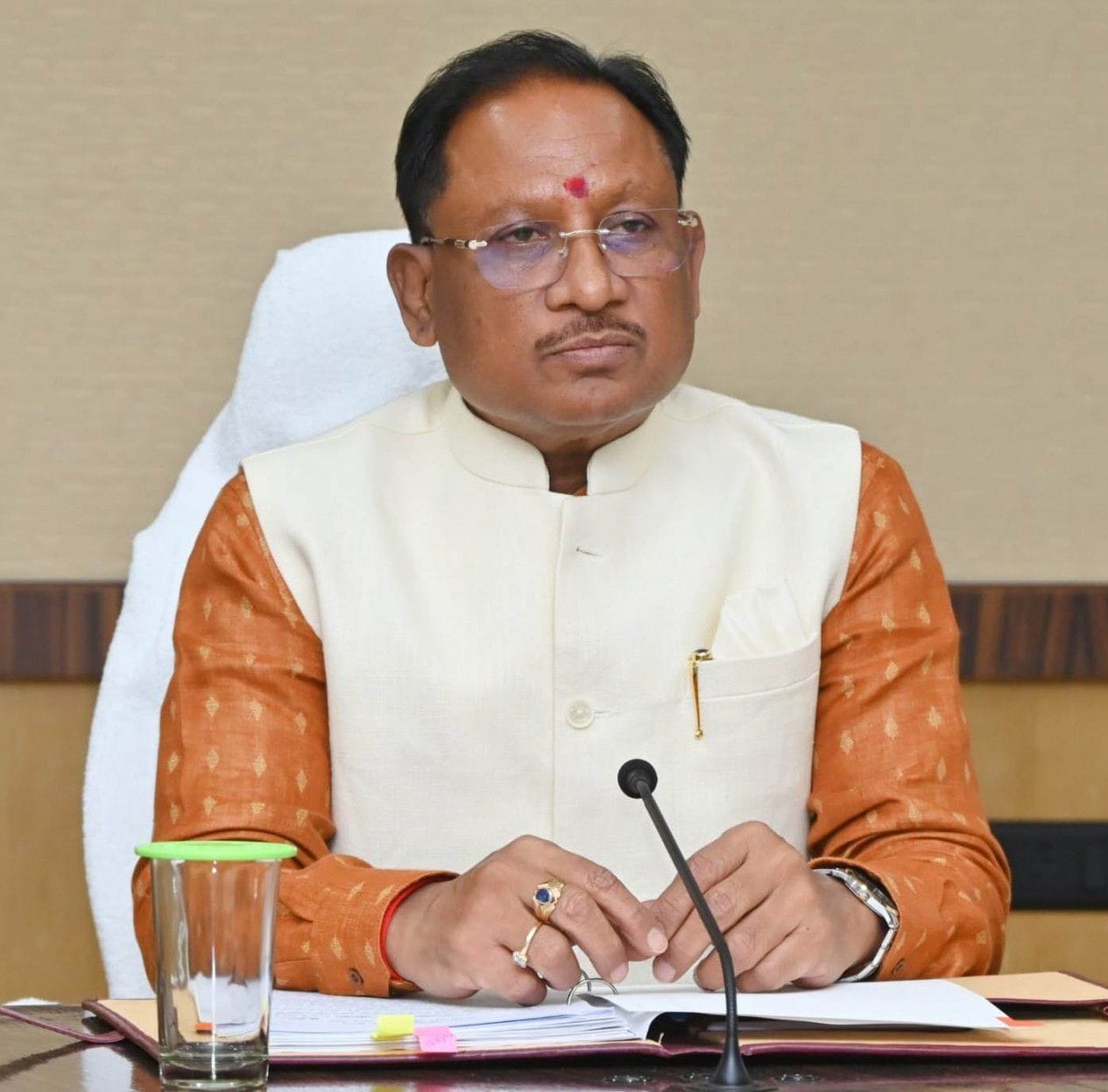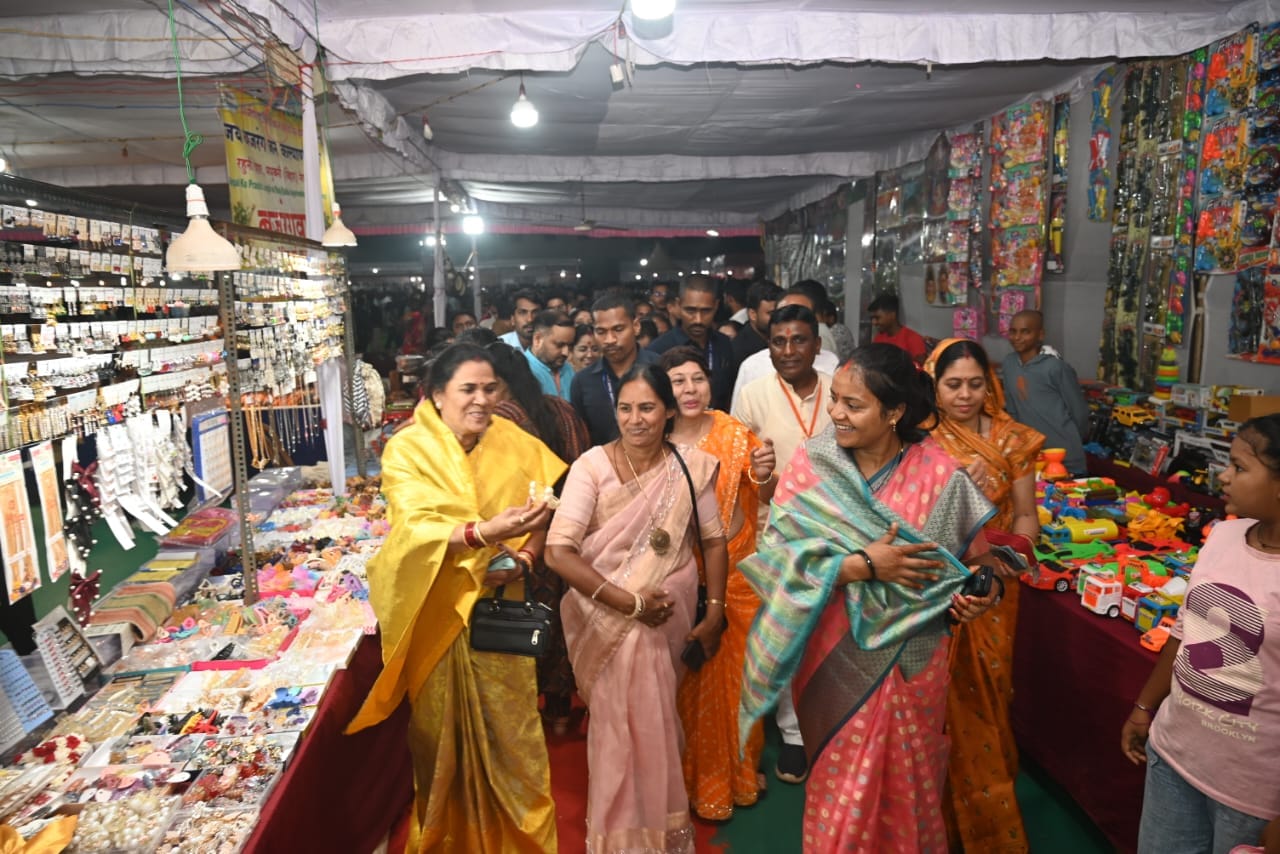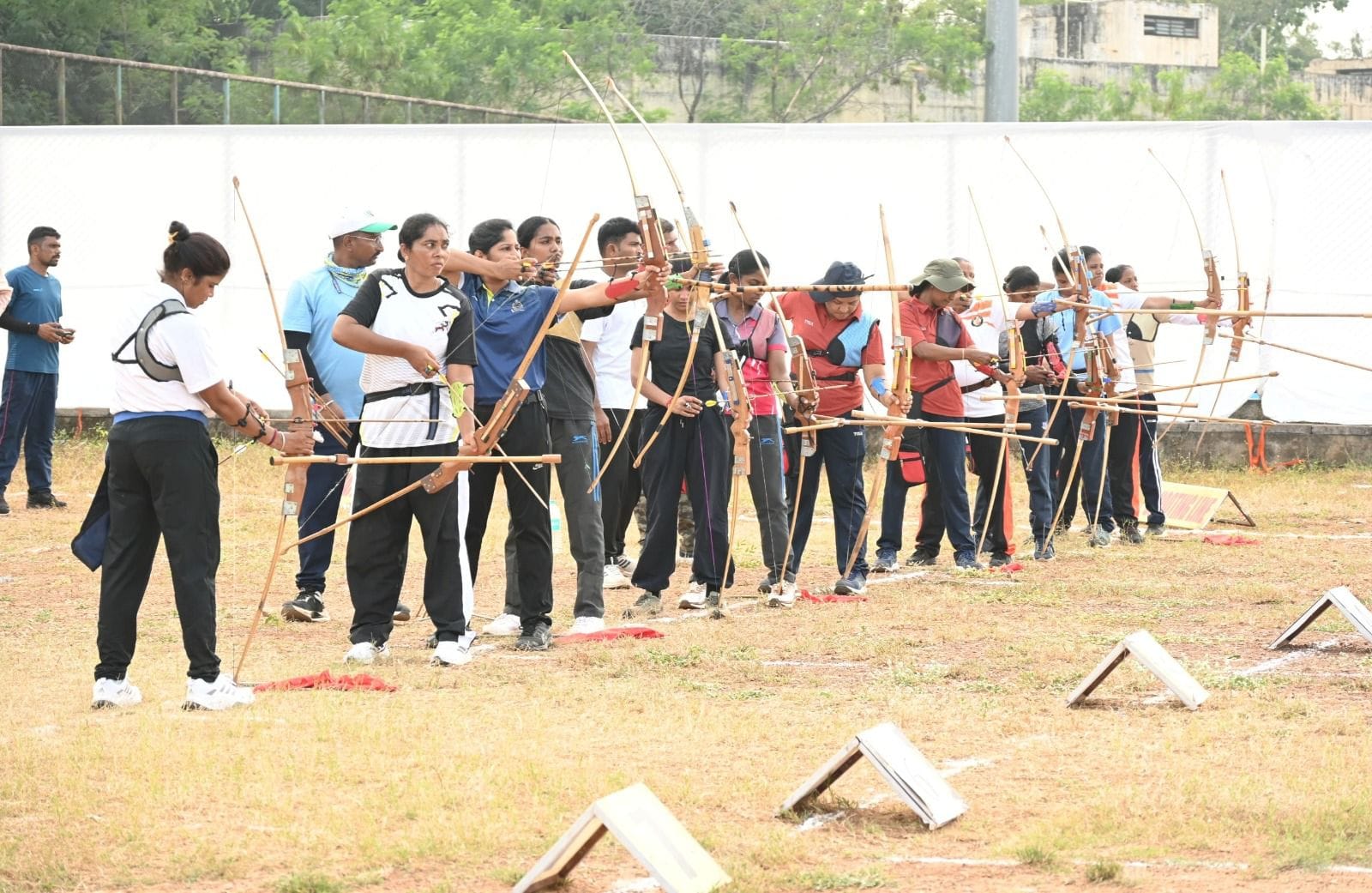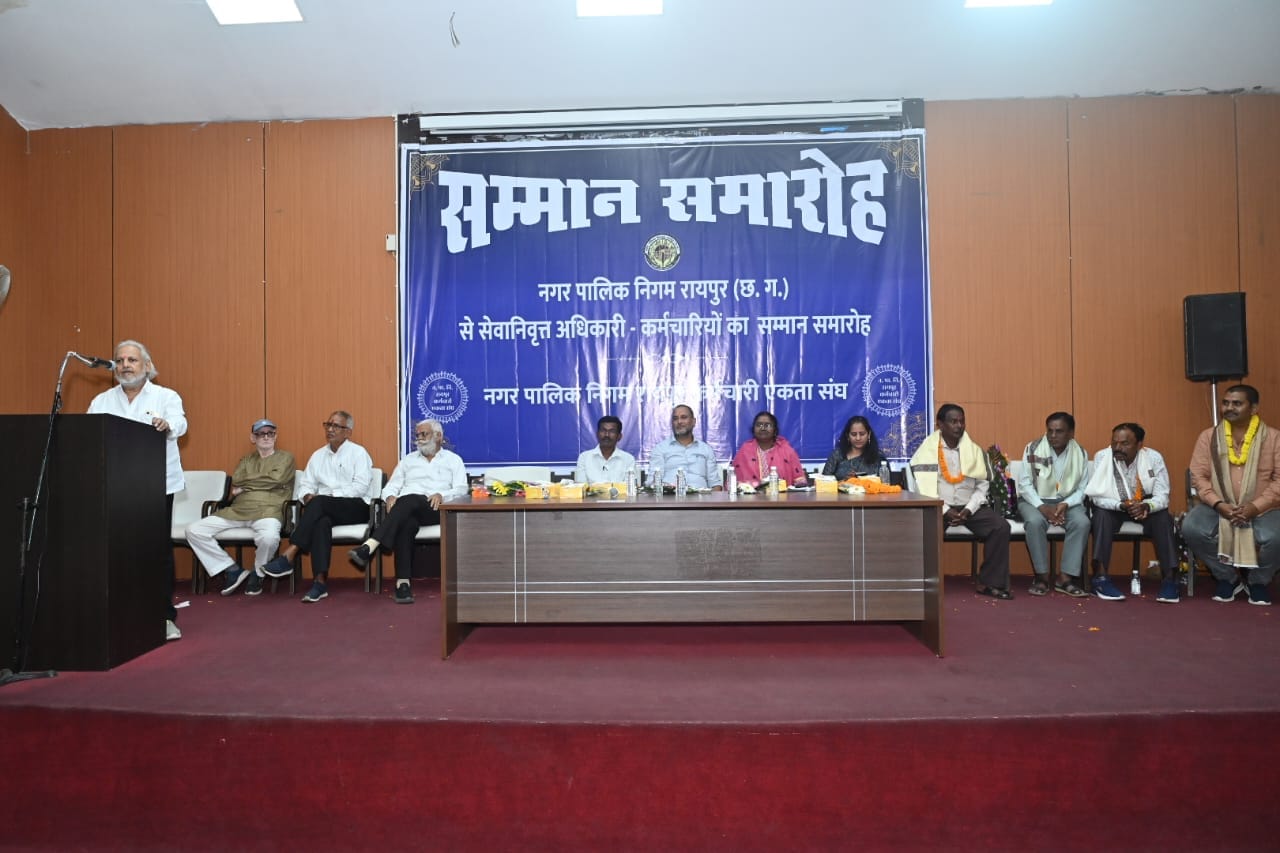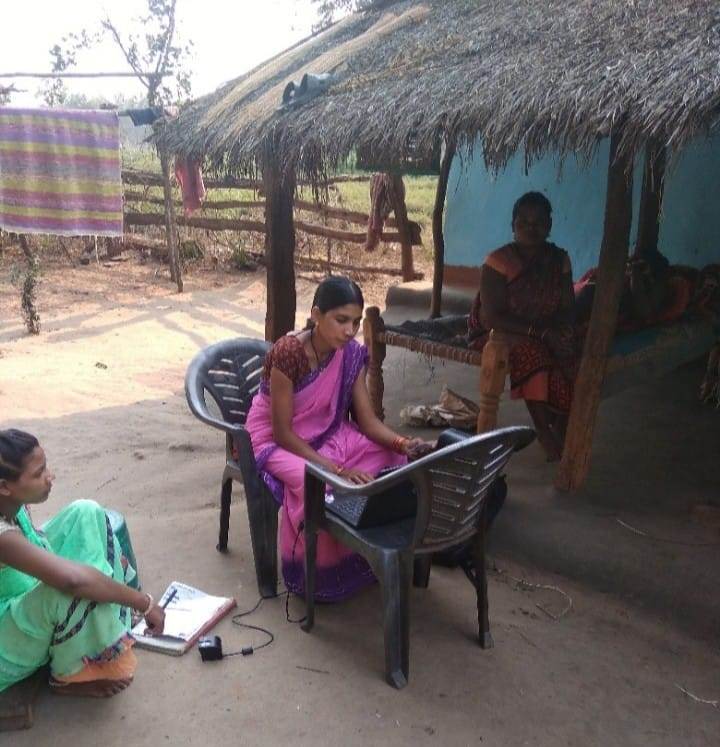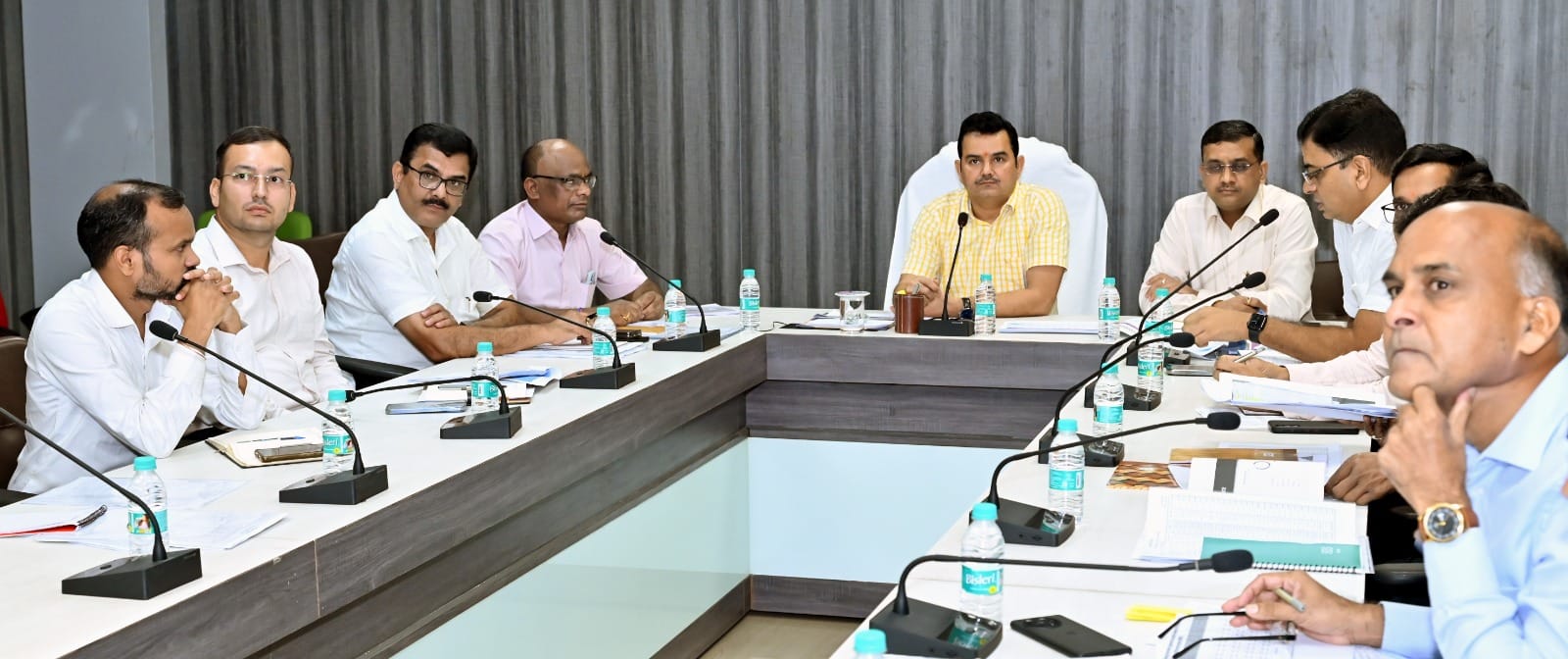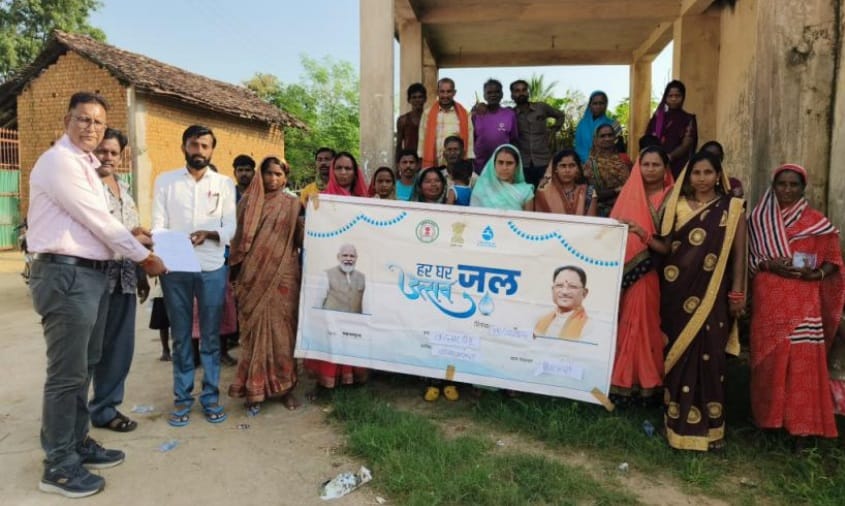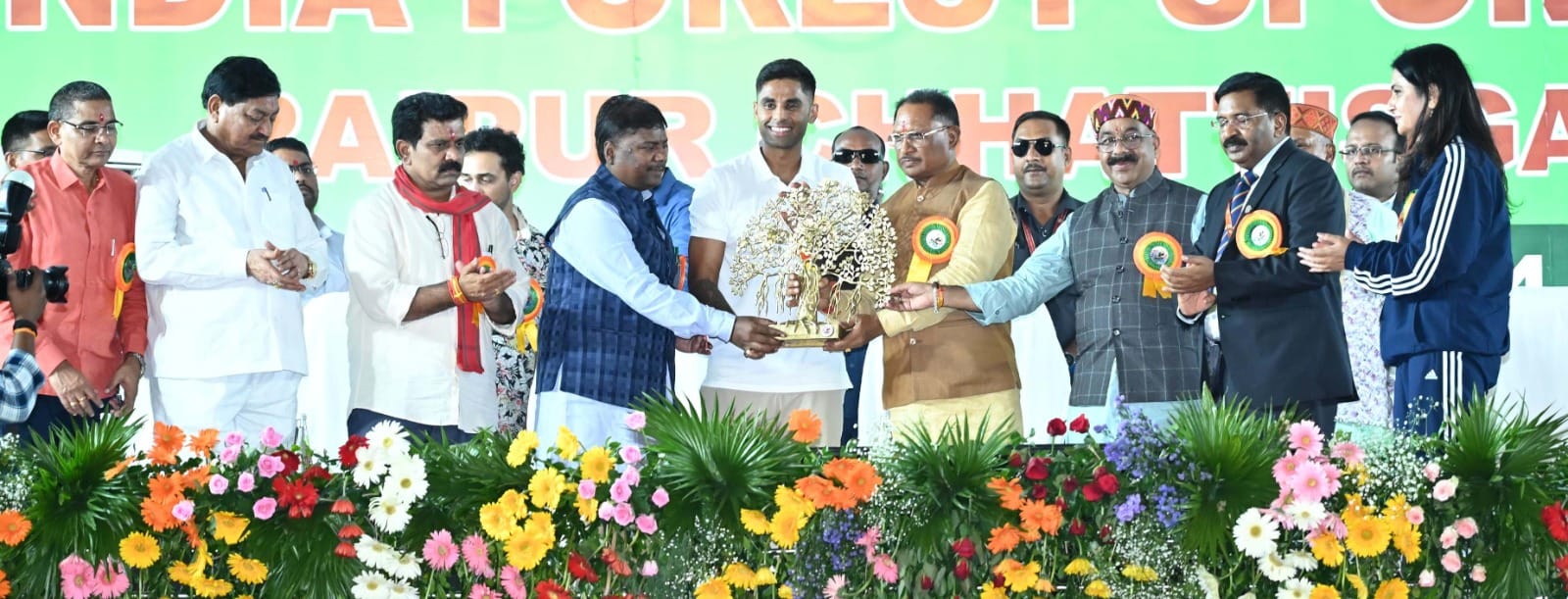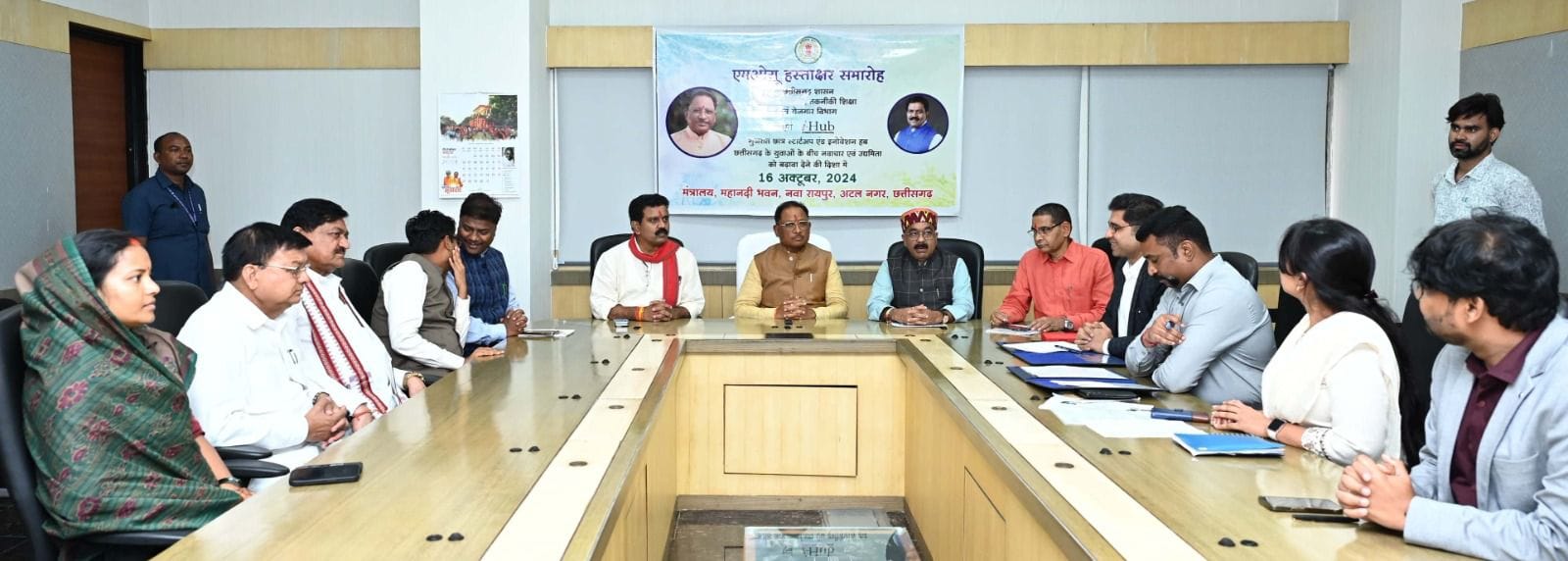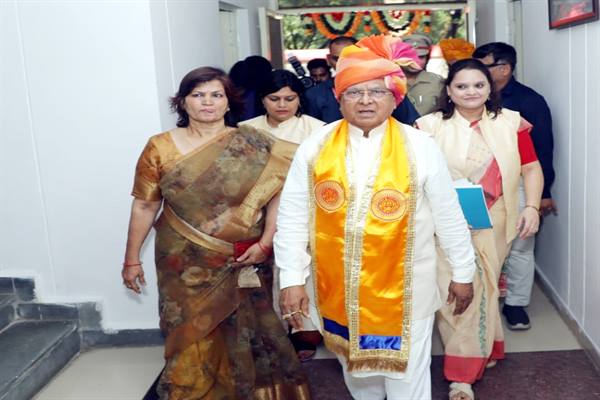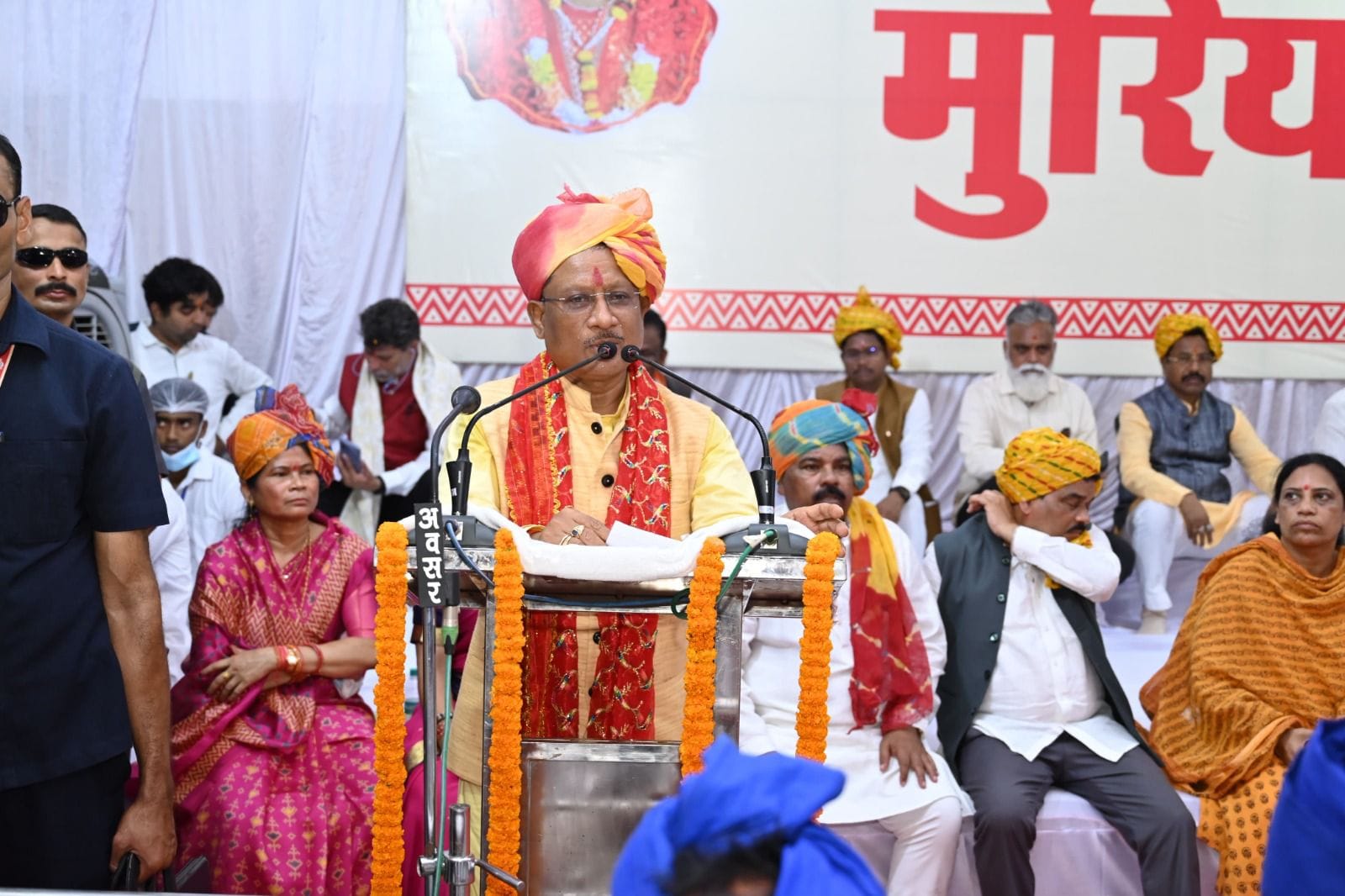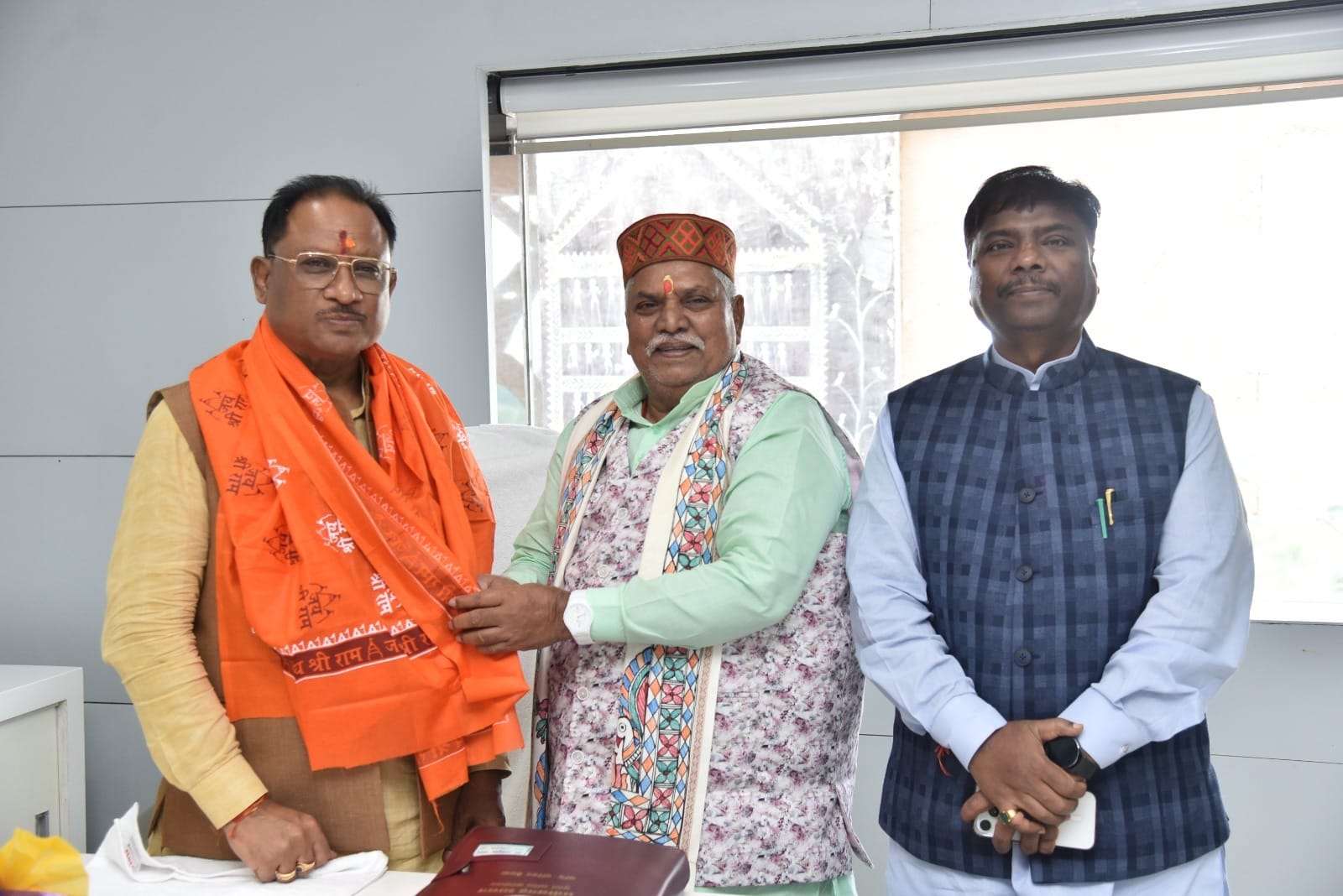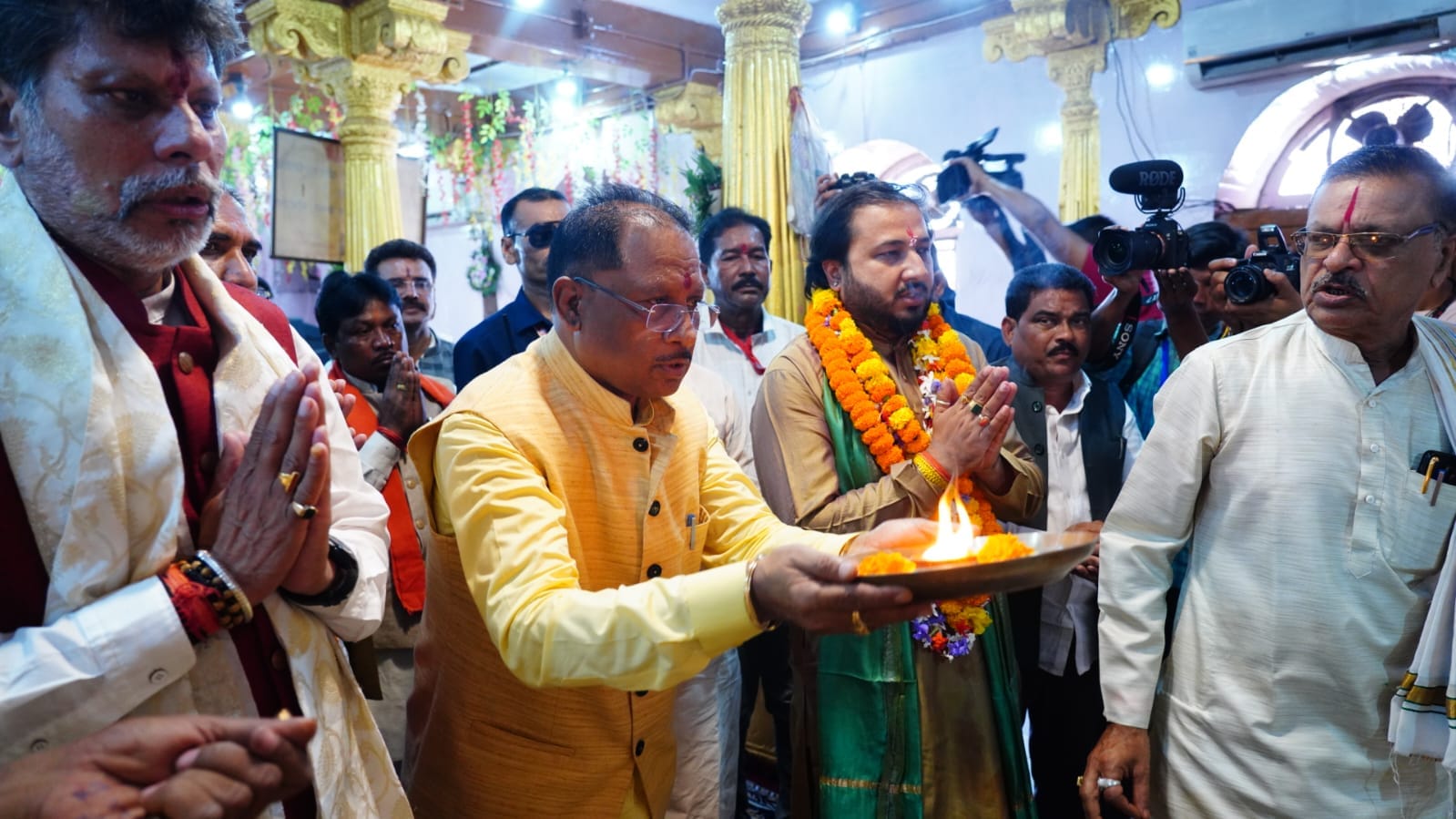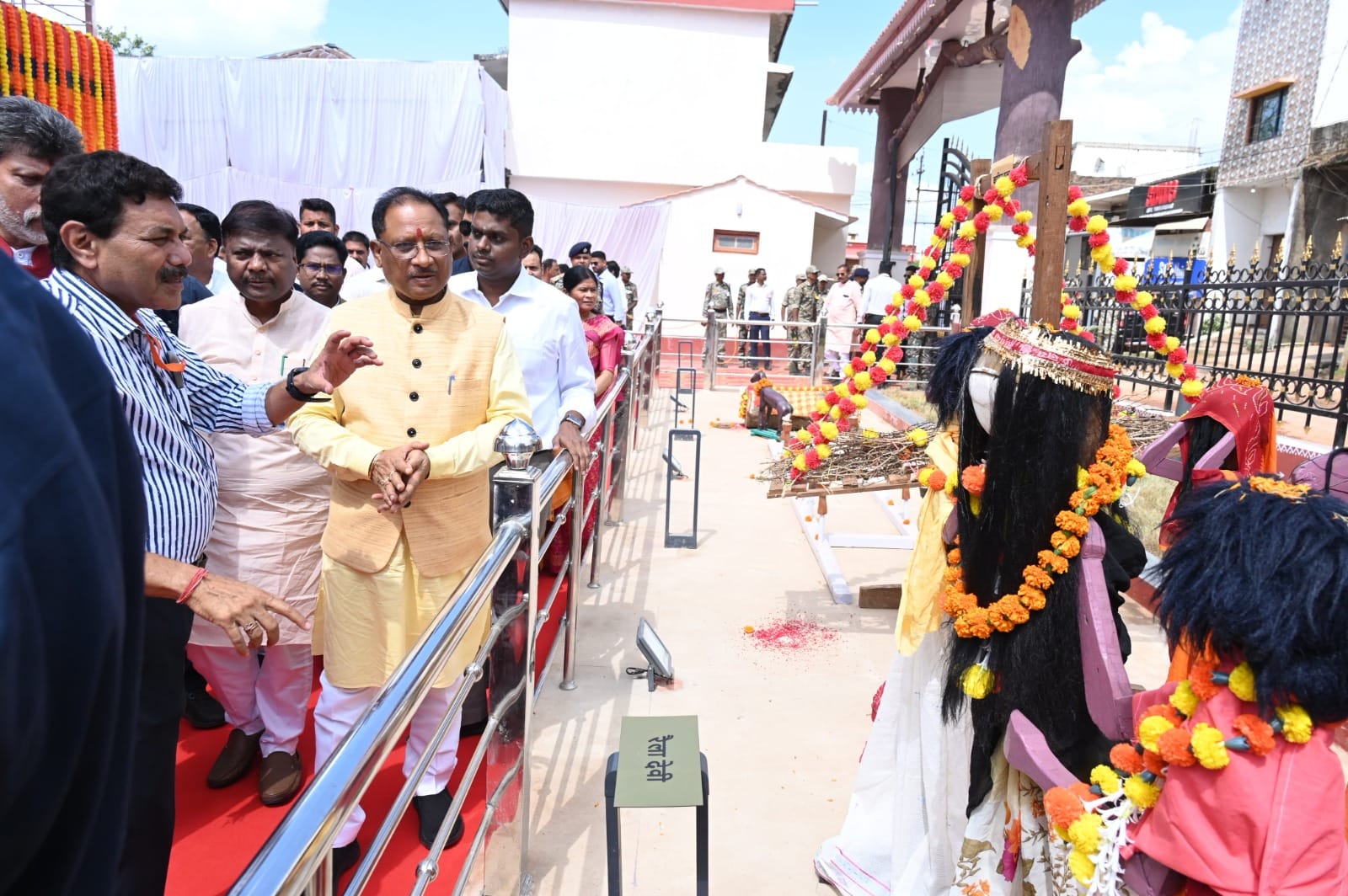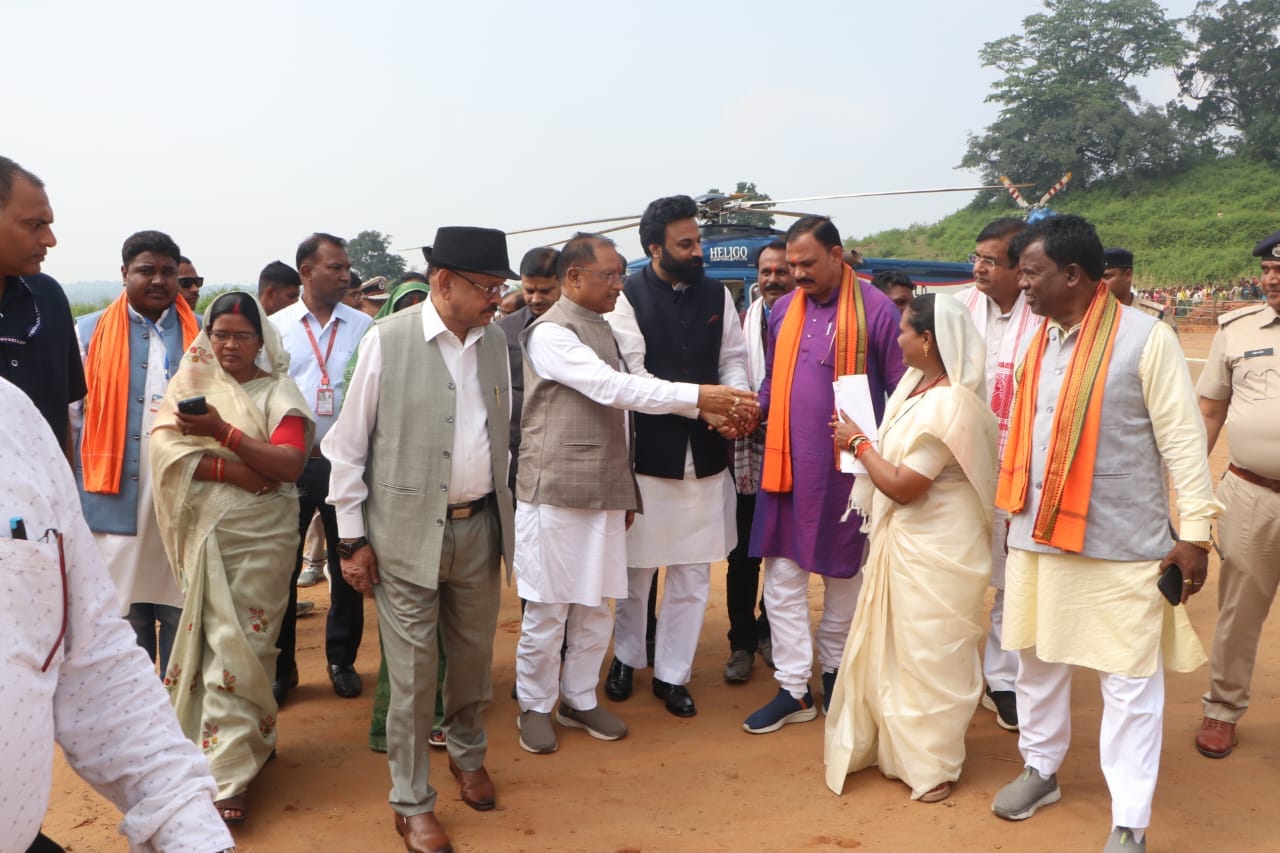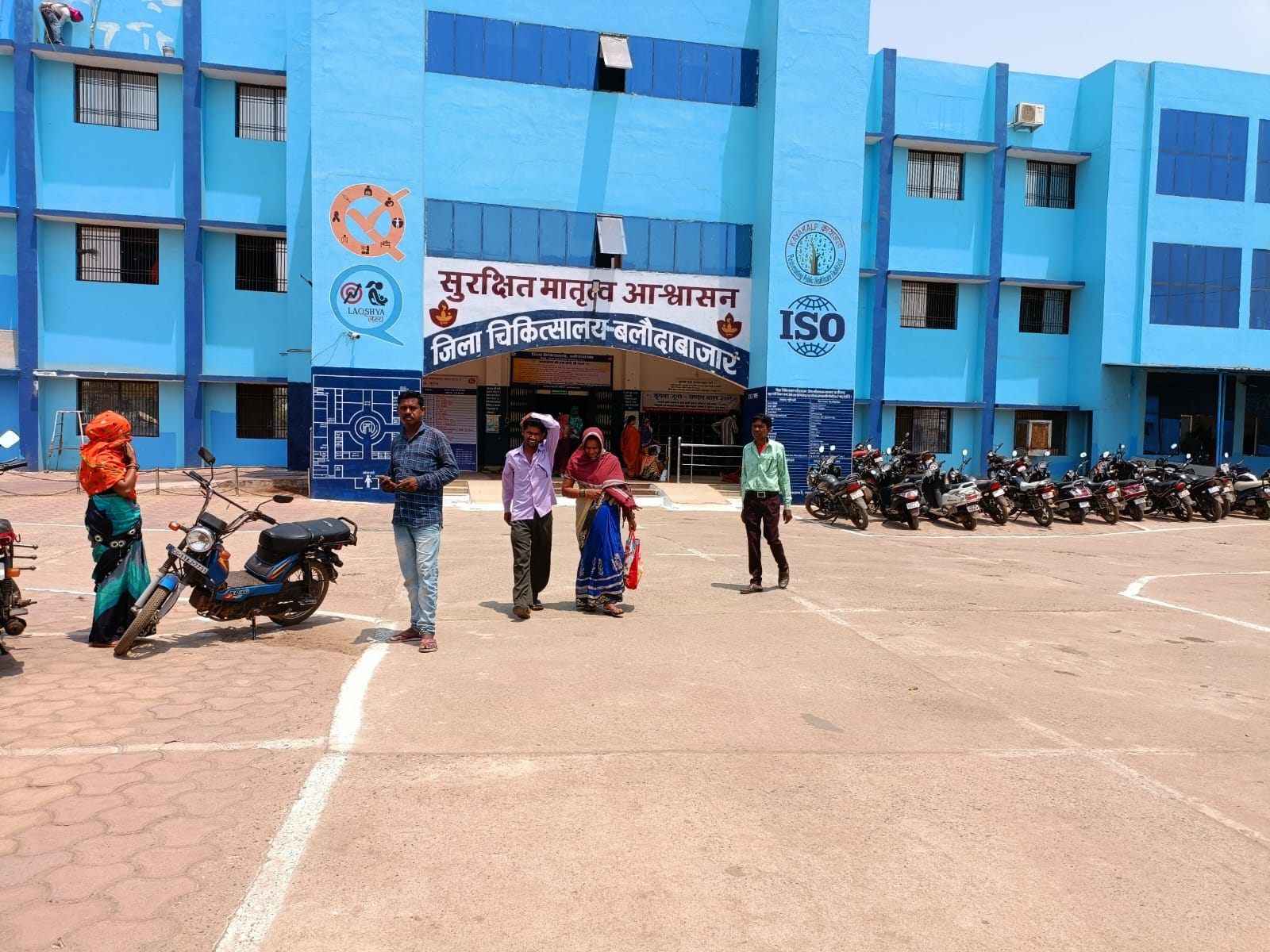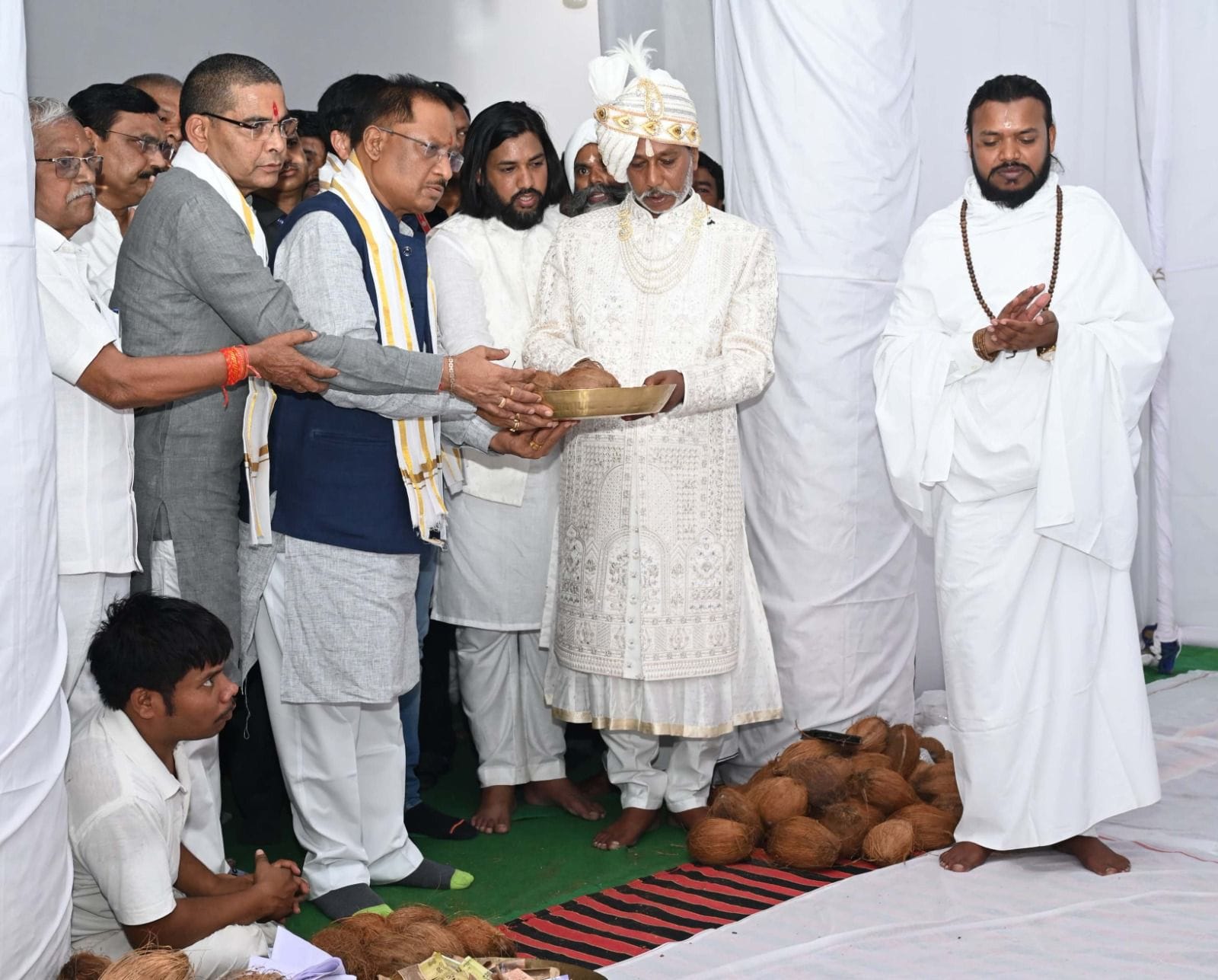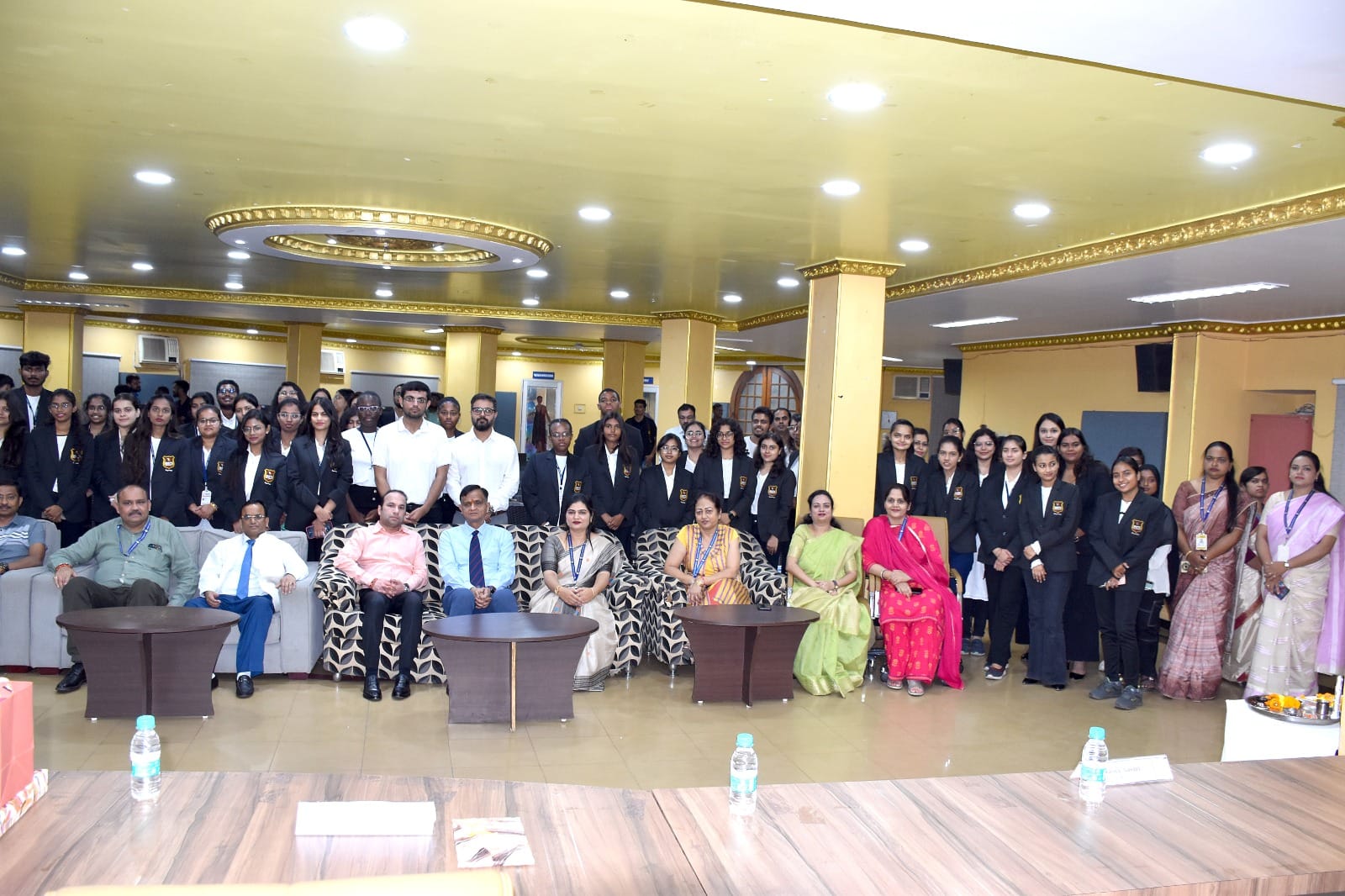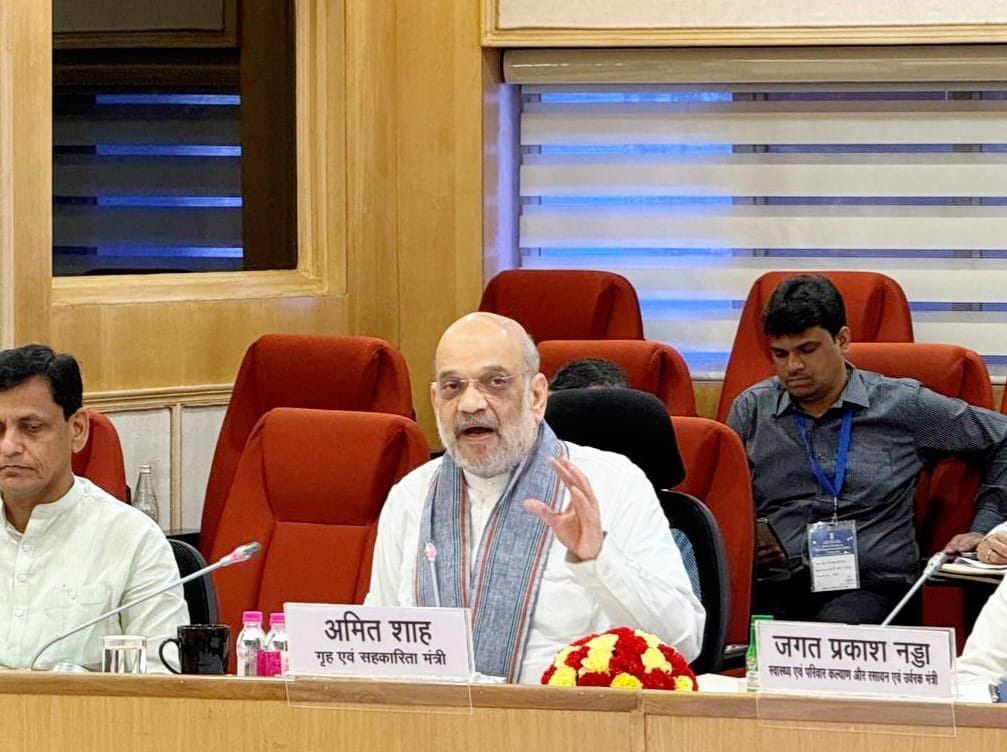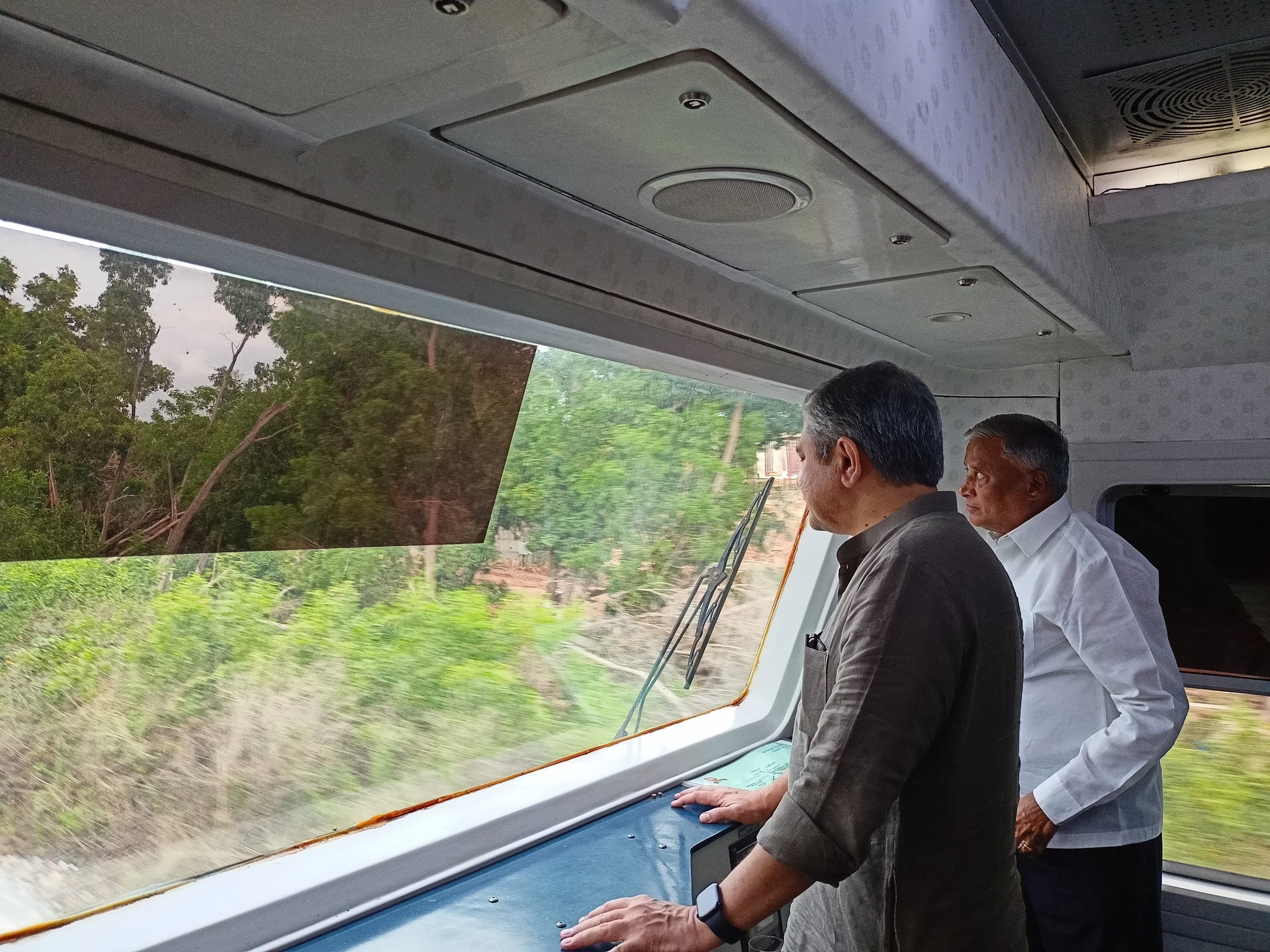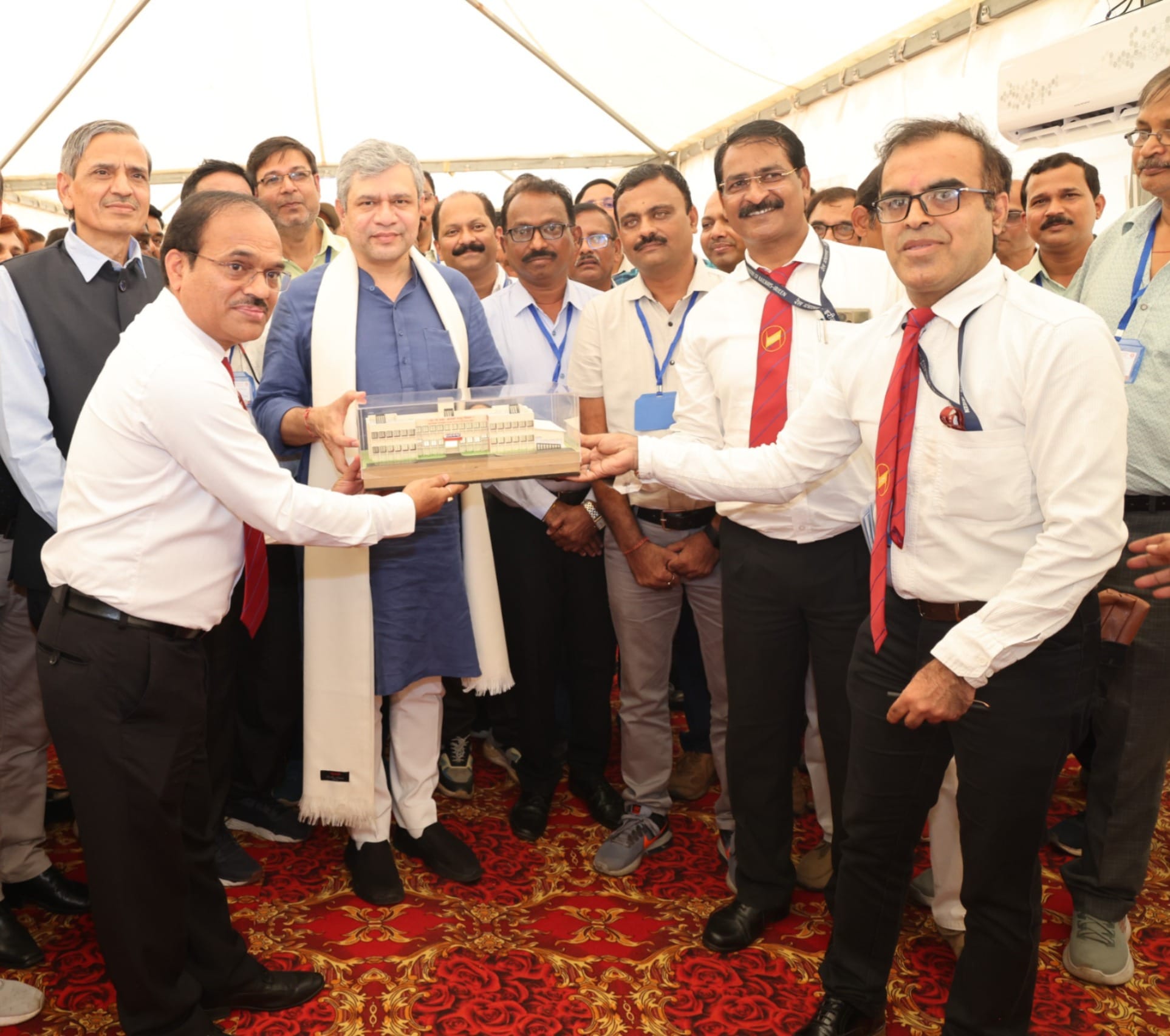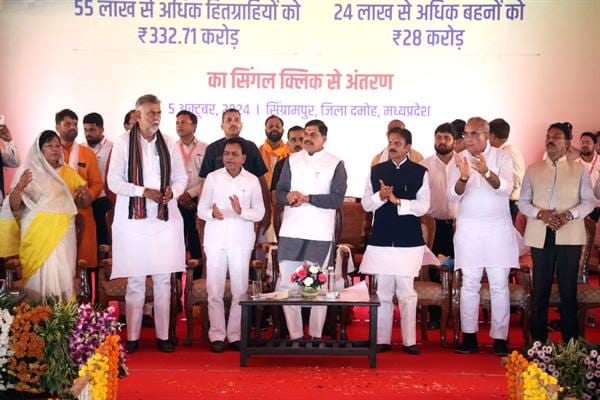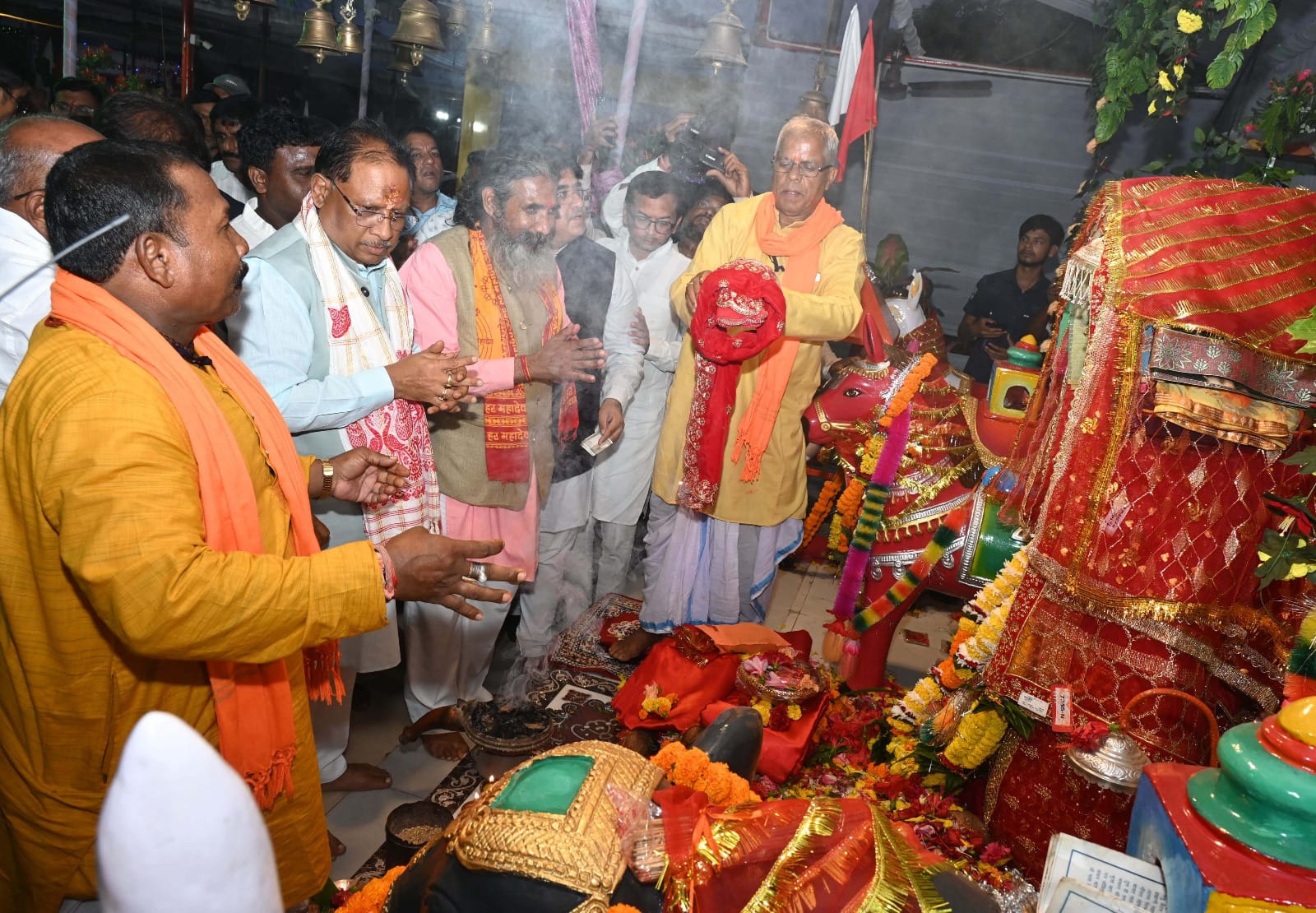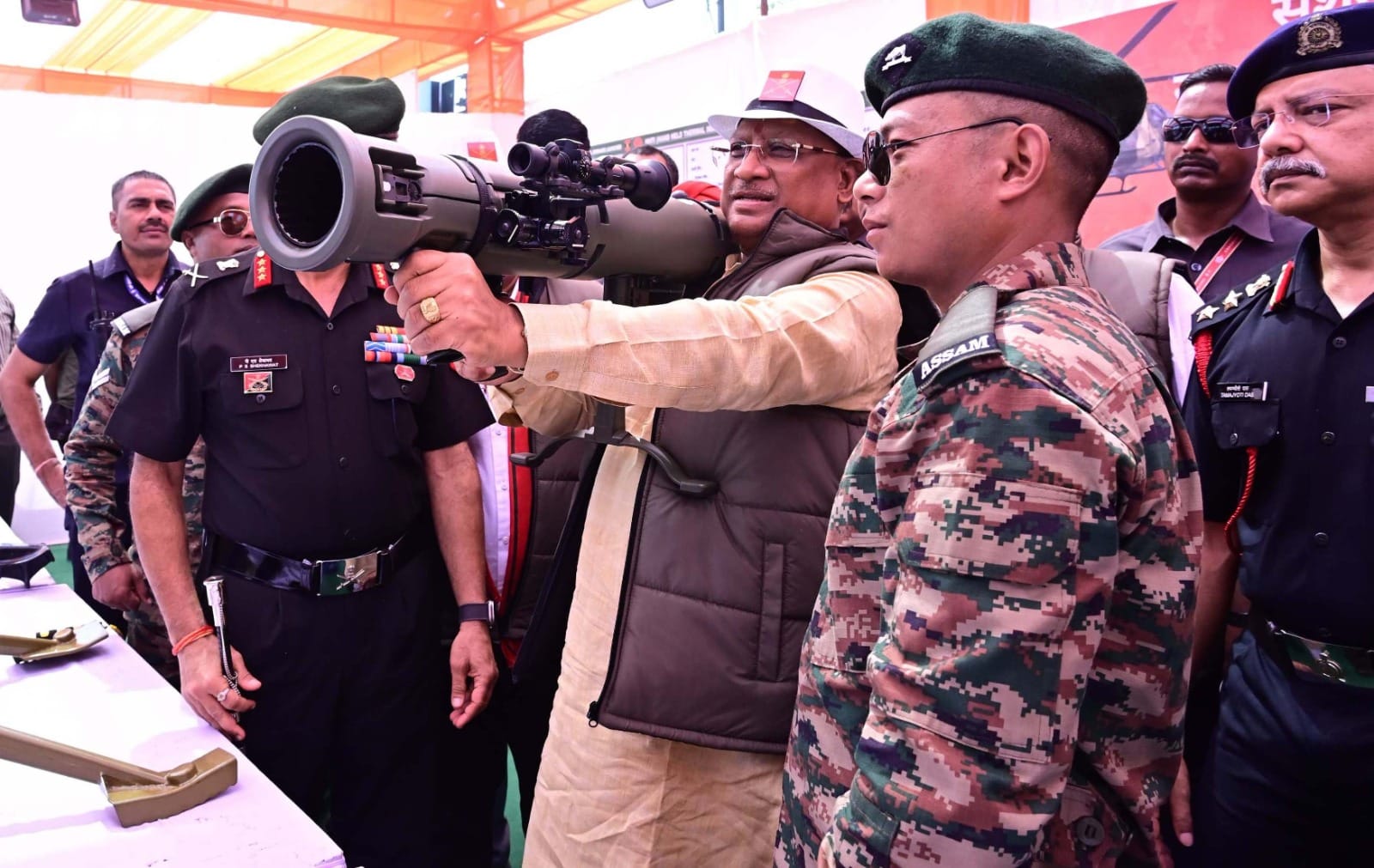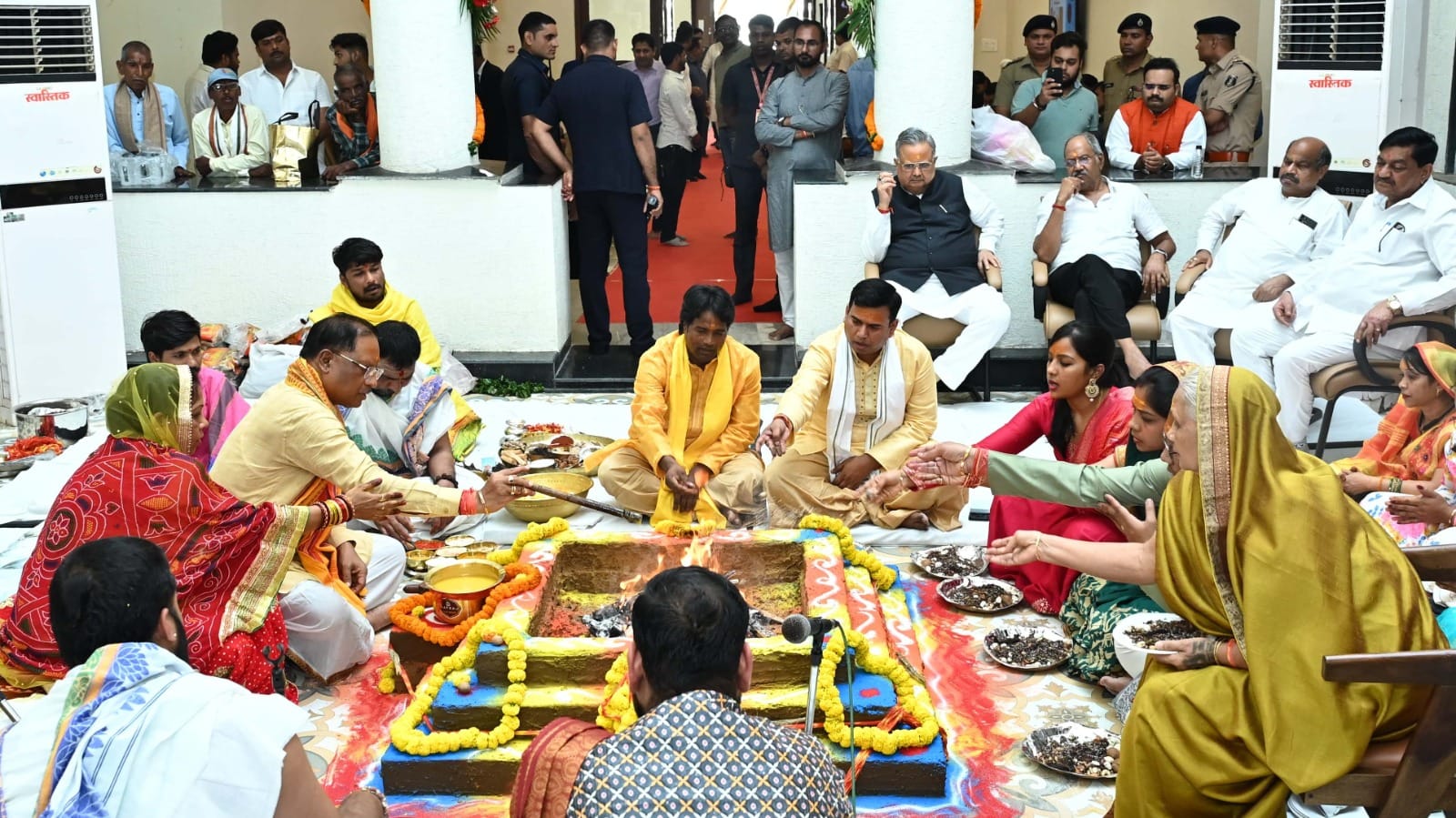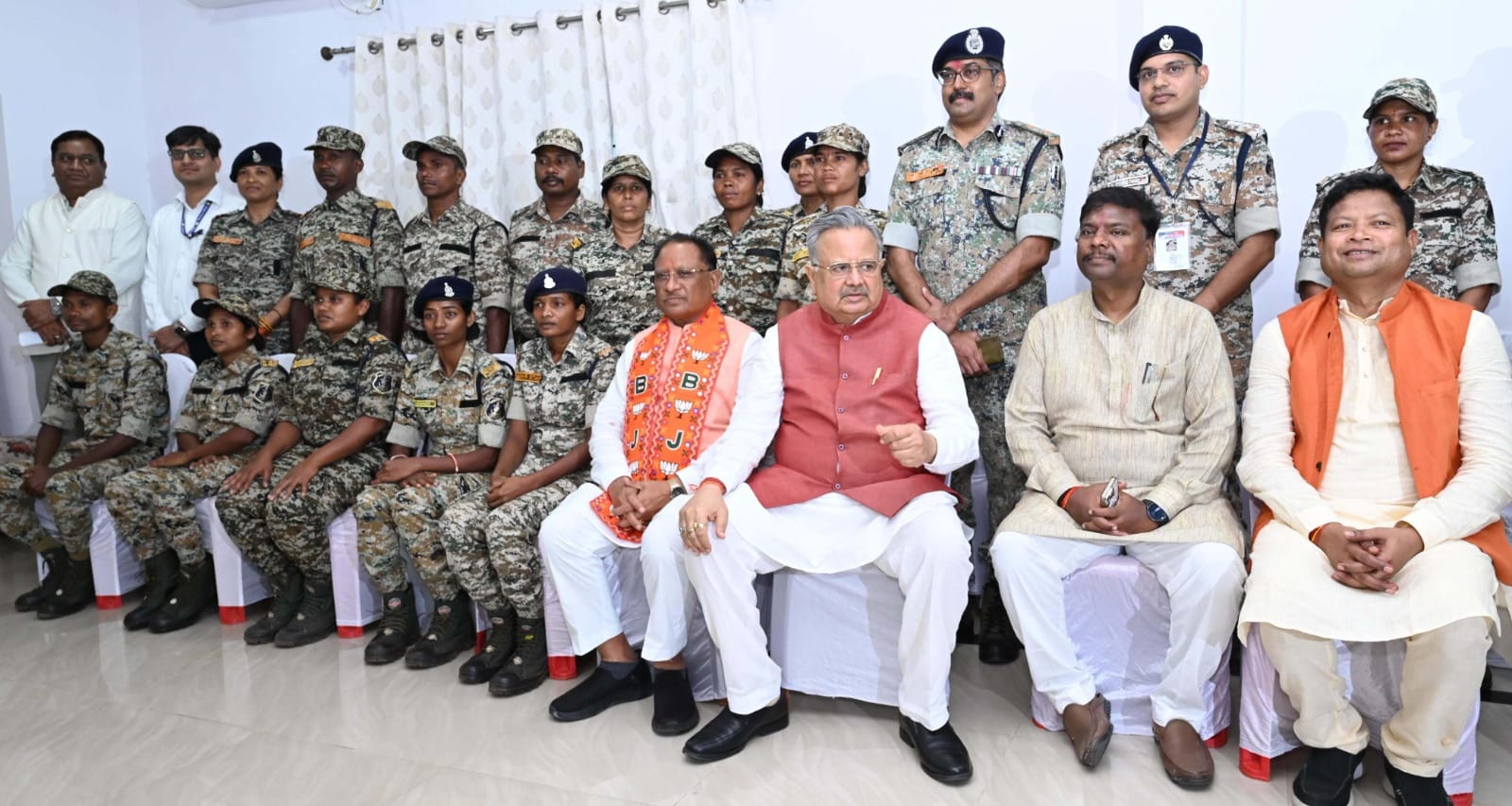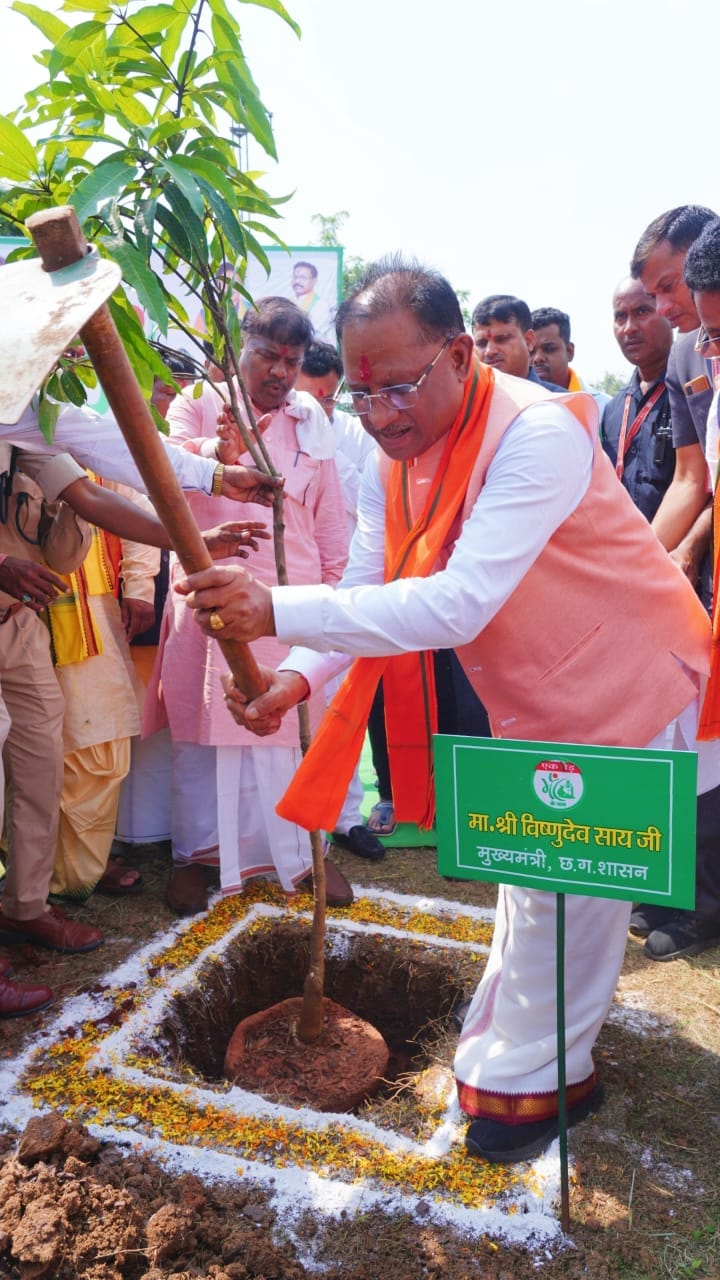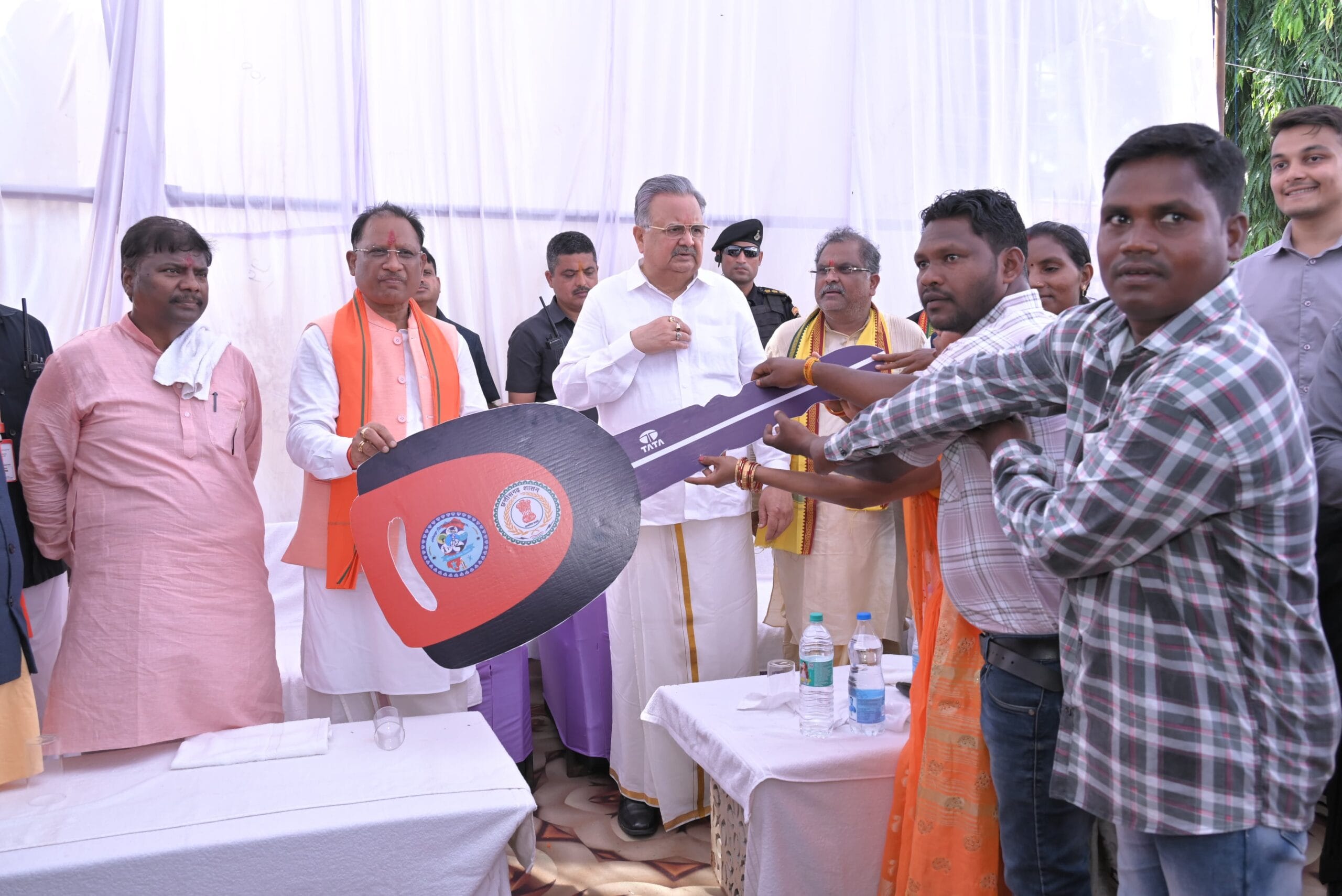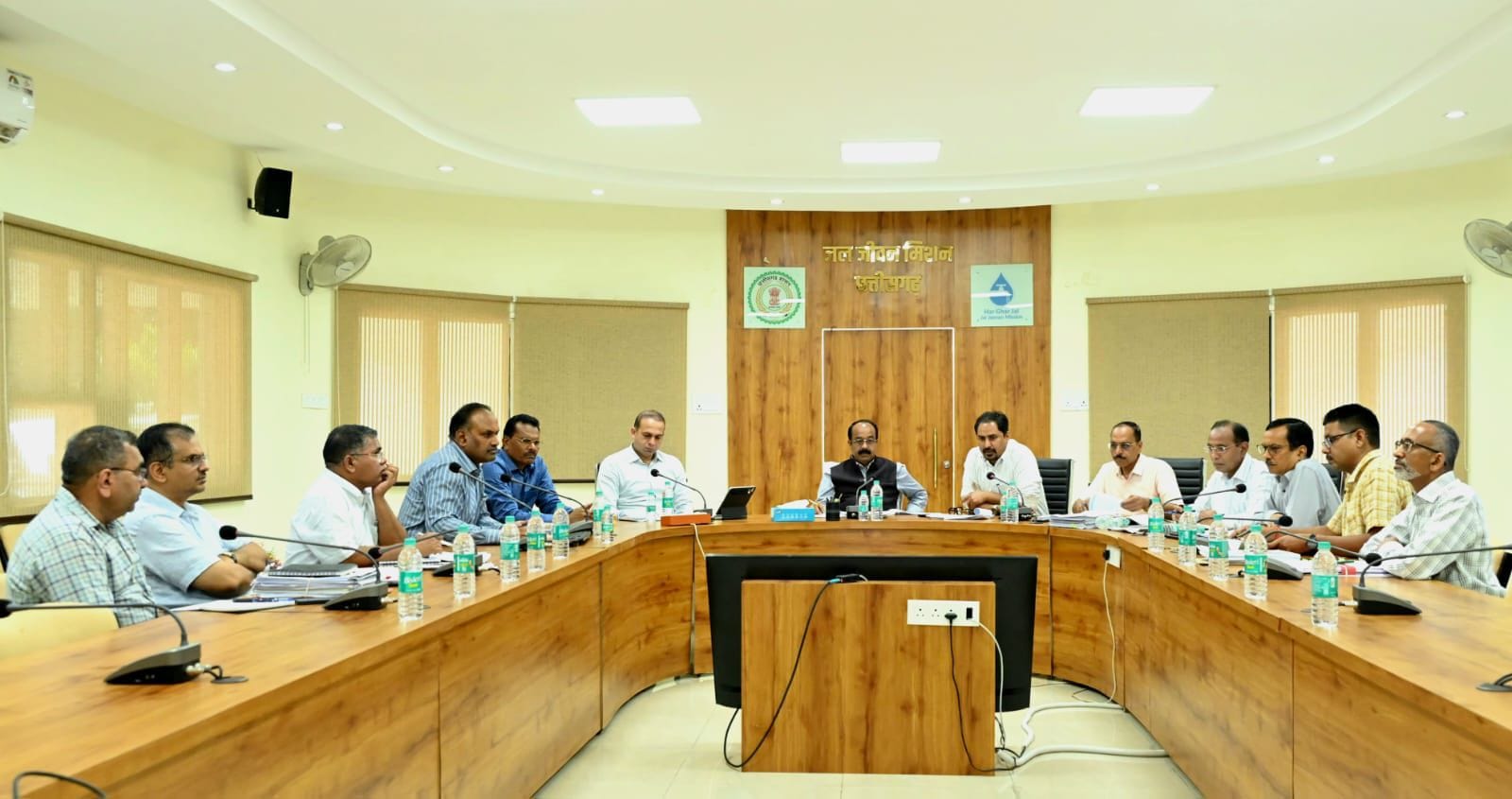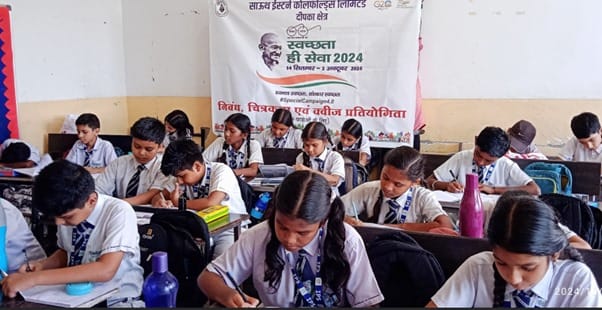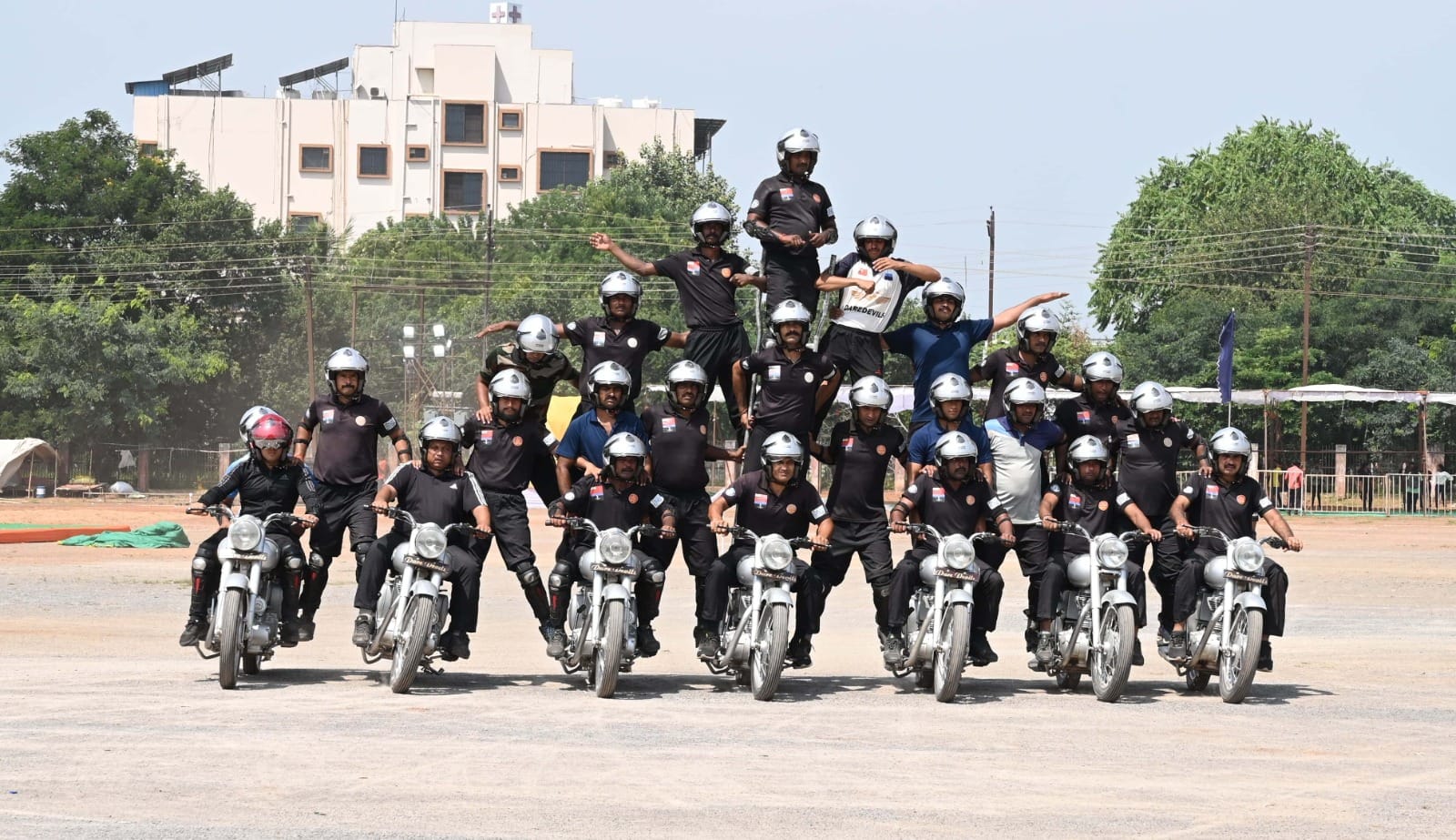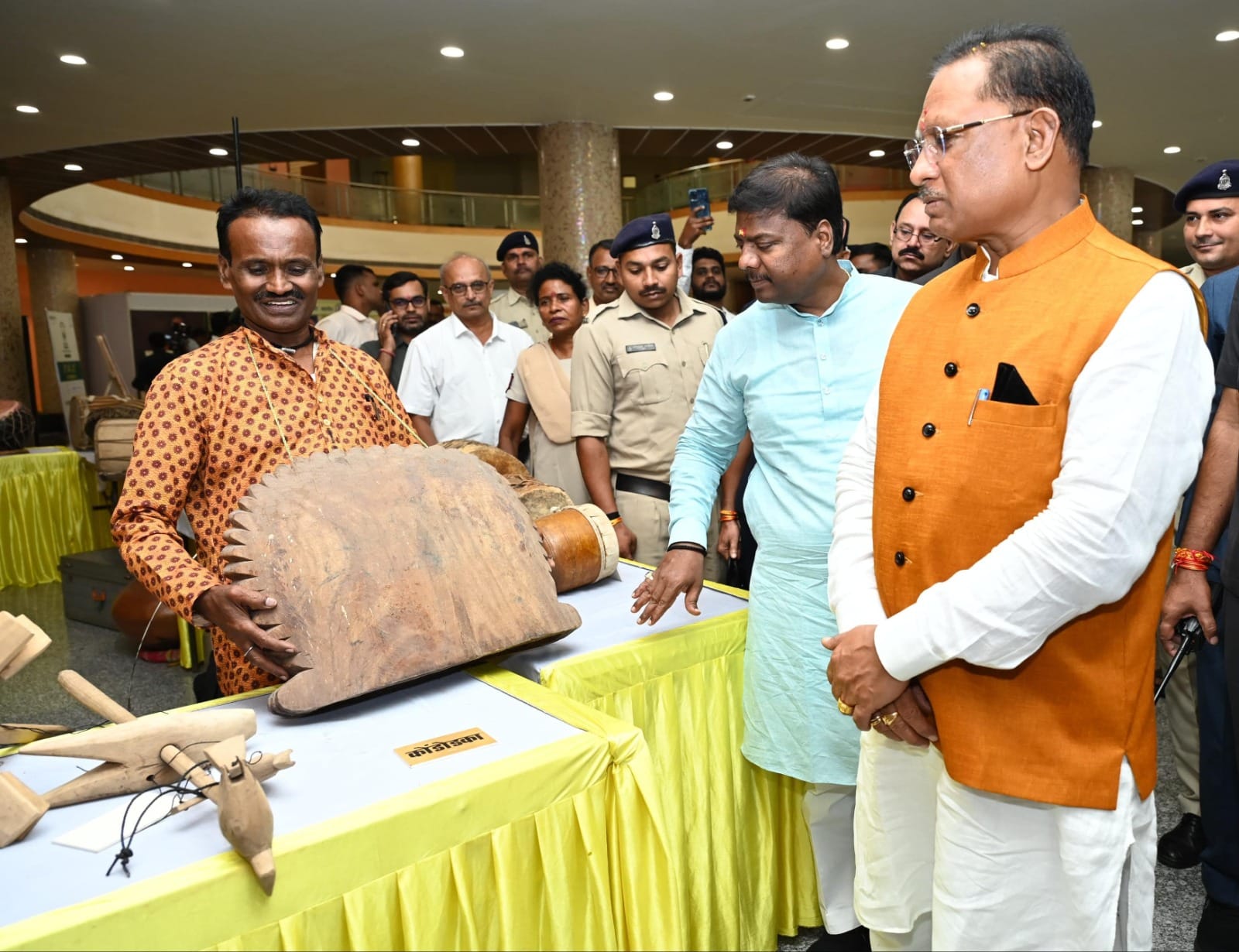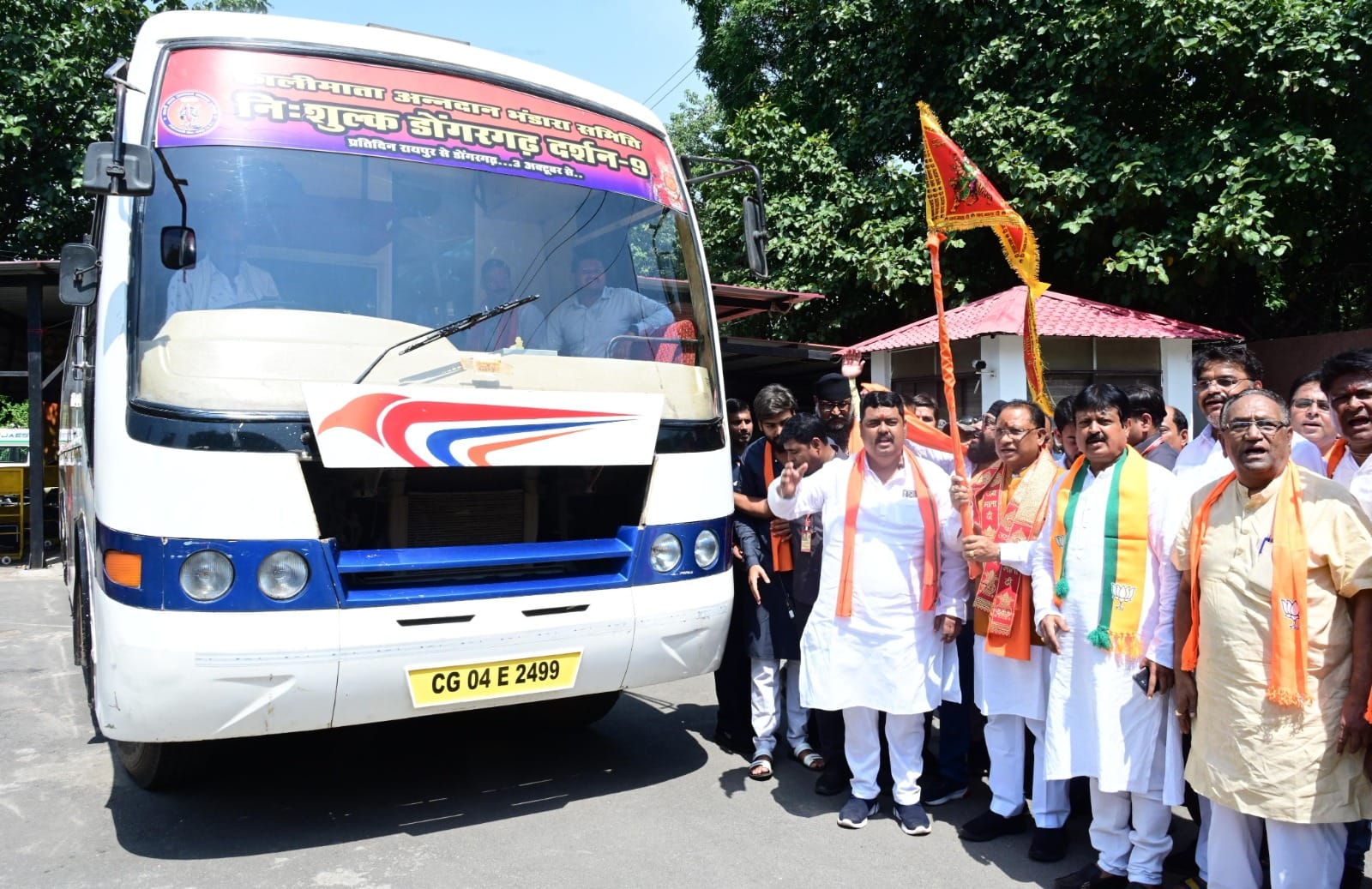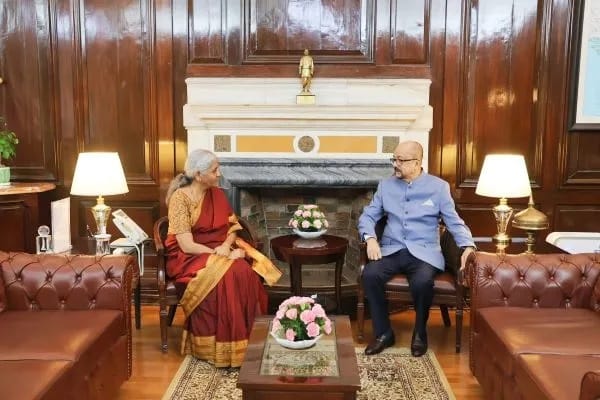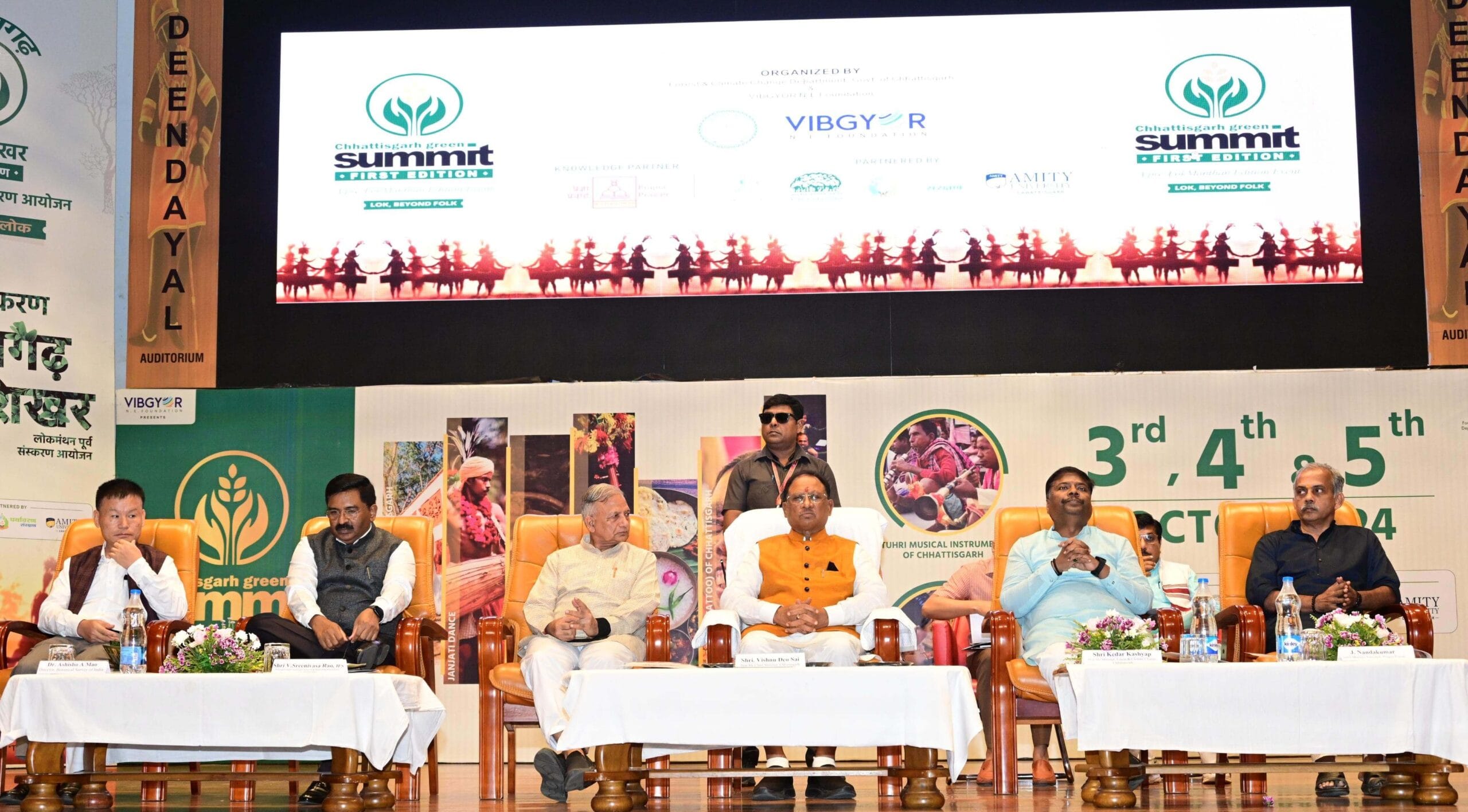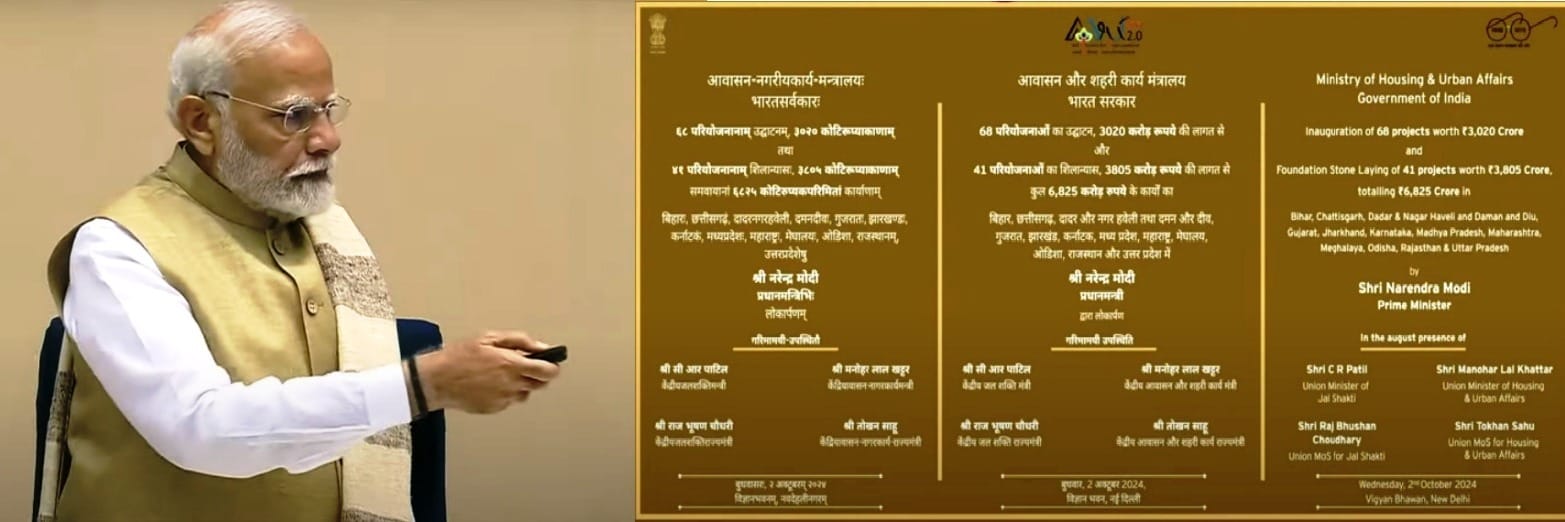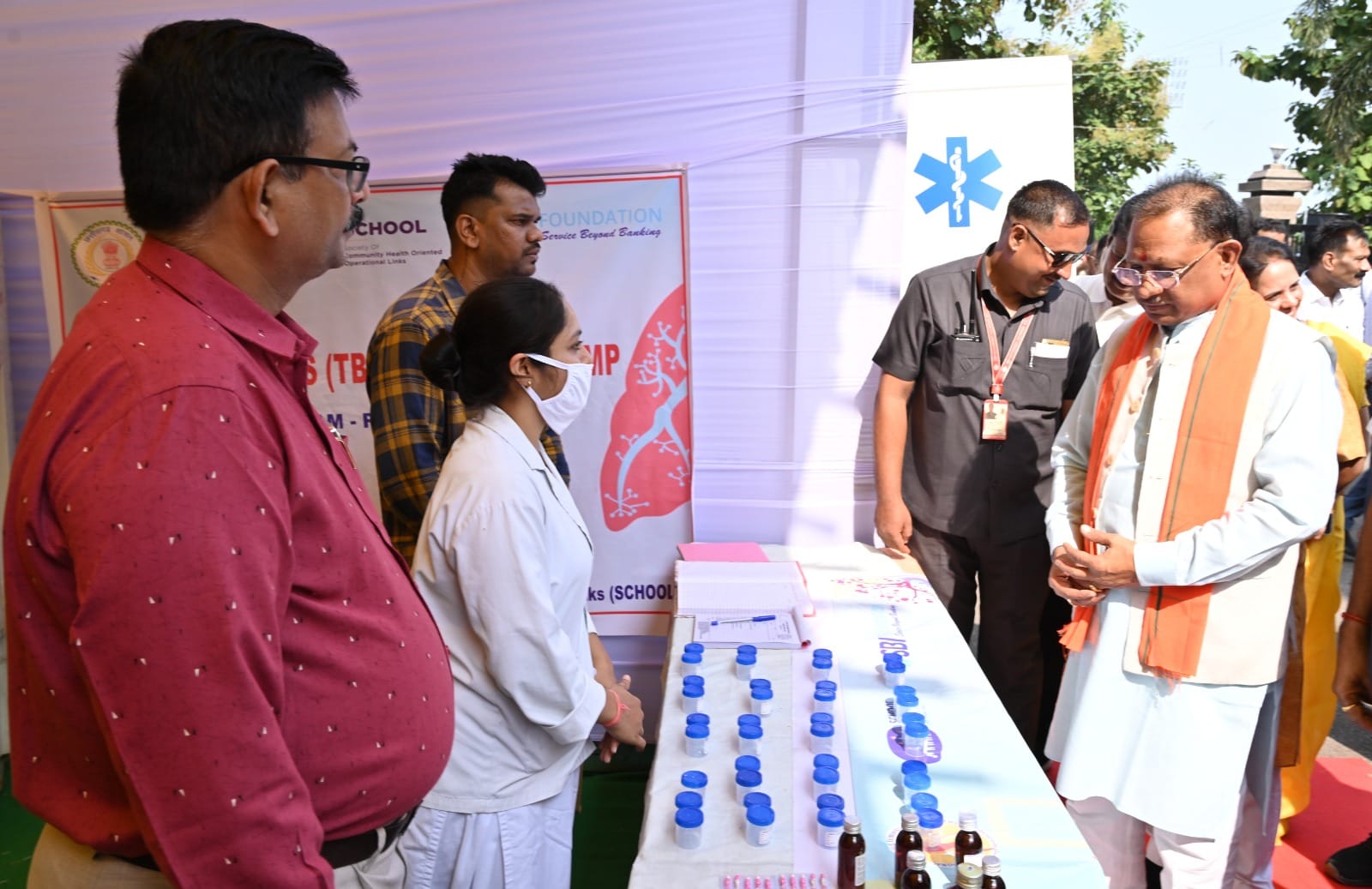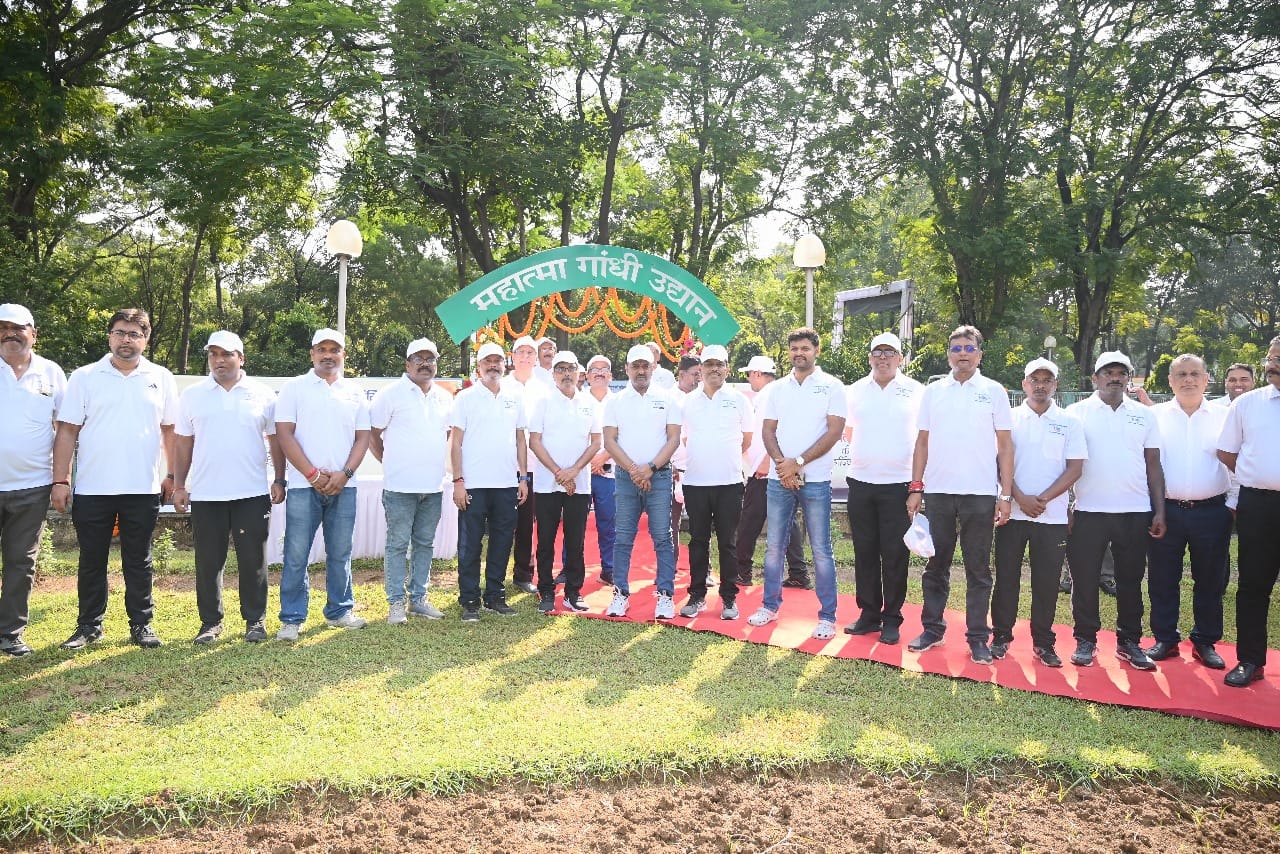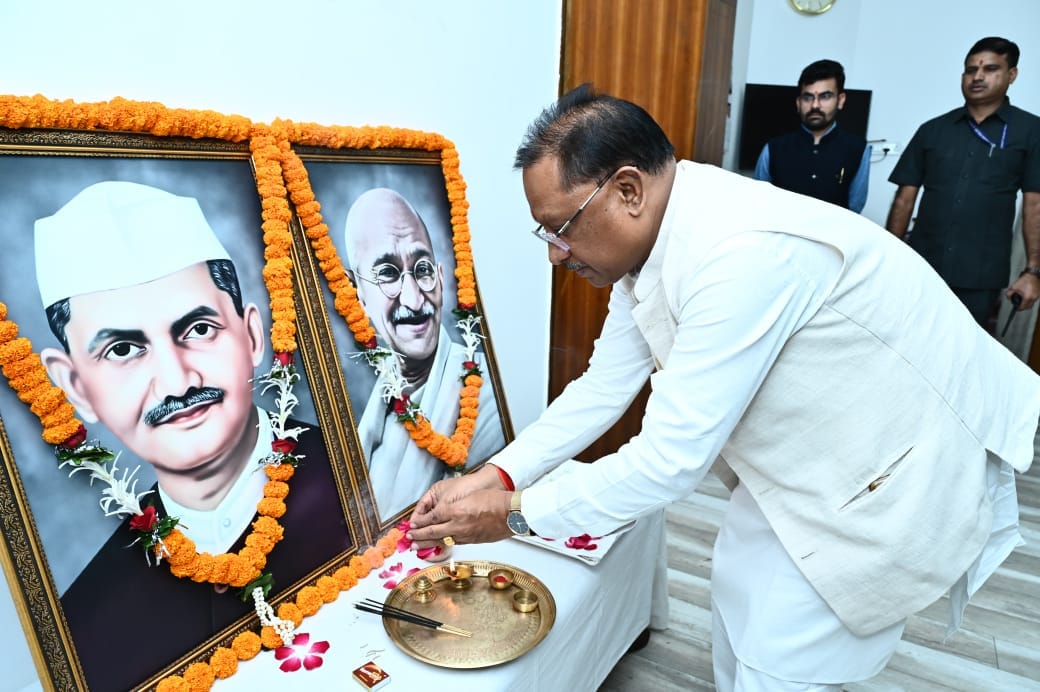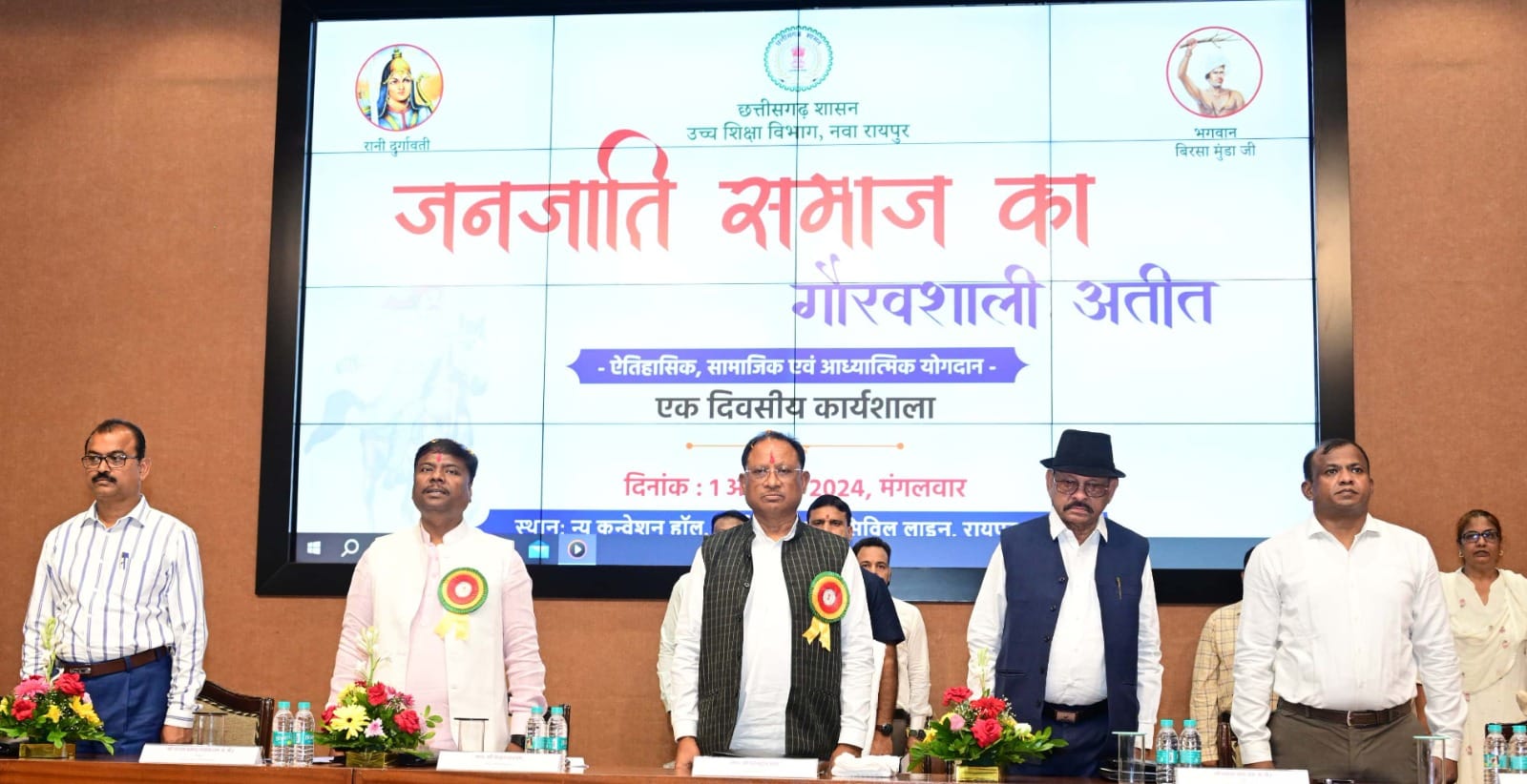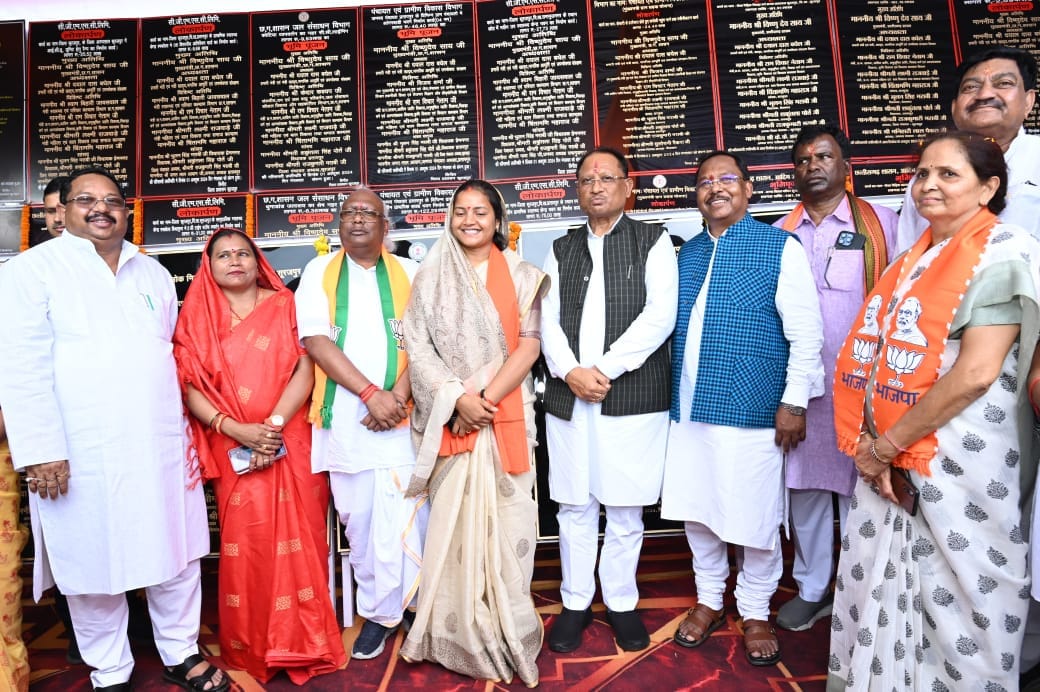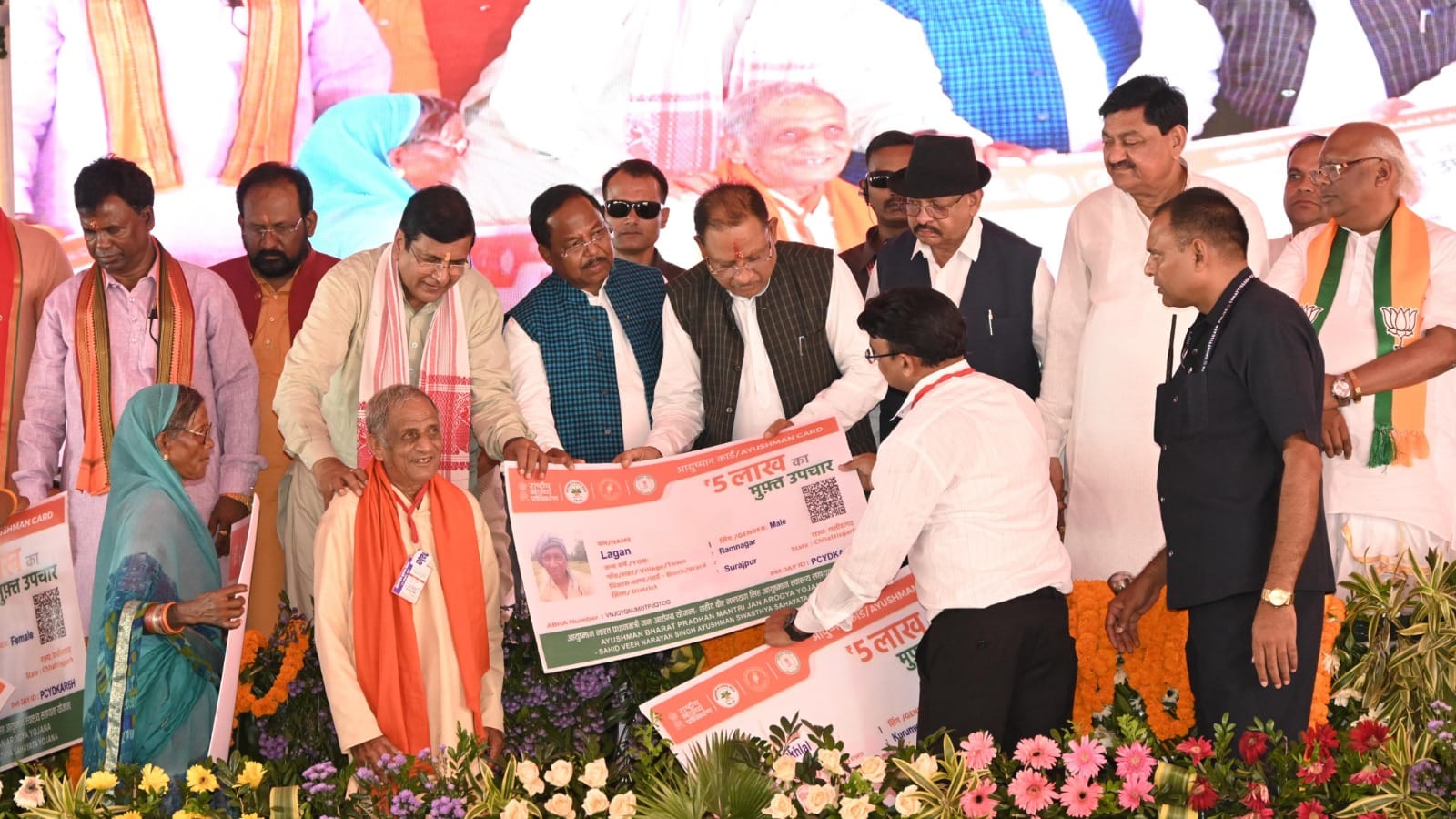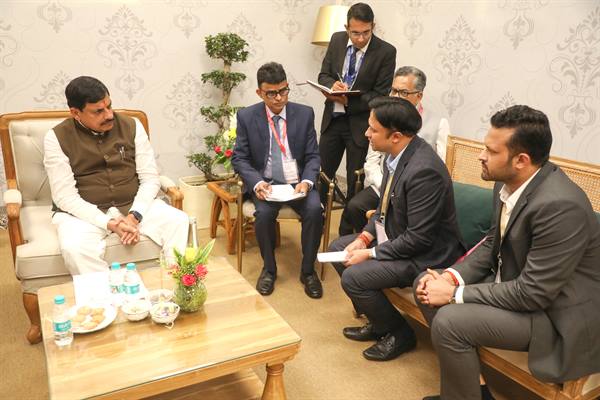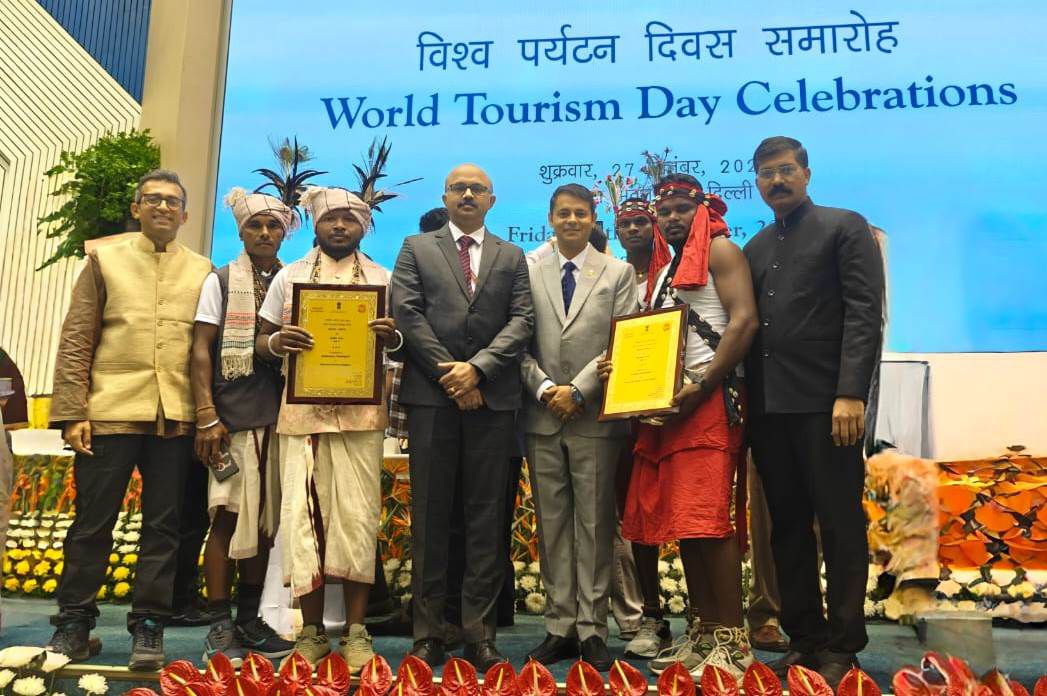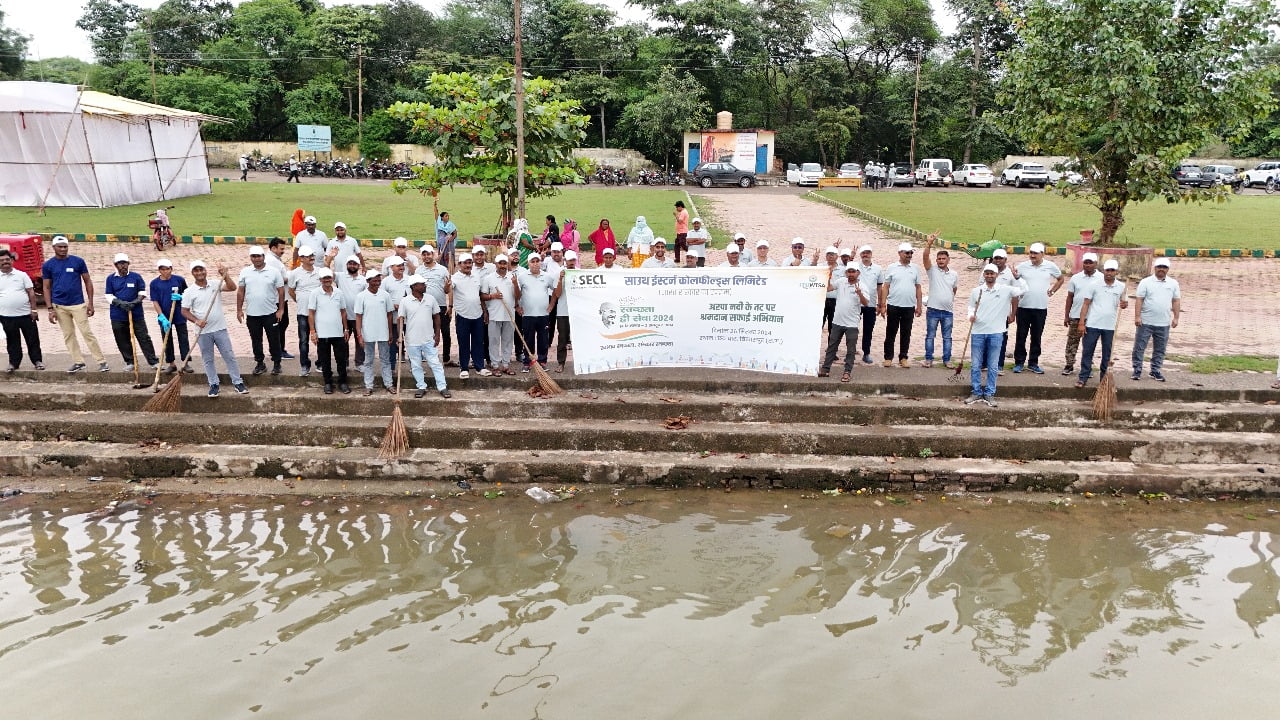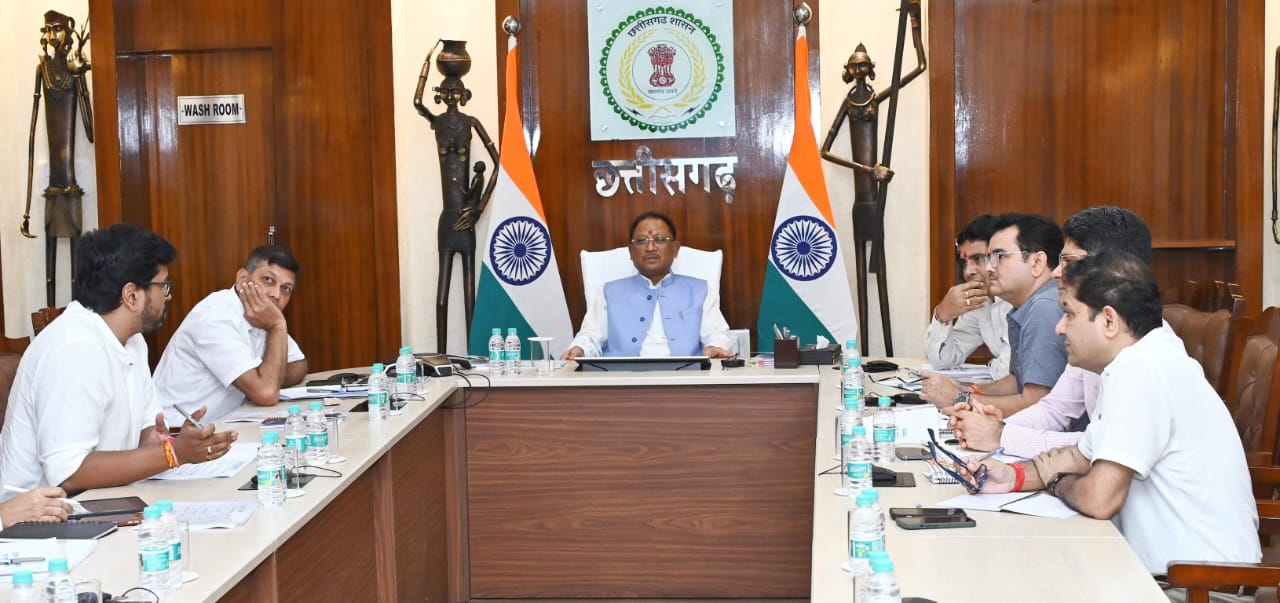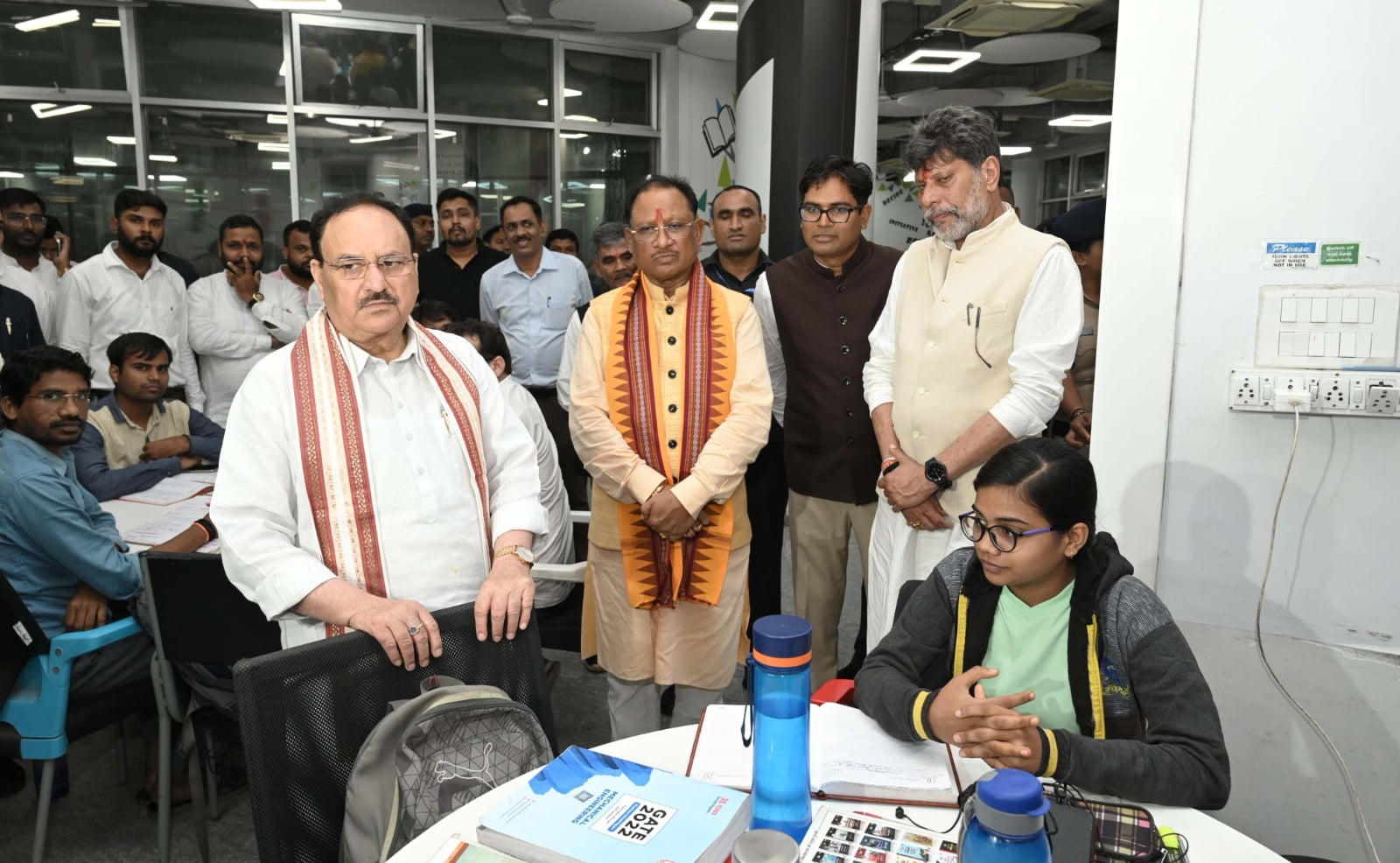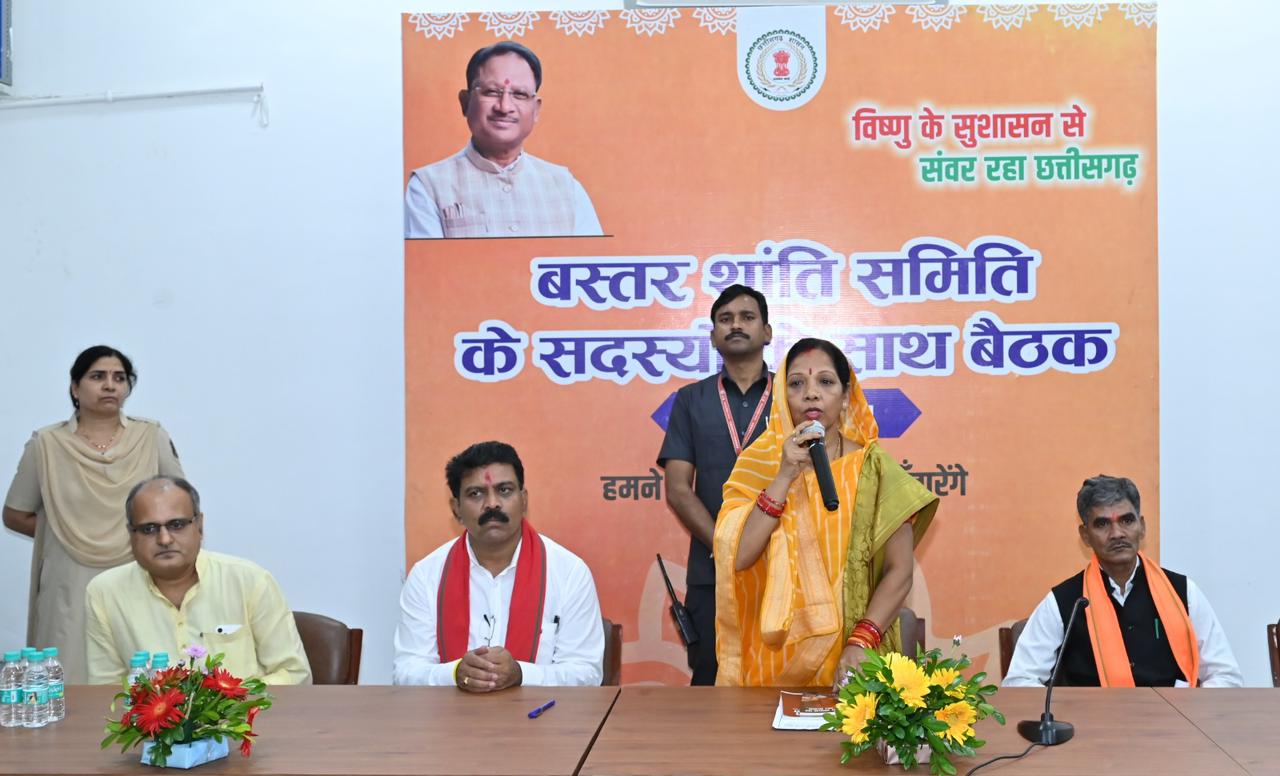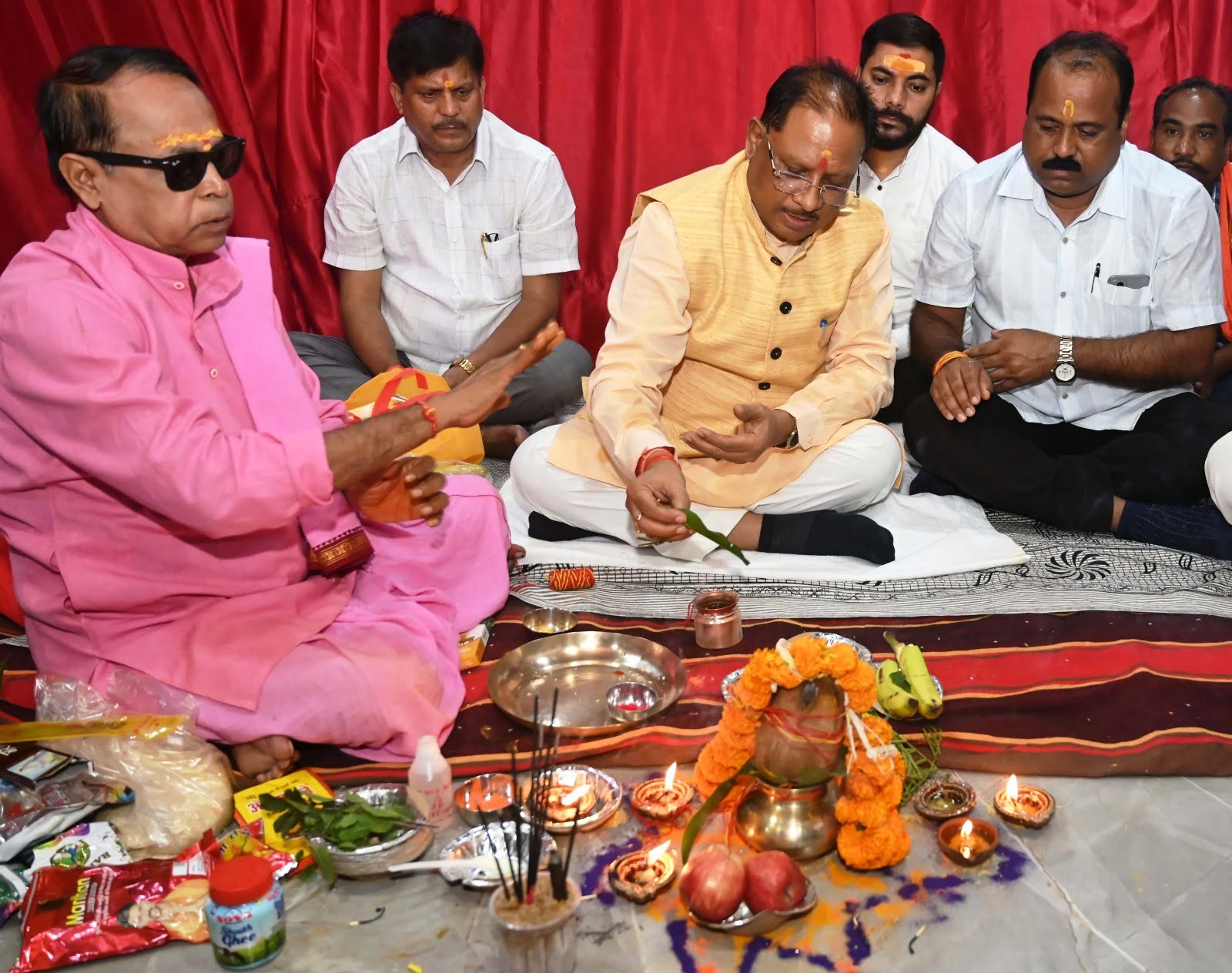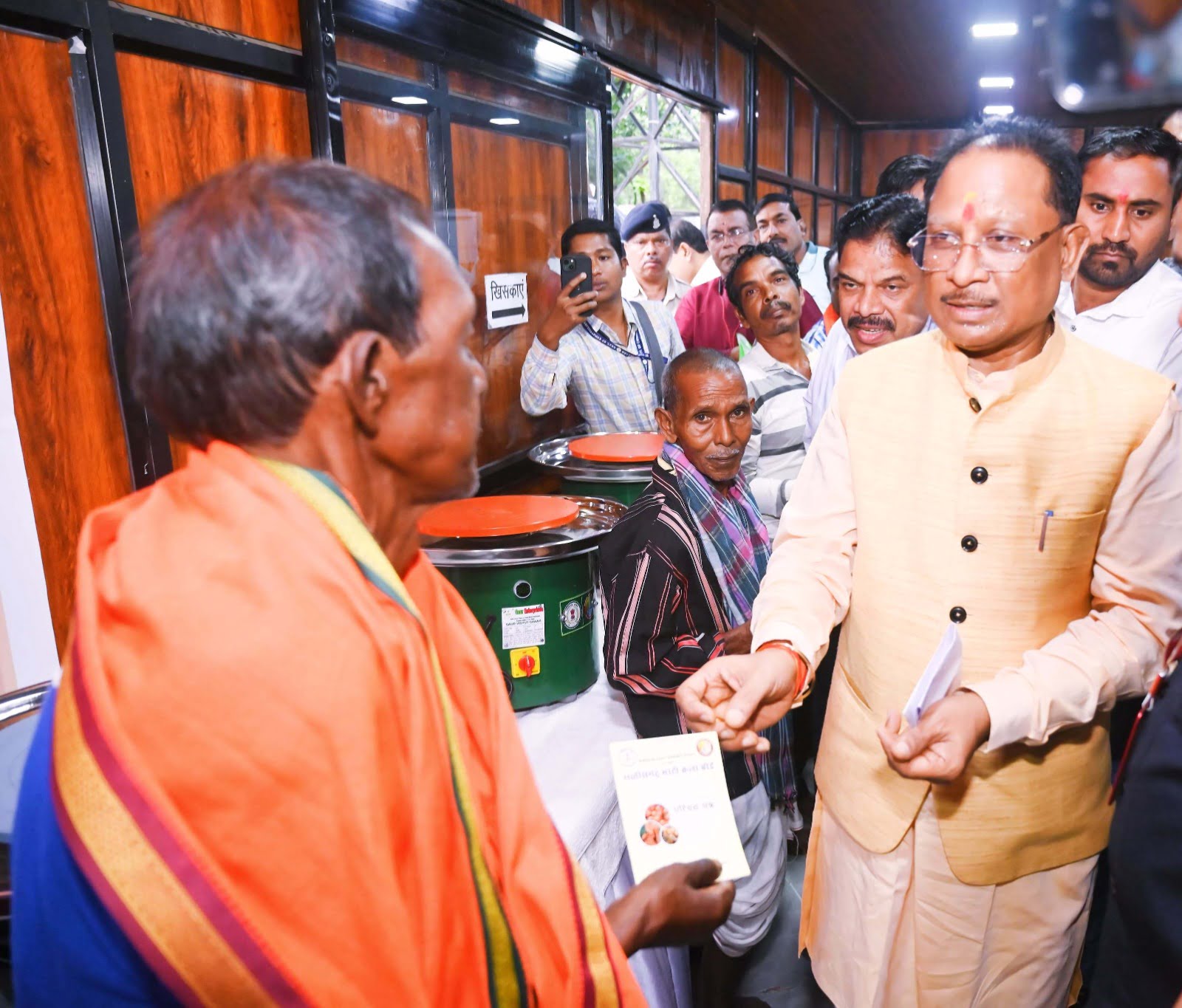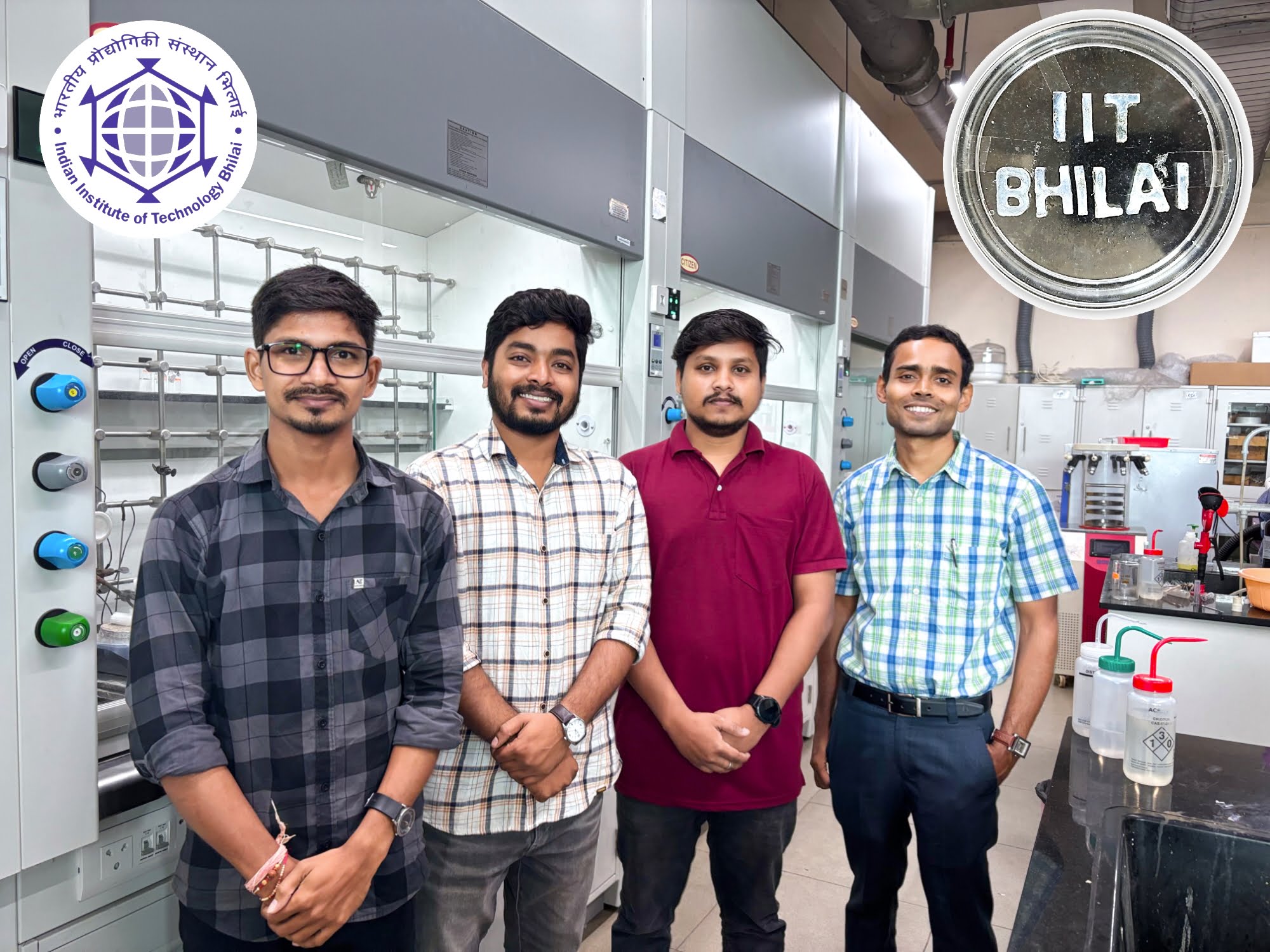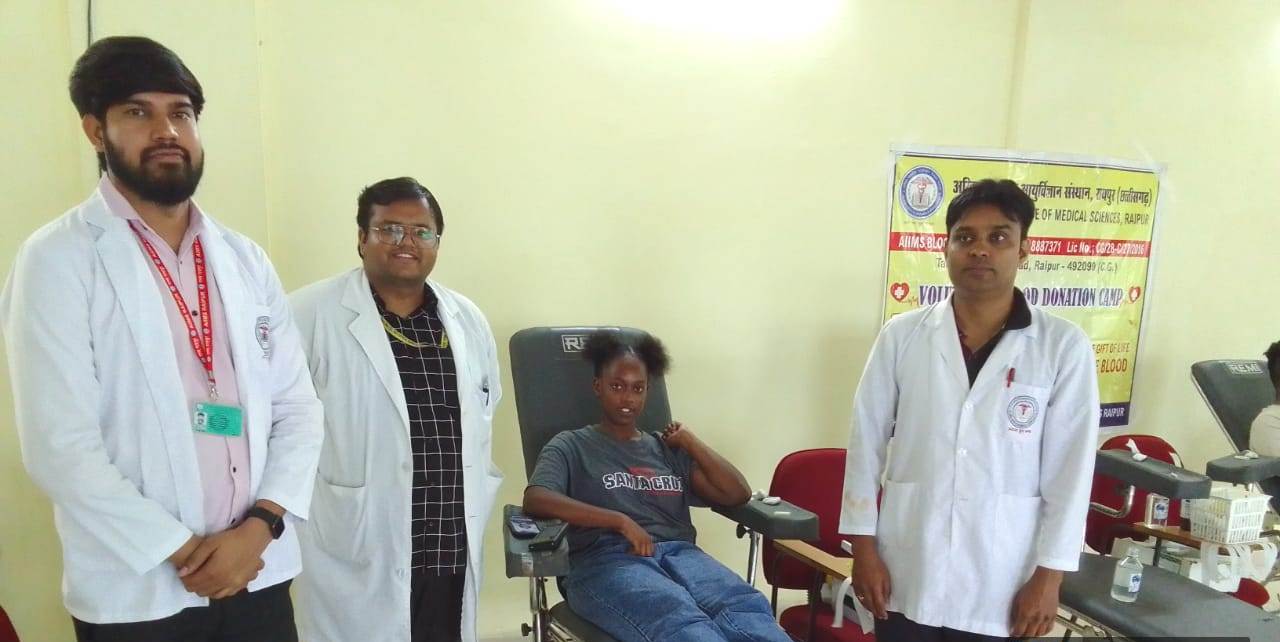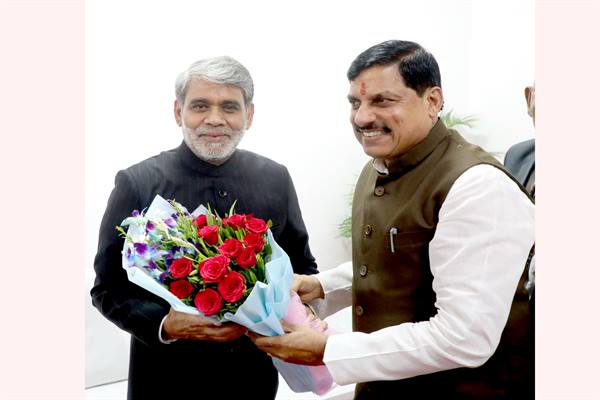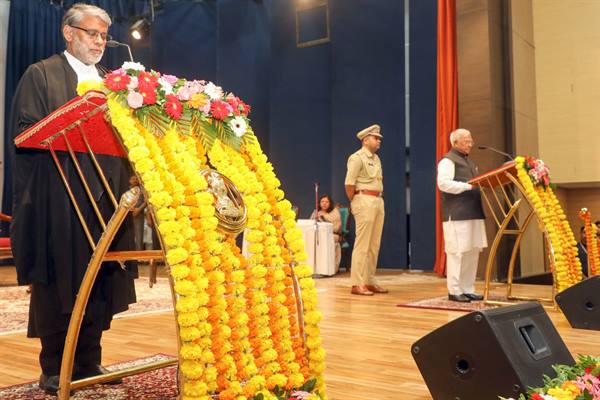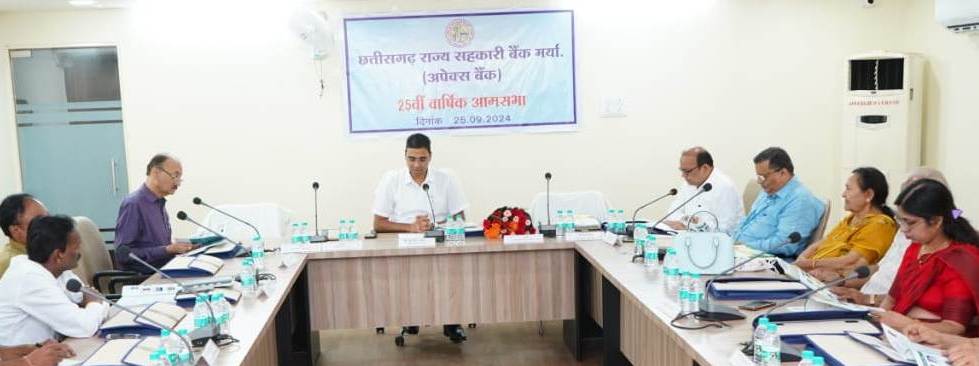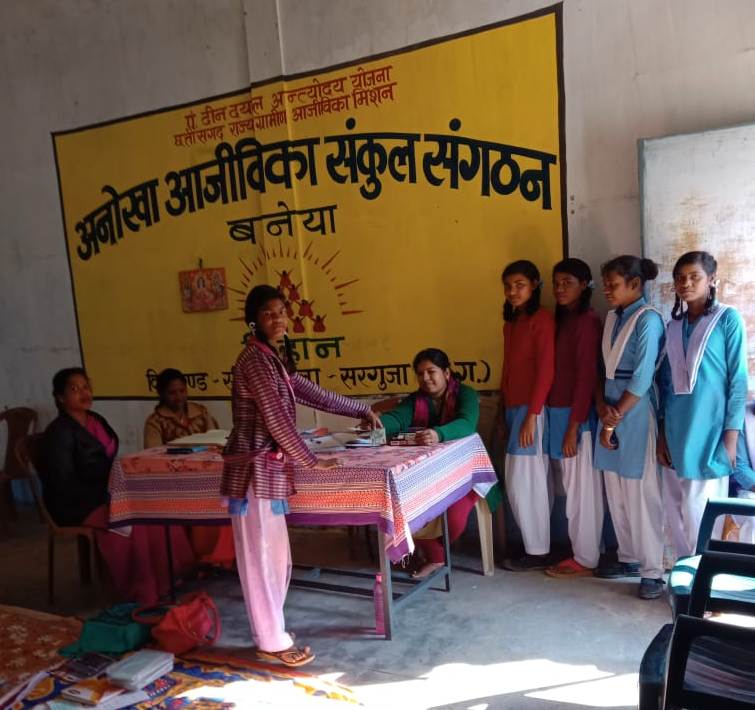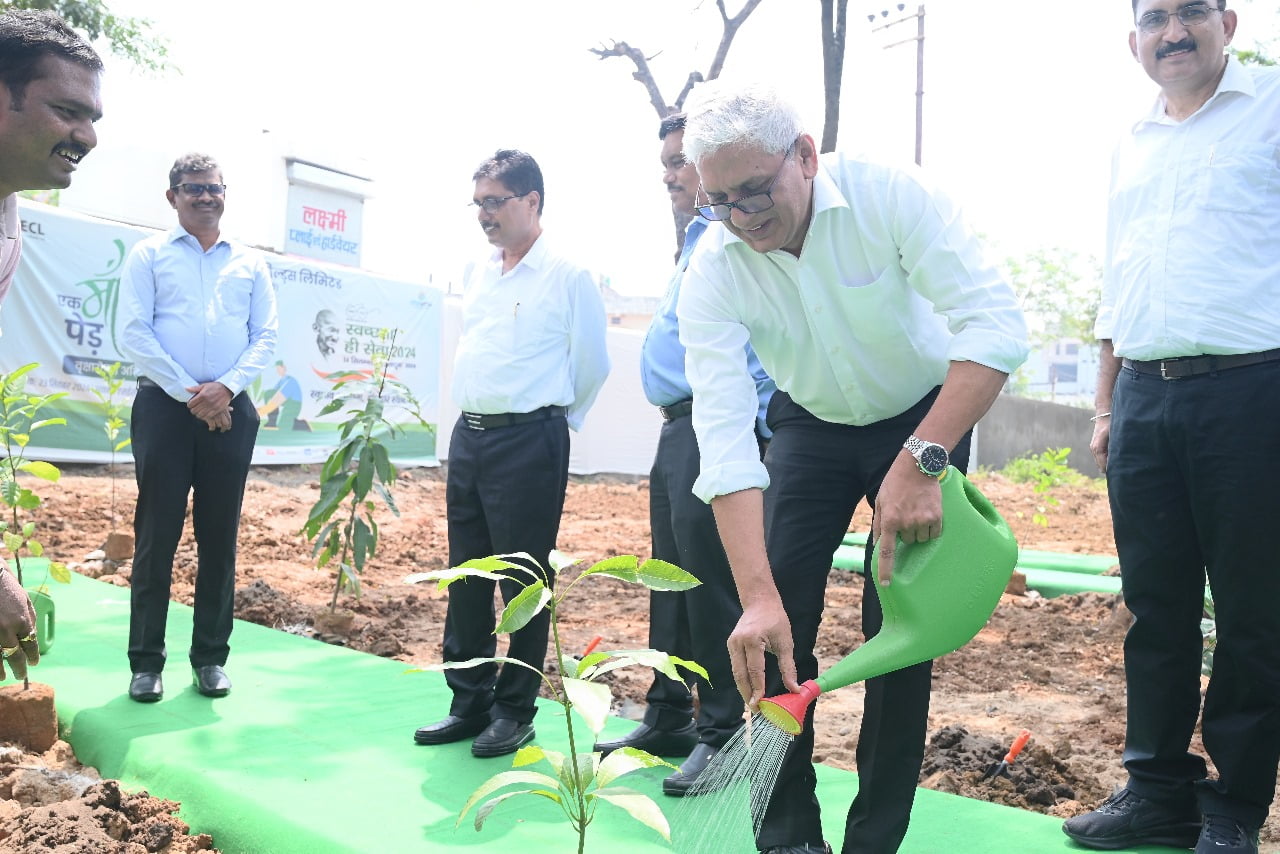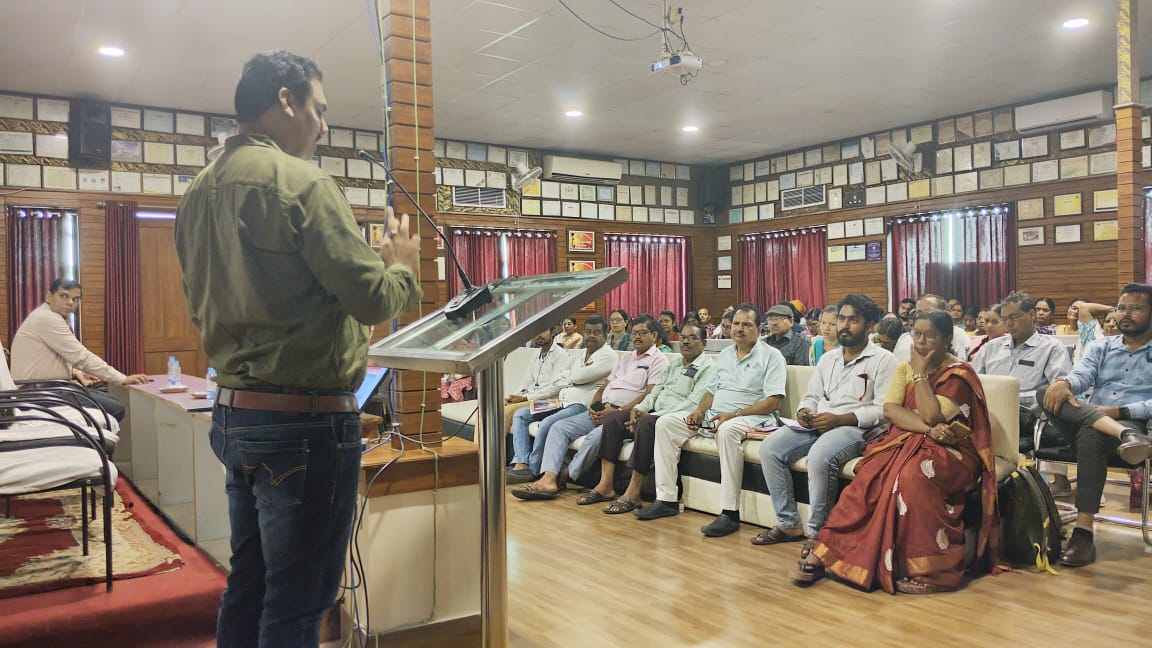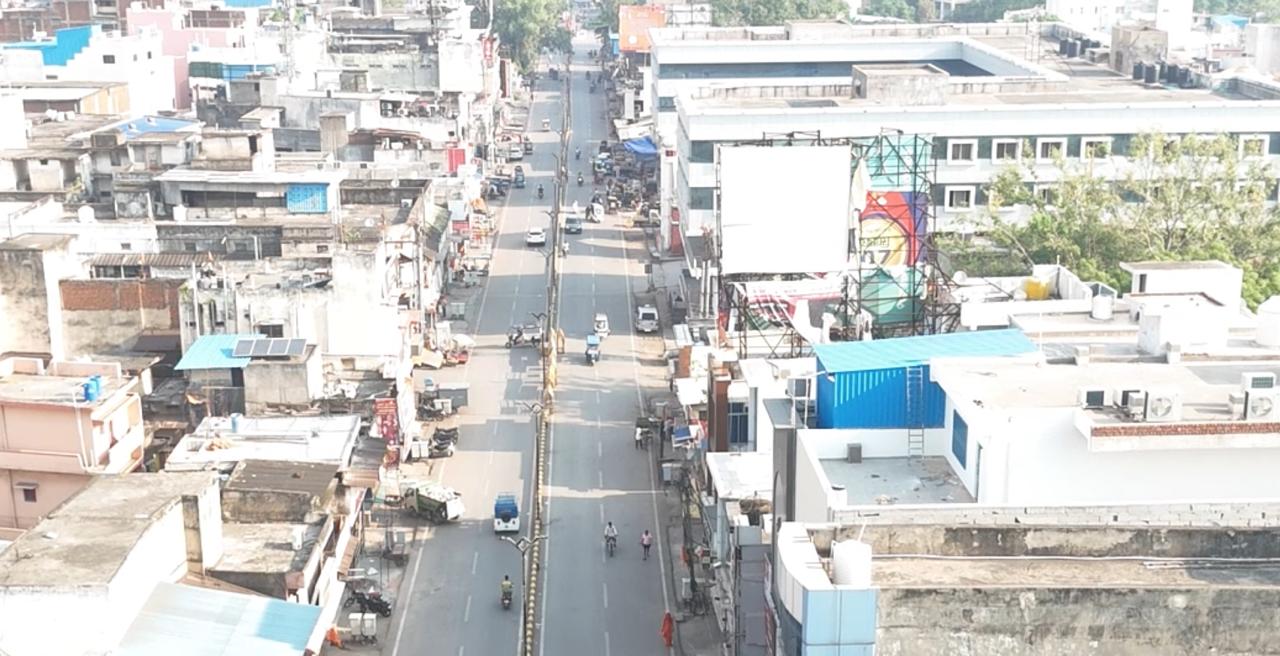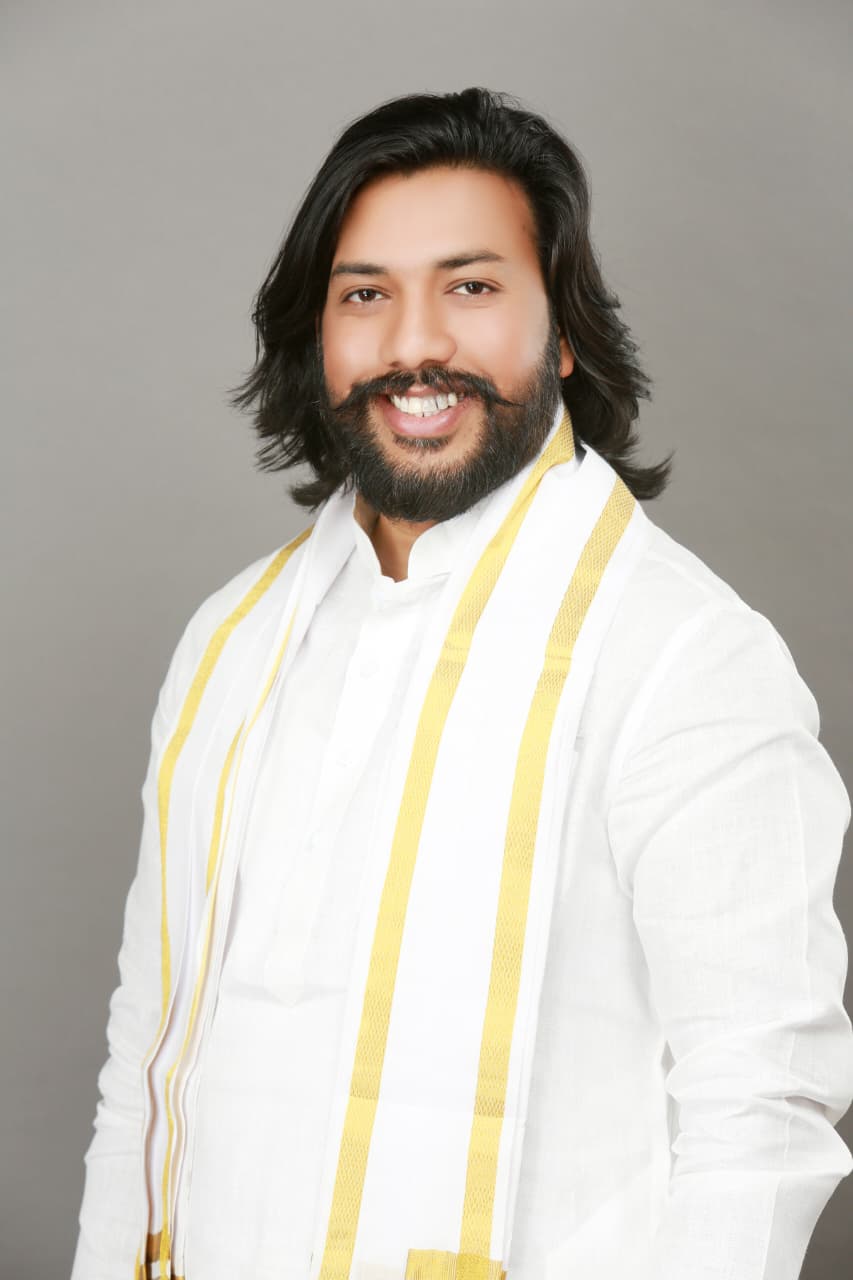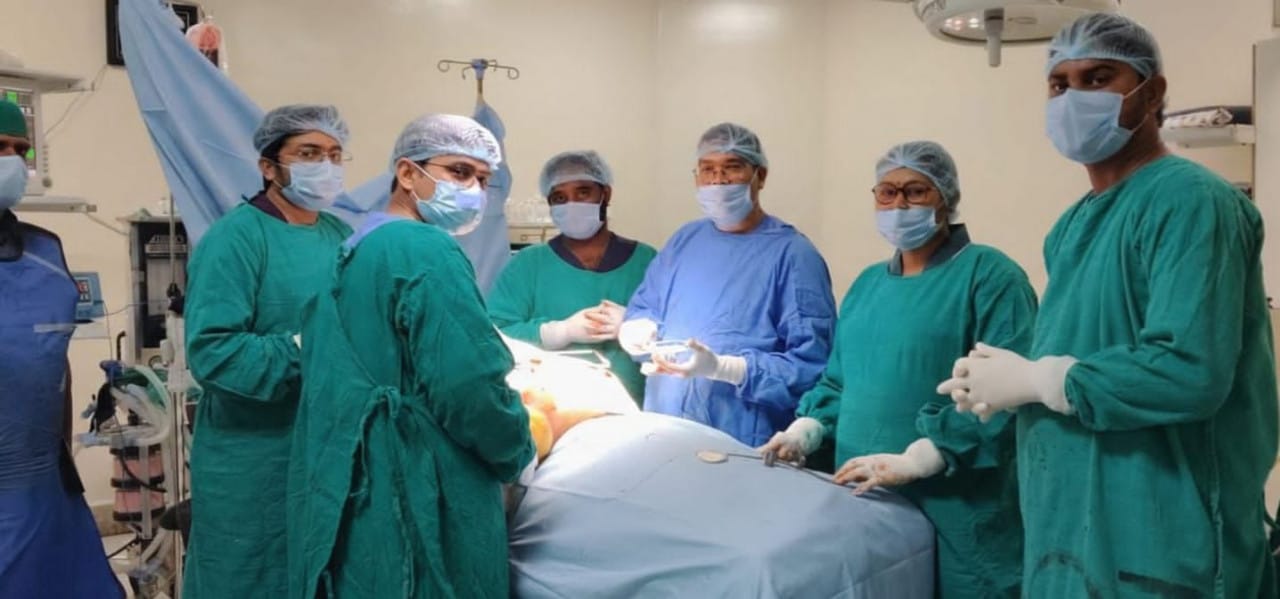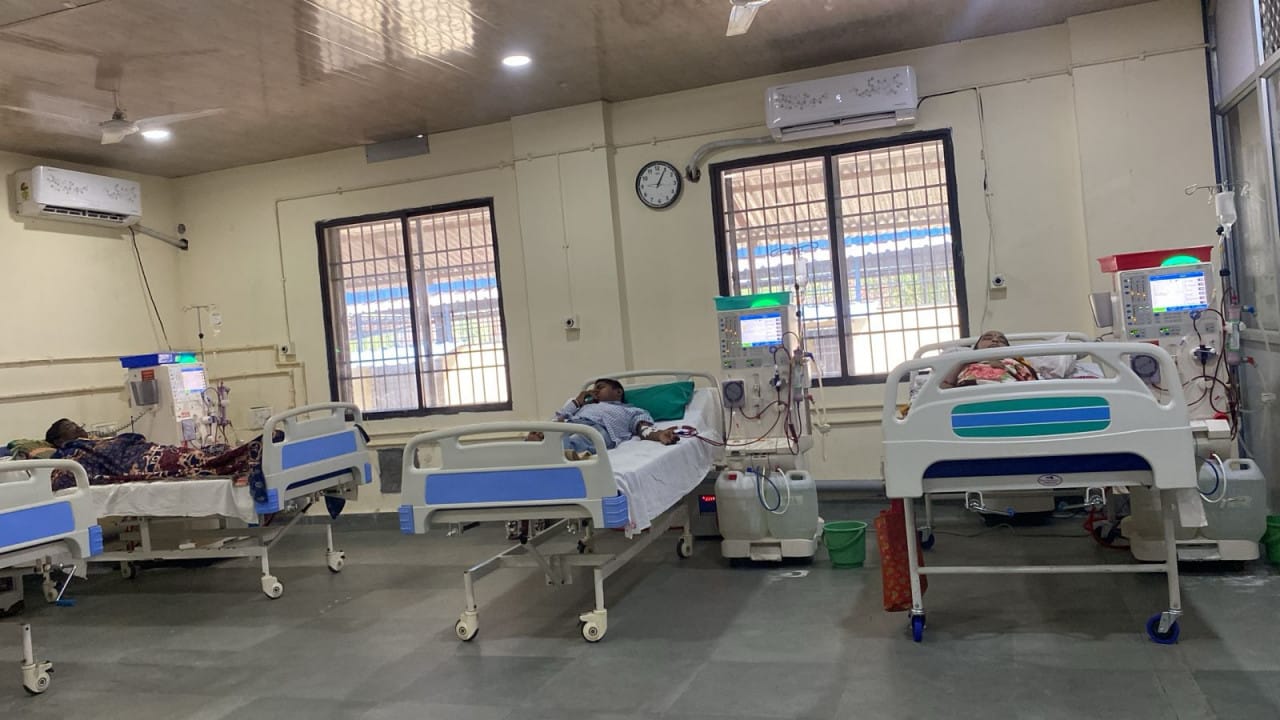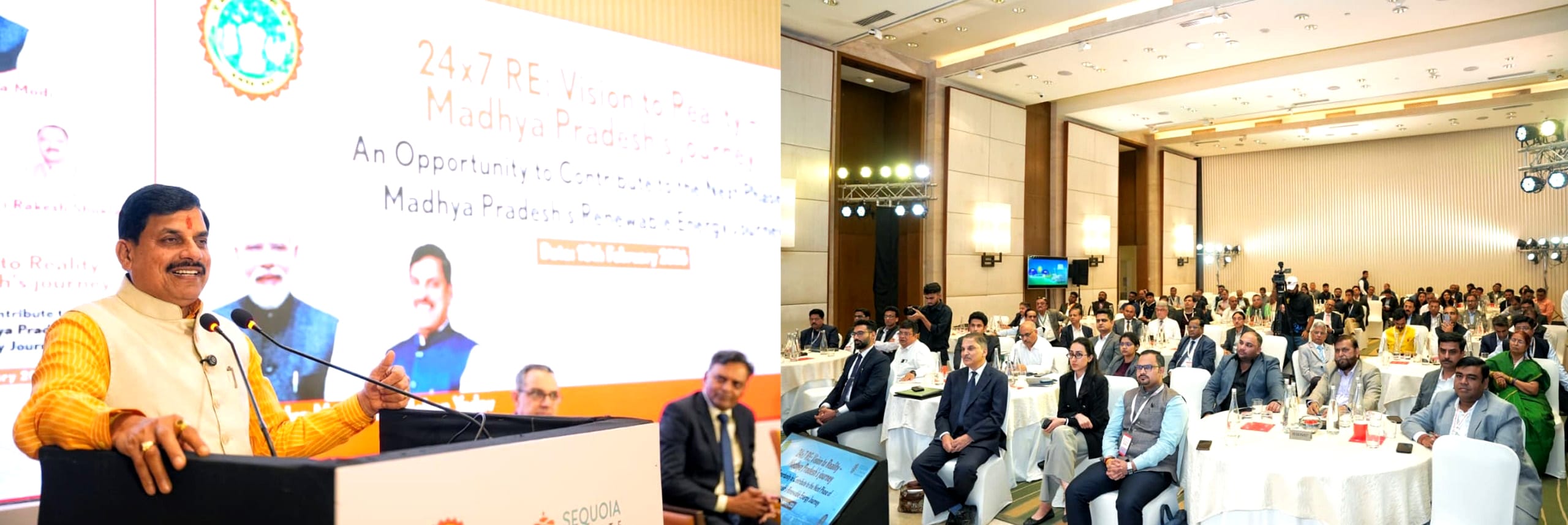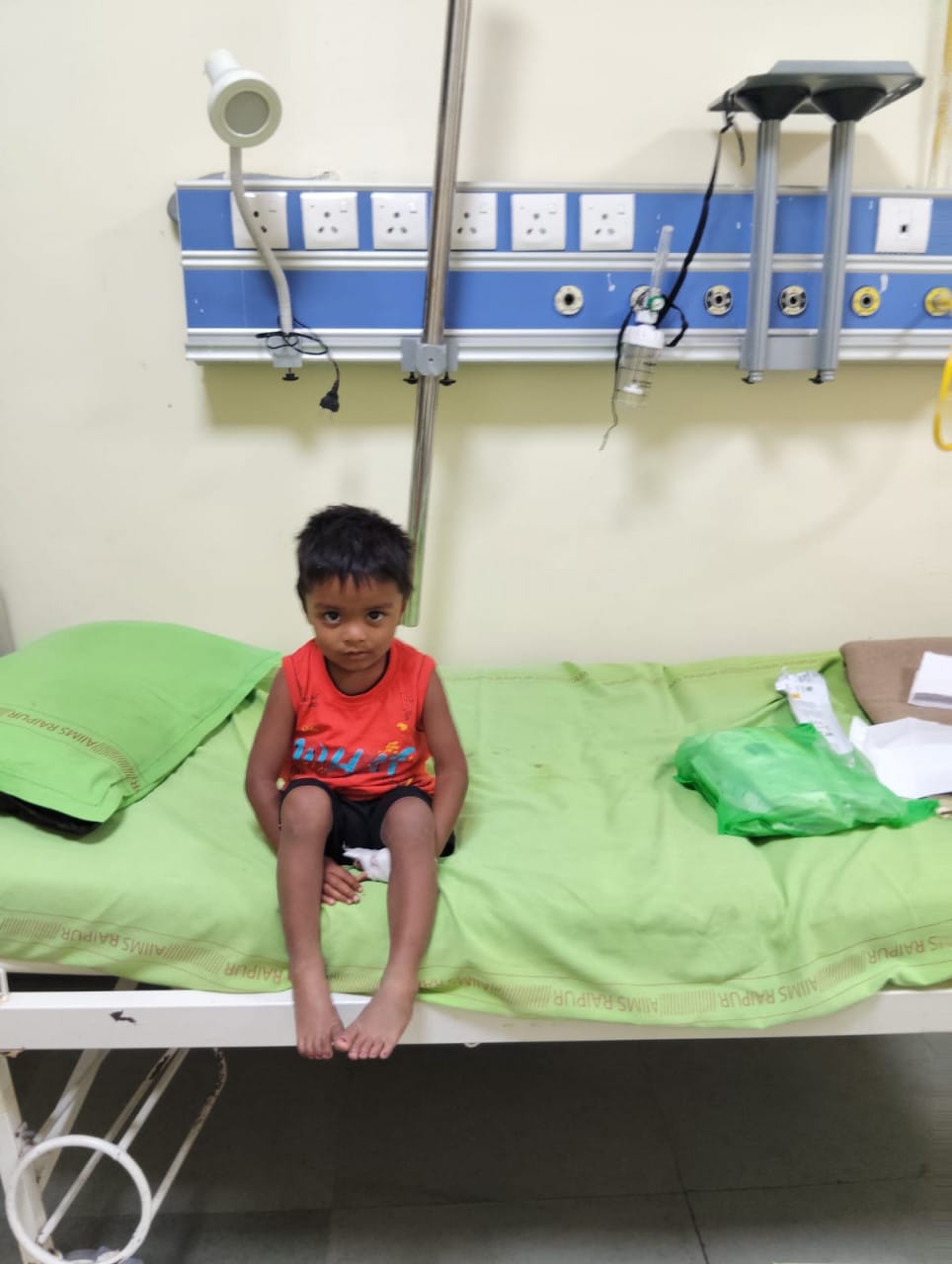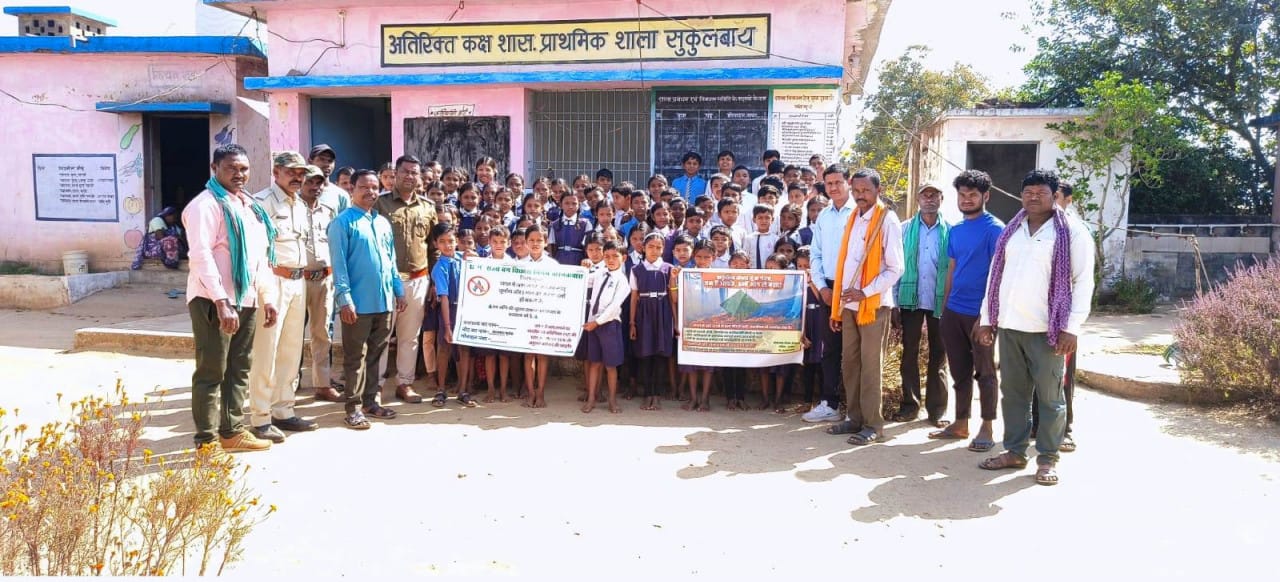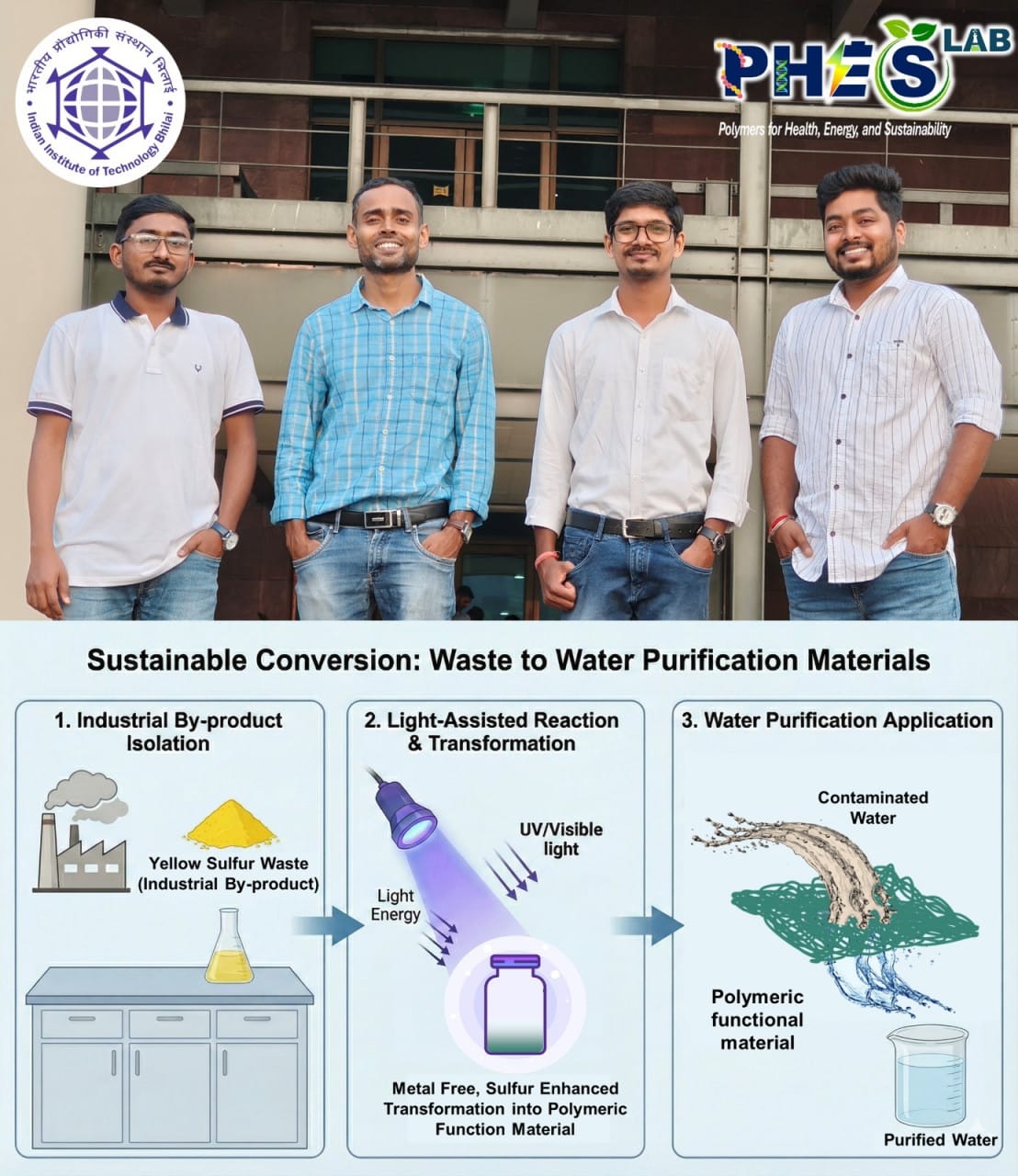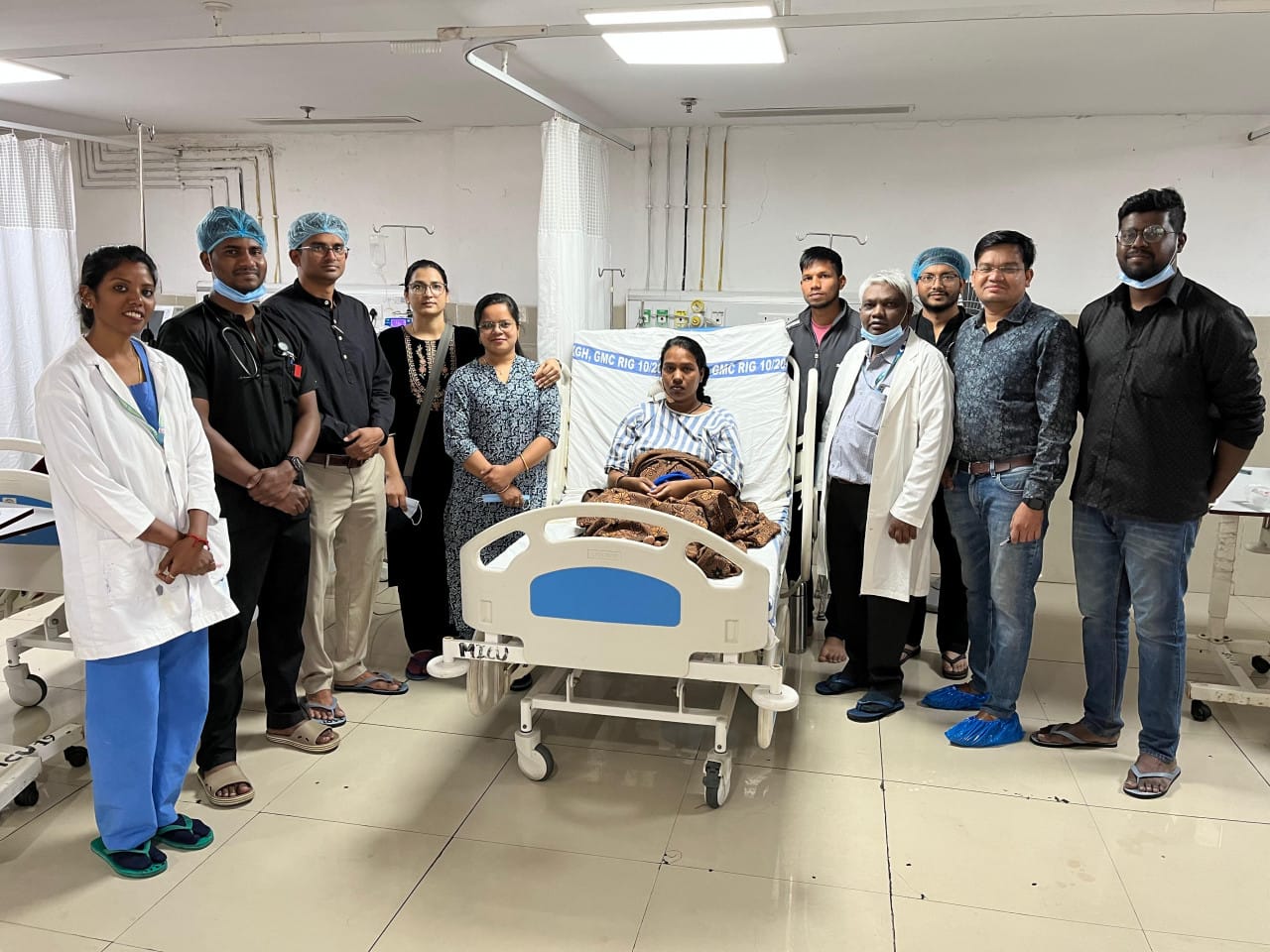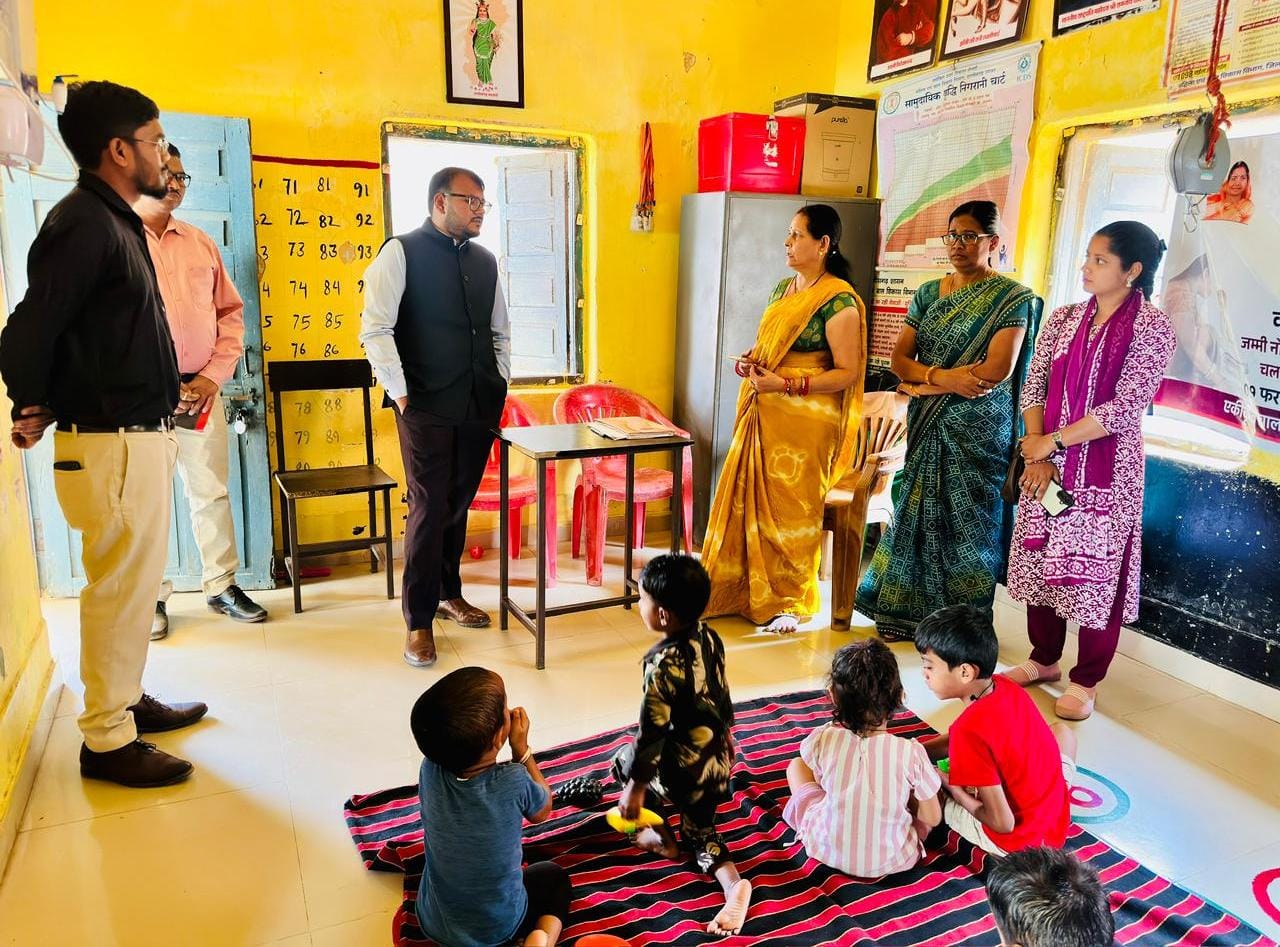
The Internal Quality Assurance Cell (IQAC) of IIIT-NR successfully organized a 5-day
Faculty Development Program (FDP) on “Integrating National Education Policy
(NEP) into Higher Education Framework and Challenges” from December 2 to
December 6, 2024. The program aimed to facilitate the integration of the National
Education Policy (NEP) 2020 into the higher education framework. Recognizing the
transformative potential of NEP 2020 in reshaping the Indian Education System, the
workshop focused on critical aspects like curriculum restructuring, interdisciplinarity,
and institutional reforms. Faculty members from all departments, including Electronics
and Communication Engineering (ECE), Computer Science and Engineering (CSE),
Data Science and Artificial Intelligence (DSAI), Humanities and Management (HM),
and Science and Mathematics (SM), participated actively in the discussions. NEP
2020 underscores a holistic, flexible, multidisciplinary approach to education, aimed at
fostering innovation, critical thinking, and problem- solving skills. The policy advocates
an outcome-based educational framework and emphasizes inclusivity, creativity, and
sustainability in learning. In the context of higher education, NEP envisions a departure
from rigid, compartmentalized structures to a more flexible and student-centered
ecosystem.
The inauguration session set the tone for the entire workshop. The session began with
a warm welcome by the IQAC coordinator Dr. Shrivishal Tripathi, who highlighted
the significance of NEP 2020 in transforming the educational landscape and its
relevance to the institution’s vision. The Dean (Academic) Prof. K. G. Srinivasa of IIIT
Naya Raipur, in his keynote address, emphasized the need for academic institutions to
align their teaching, learning, and evaluation processes with NEP directives to remain
globally competitive while addressing national priorities. Distinguished guest speakers
and chief guest Prof. O. P. Vyas from IIIT Allahabad provided insights into the policy’s
potential to foster interdisciplinary learning and holistic development, and share his
previous experience with the audience on NEP. The session concluded with a brief
outline of the workshop agenda, underscoring the importance of collaborative efforts
by all departments in implementing NEP effectively. The inaugural session was
concluded by the vote of the thanks by Dr. M Chaube Dean (R&I).
The discussions emphasized that aligning with NEP principles would elevate IIIT
Naya Raipur to a position of academic leadership, preparing students for global
opportunities while addressing local and national challenges. Each session brought
forth vital perspectives on the integration of NEP into the academic fabric. Prof. O. P.
Vyas (IIIT Allahabad), discussed on “Curriculum Designing Consideration” and
explained the critical role of multidisciplinary education in breaking departmental silos.
Academic Bank of Credits (ABC) and Multiple Entry and Multiple Exit (ME-ME) was
presented using case study for better understanding of the audience. He presented
actionable models that encouraged collaboration across departments (ECE, CSE,
DSAI) and non-technical (SM, HM) department. This approach was seen as essential
for preparing students for real-world, multifaceted challenges. Dr. M. Ali highlighted
the significance of aligning credit requirements with the NEP 2020 framework to
ensure flexibility and multidisciplinary education. He discussed the revised credit
structure and multidisciplinary course credits while balancing foundational and
specialization courses. Dr. S. Vollala elaborated on how NEP mandates flexibility in
students’ academic progression by introducing minors and majors. He discussed how
students can now pursue specializations in emerging domains like Artificial
Intelligence, Internet of Things, and Data Science alongside their primary disciplines.
Dr. S. Kumar emphasized the NEP’s directive for integrating multidisciplinarity into
higher education. He spoke about fostering collaboration across streams, such as data
science blending with management or AI integration into humanities research. Dr. R.
Bandi stressed incorporating industry-relevant skills and cutting-edge
technologies into curricula. Highlighting NEP’s focus on employability and innovation,
he discussed integrating hands-on training. Dr. S. Yadav presented insights on
embedding the Indian Knowledge System (IKS) into modern education frameworks as
part of NEP’s emphasis on rootedness in Indian values. He discussed methods for
incorporating traditional knowledge, ethical reasoning, and cultural heritage alongside
contemporary education.
Prof. Rajarshi Mahapatra (IIIT Naya Raipur) elaborated on topic “Curriculum
Development on light of NEP”, where he provided insights into crafting curriculum
outcomes tailored to departmental strengths. For example, the DSAI department could
focus on data-driven learning outcomes, while ECE and CSE could incorporate design-
based and innovation-driven competencies. He also shared a draft and outline for the
proposed curriculum framework as per NEP and methods to align assessment strategies
with frameworks. Programs must integrate technical and non-technical skills, including
critical thinking, leadership, and communication, preparing students for roles in
academia, industry, and beyond. Dr. Shrivishal Tripathi (IIIT Naya Raipur)
stressed on the “Outcome based curriculum for PG & PhD” during his talk on the
curriculum development. He emphasizes on a flexible credit system among the
departments that fosters lifelong learning and facilitate the better learning. He
advocated for leveraging pre-existing departmental expertise. For PG and PhD
programs, NEP calls for embedding research methodology, problem-solving, and
design thinking into the core curriculum. This equips students to tackle real-world
challenges while contributing to knowledge creation. Prof. T. V. Suresh Kumar (NEP
Consultant) discussed on “Multidisciplinary elements in light of NEP”. Prof. Kumar
outlined structural and operational changes required to align institutional frameworks
with NEP. He stressed that departmental autonomy in designing courses, such as ECE
focusing on VLSI and IoT or HS integrating policy studies, would play a pivotal role in
meeting NEP goals.
Prof. K. G. Srinivasa (IIIT Naya Raipur) on the 5th day of FDP focussed on
“Institutional Restructuring and Consolidation of requirements” in light of NEP
implementation at IIIT Naya Raipur. Prof. Srinivasa’s discussion revolved around
embedding employability skills into academic programs. He encouraged the integration
of emerging tools in AI and robotics within technical disciplines, while HS and HM were
tasked with nurturing soft skills and ethical leadership. Institutional restructuring
involves merging smaller or fragmented entities into multidisciplinary universities or
clusters to ensure resource optimization, research focus, and holistic learning
environments.
In a nut shell, the experts highlighted the importance of the following, as a possible
prospect to start the framework development for NEP implementation in the curriculum
- Outcome-Based Learning, Multidisciplinary Education, Flexibility in Learning
Pathways, Incorporating Emerging Technologies, Promoting Indian Knowledge
Systems (IKS) and Integration of ABC and ME-ME.
The FDP received overwhelmingly positive feedback for its engaging discussions and
actionable insights. Faculty members emphasized the need for continued training to
keep pace with NEP developments. Institute is planning to organize follow-up
workshops to ensure the seamless implementation of the ideas discussed.
